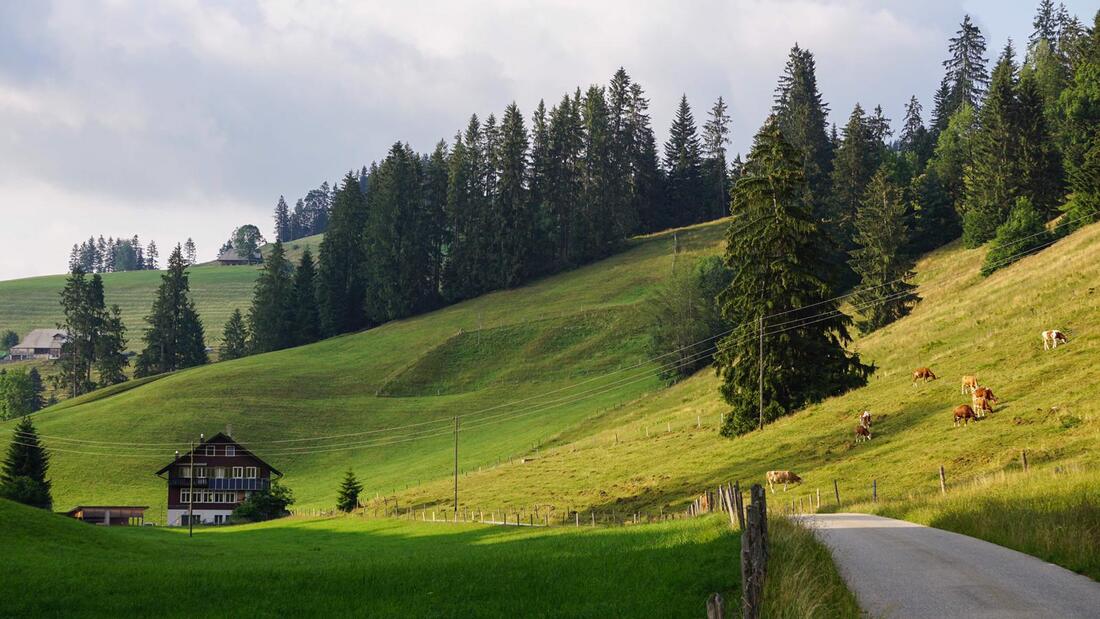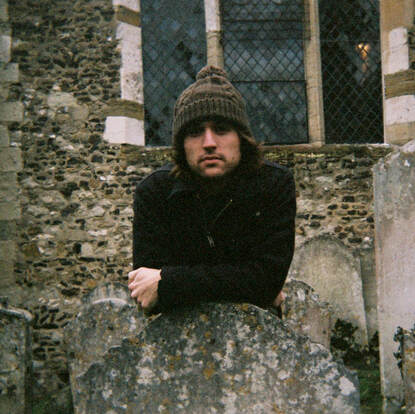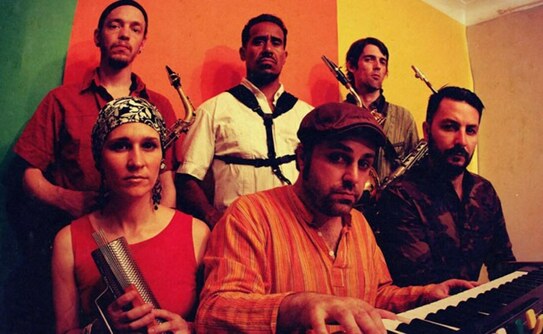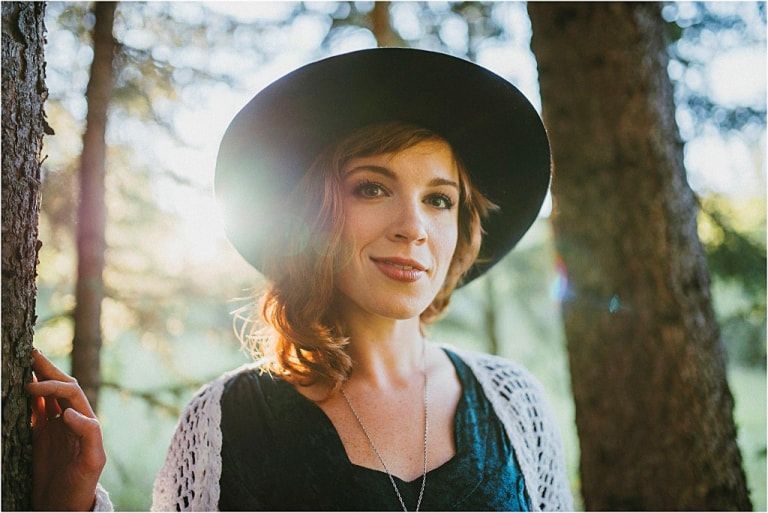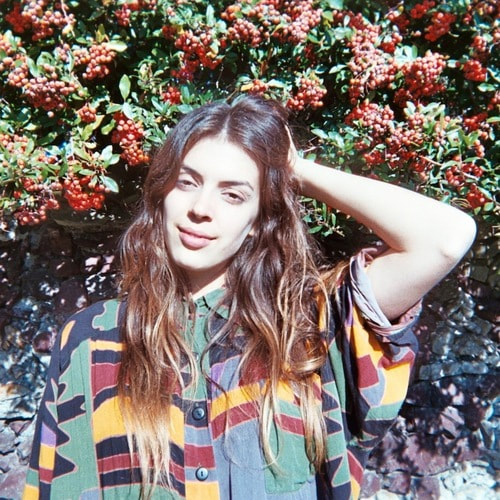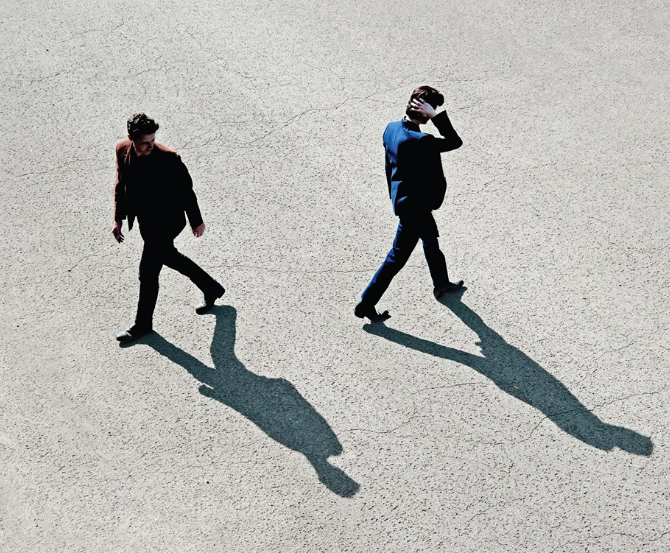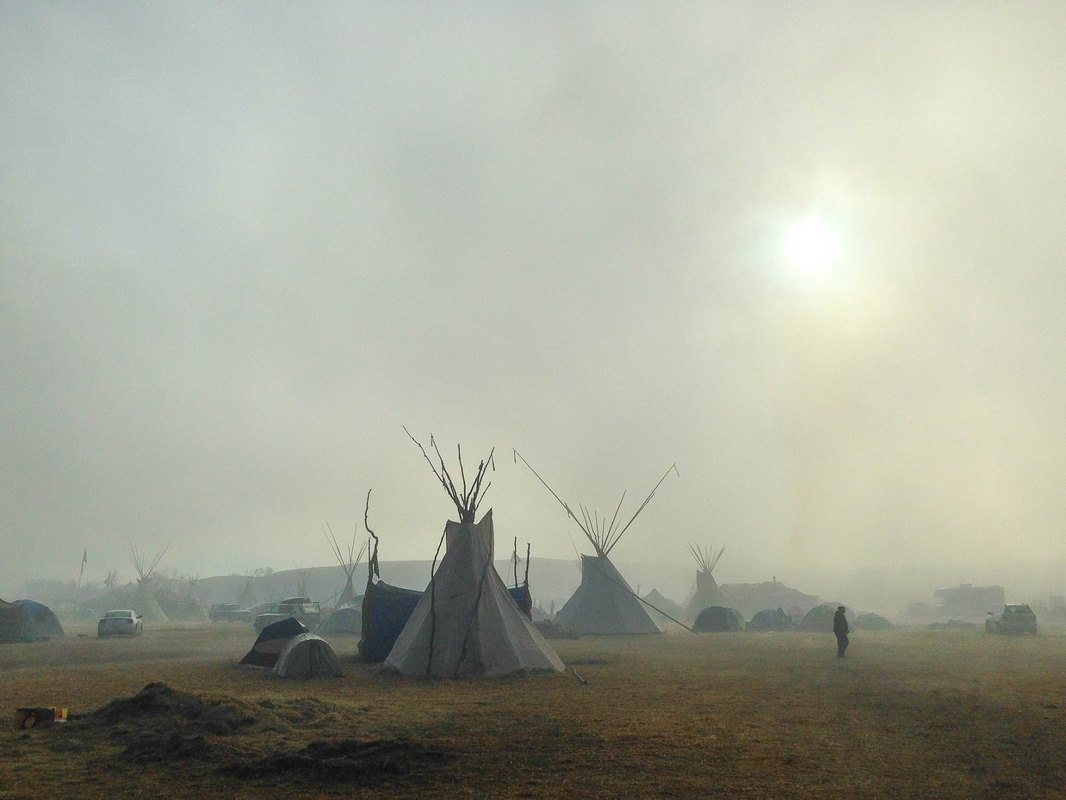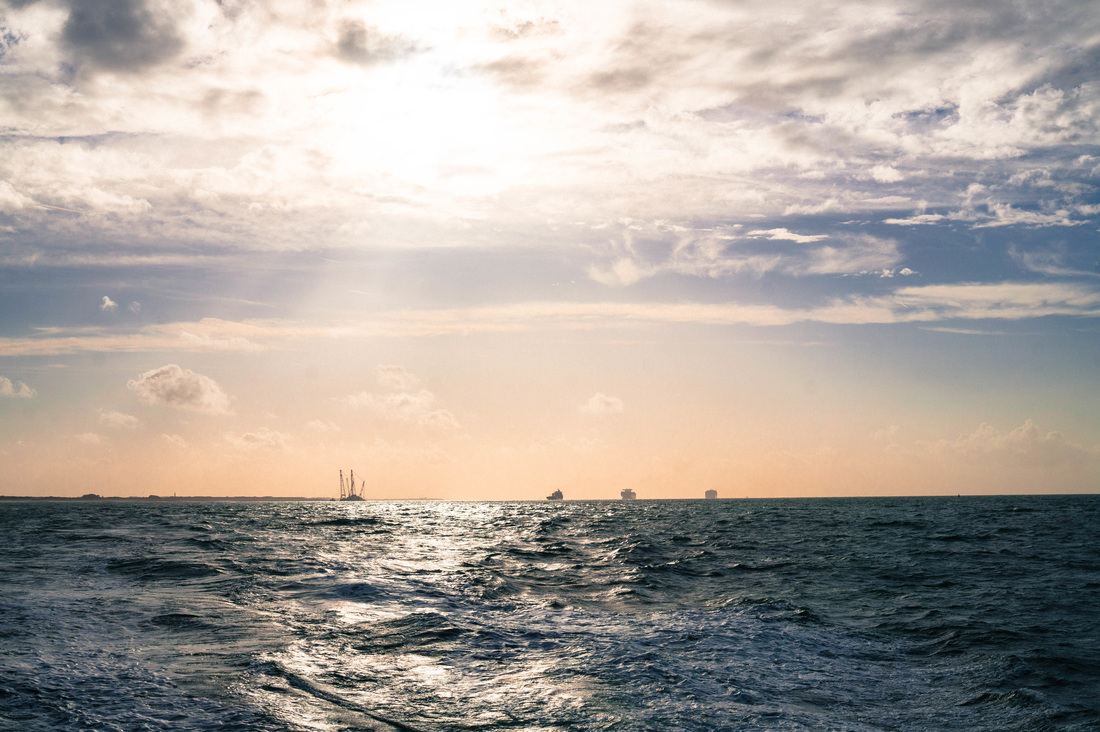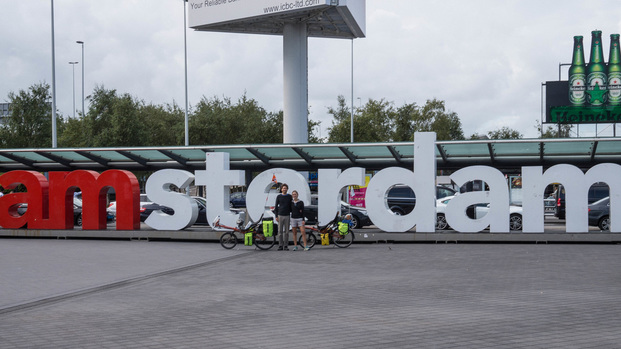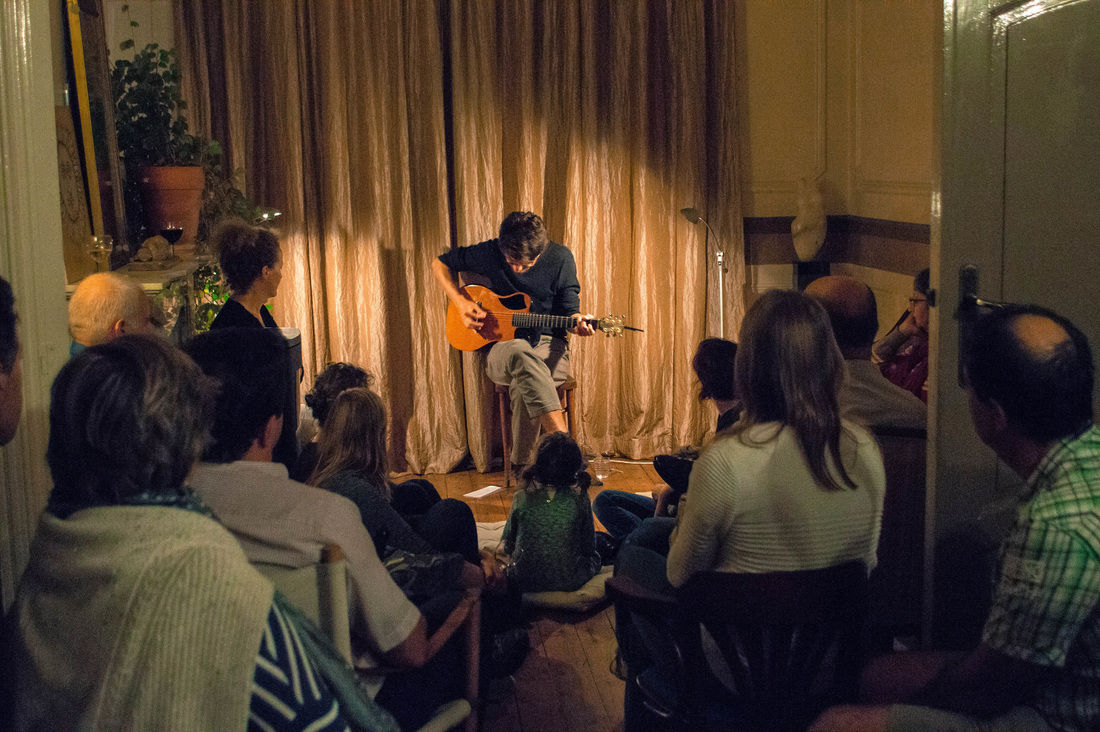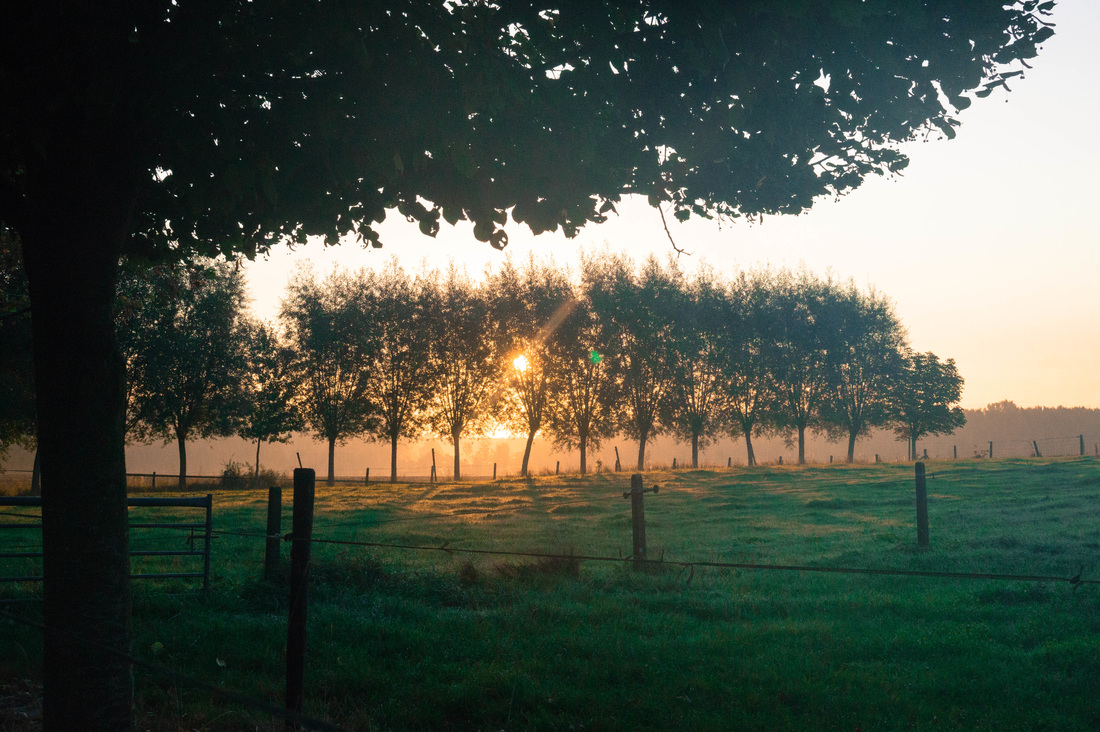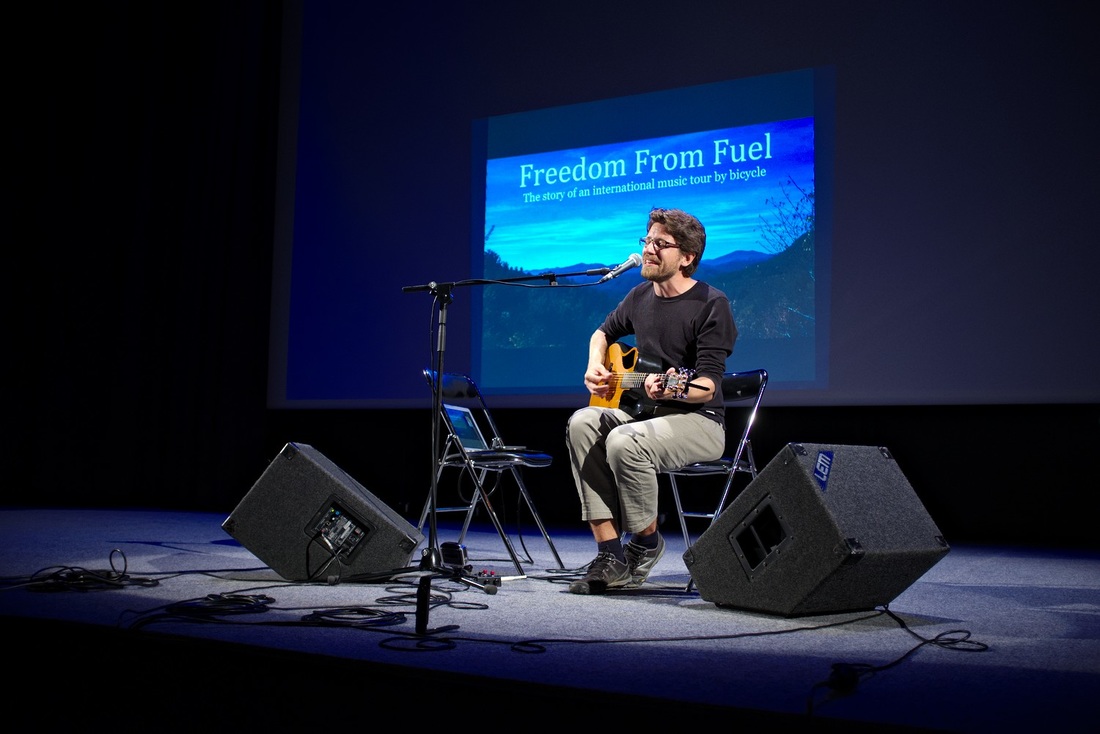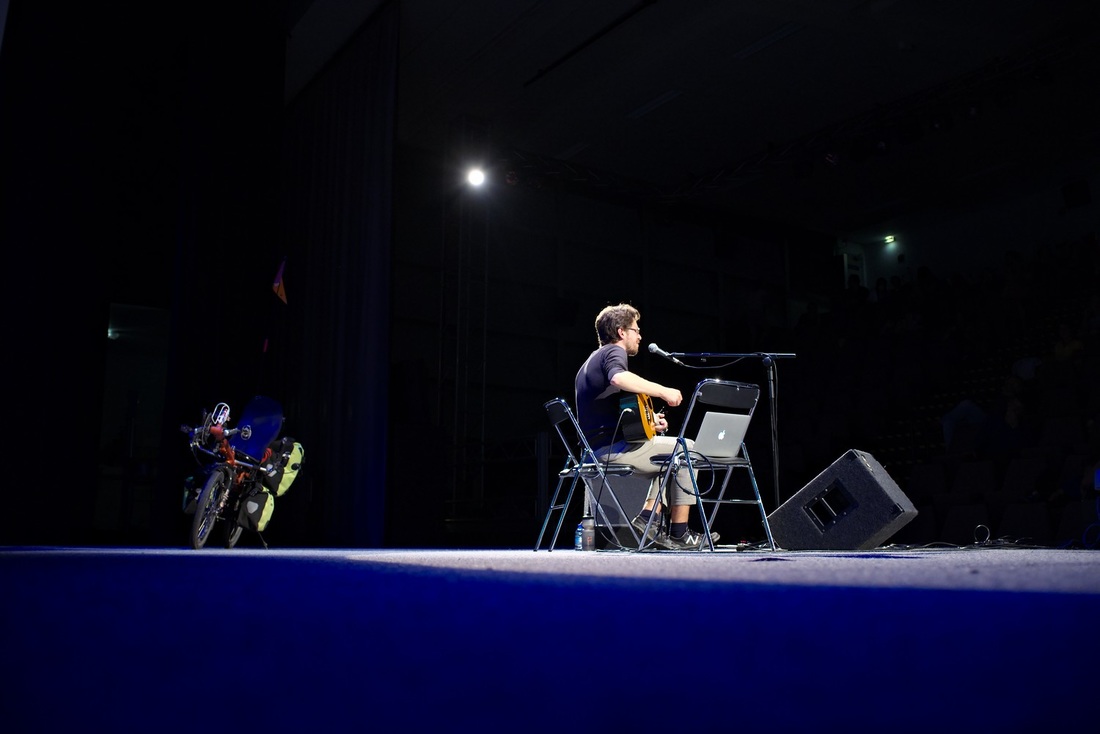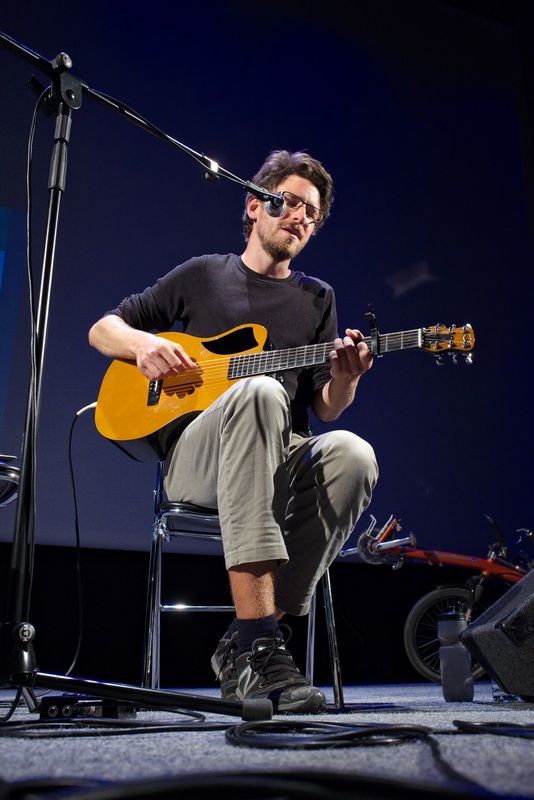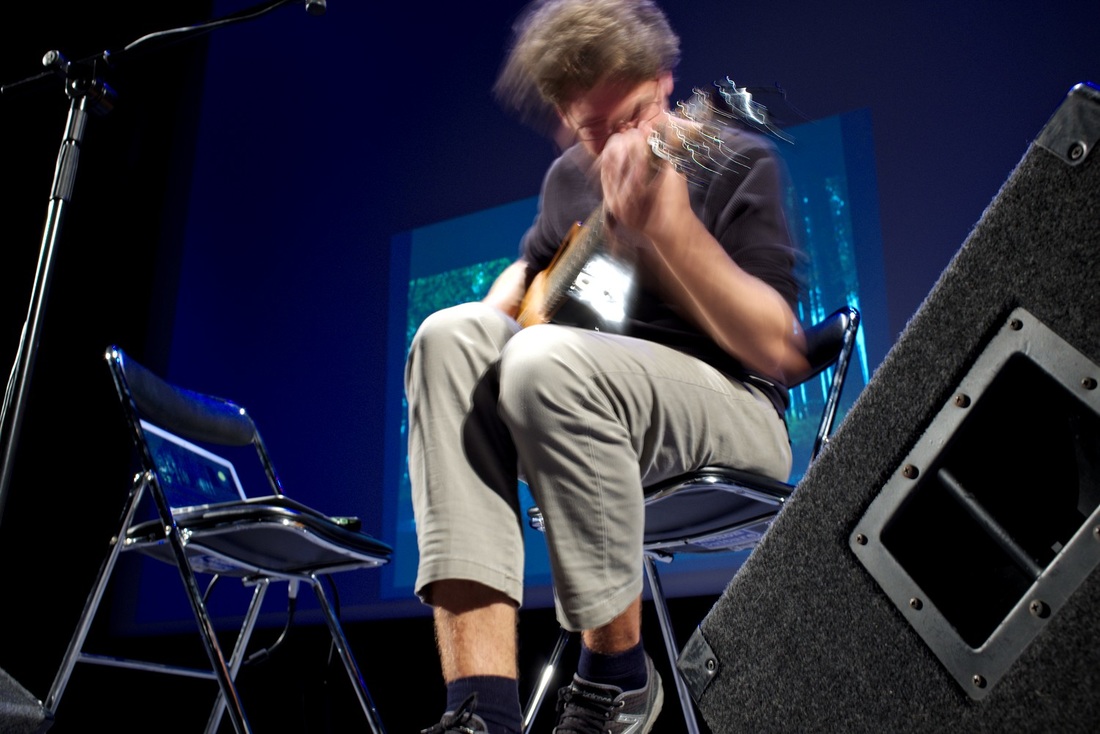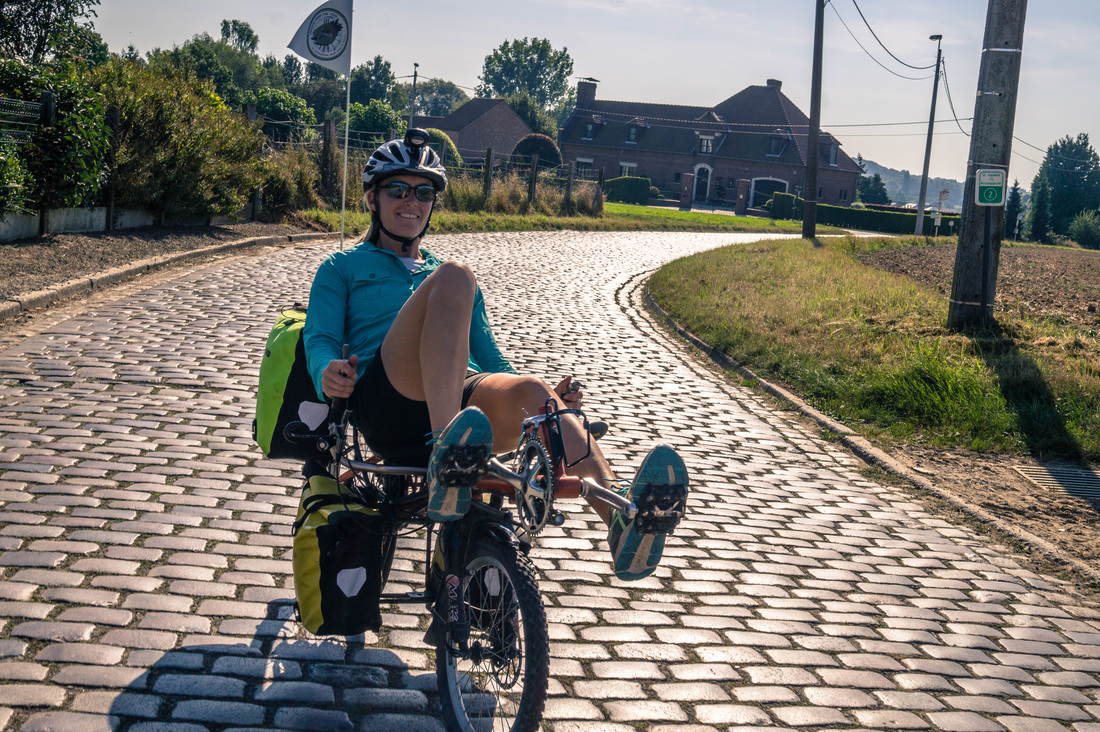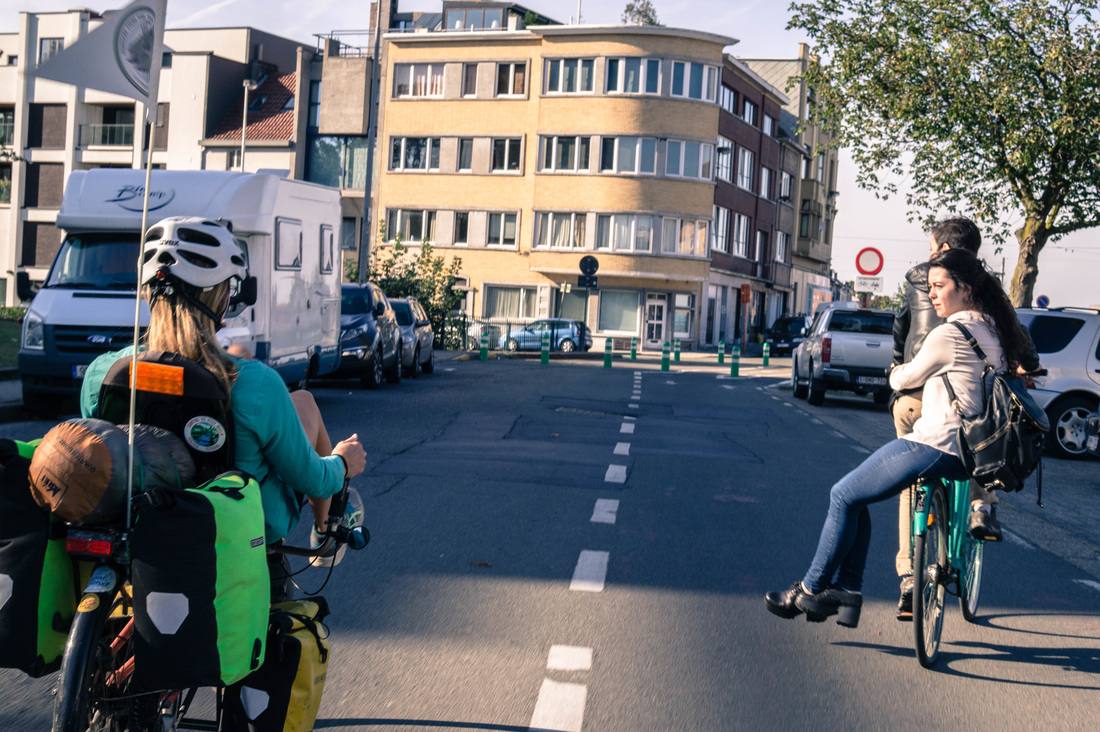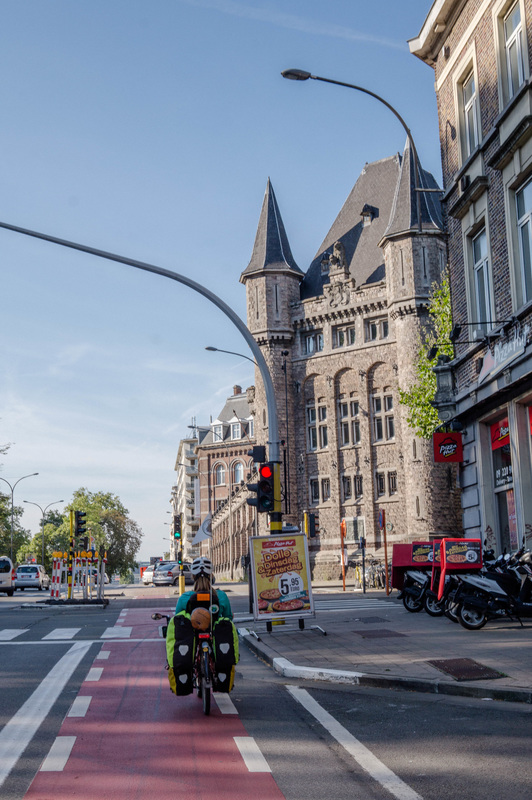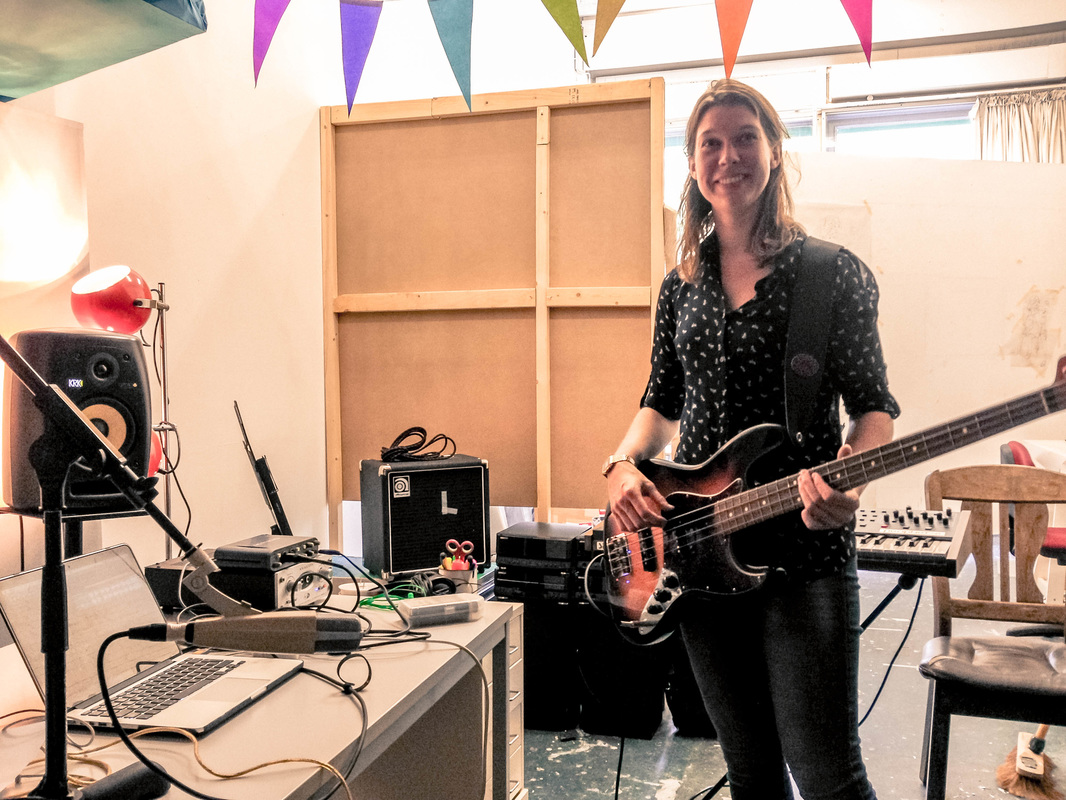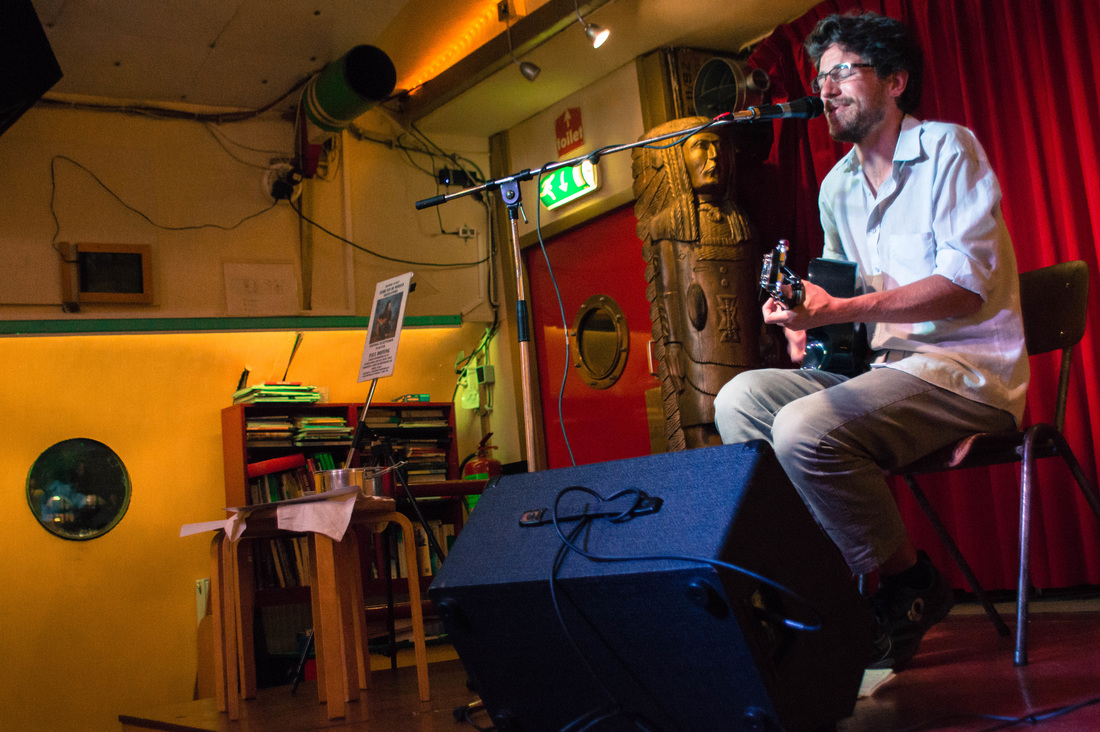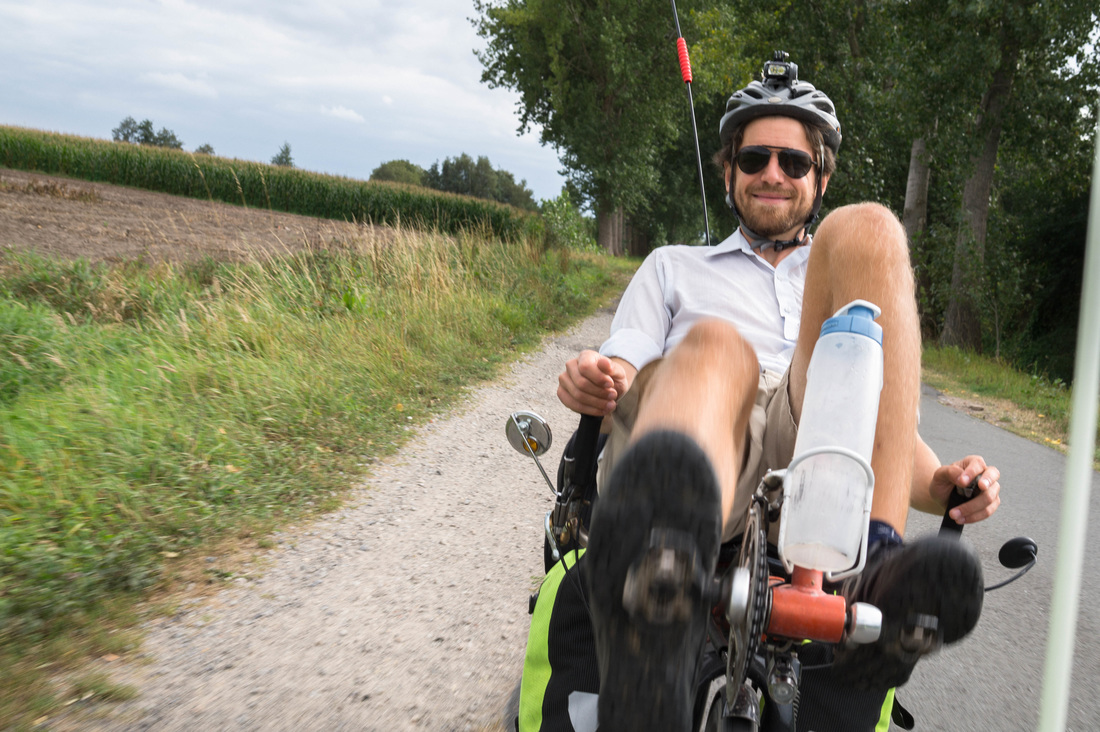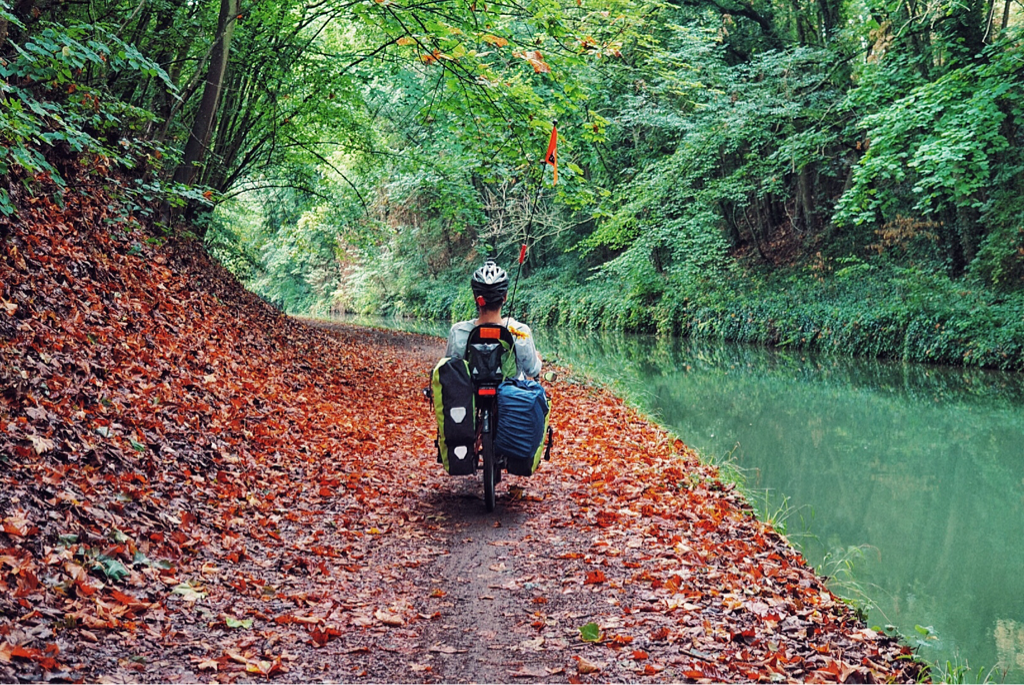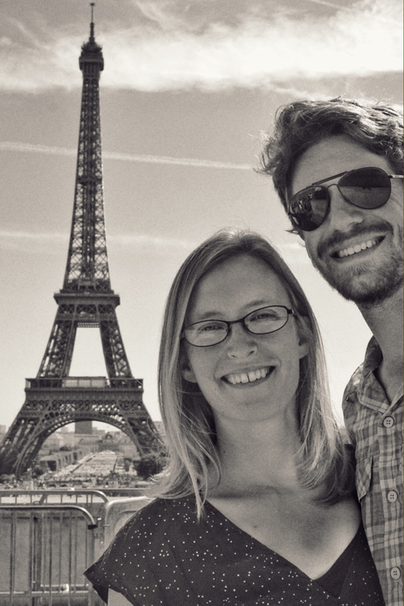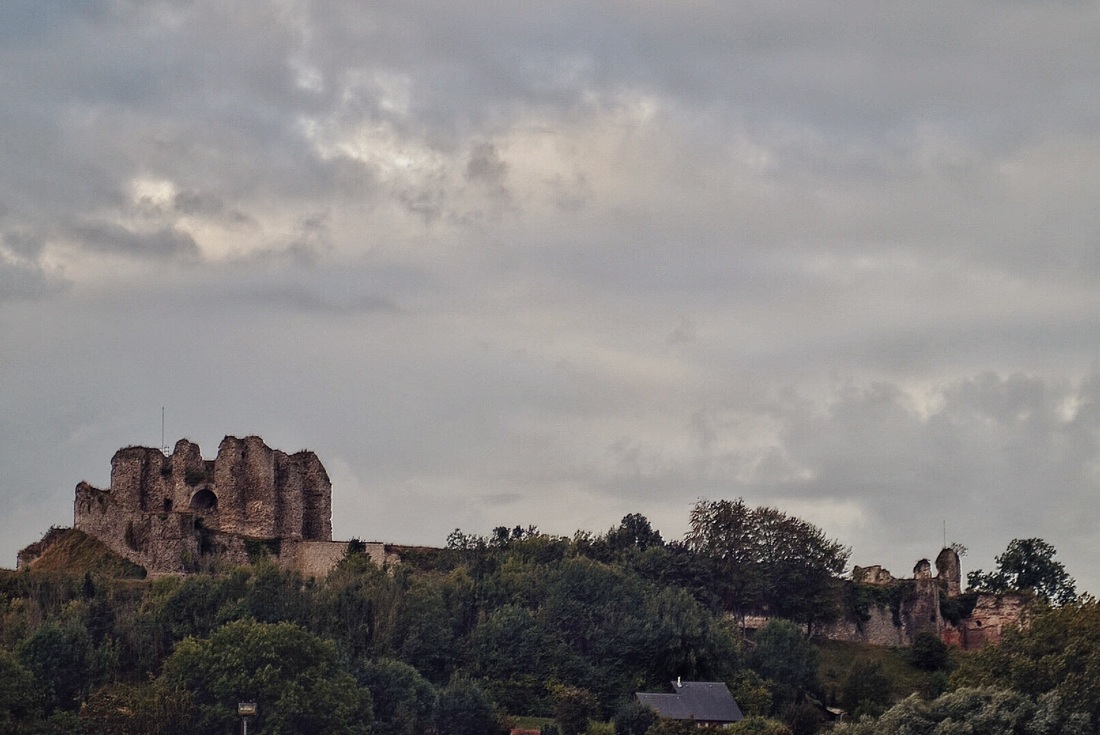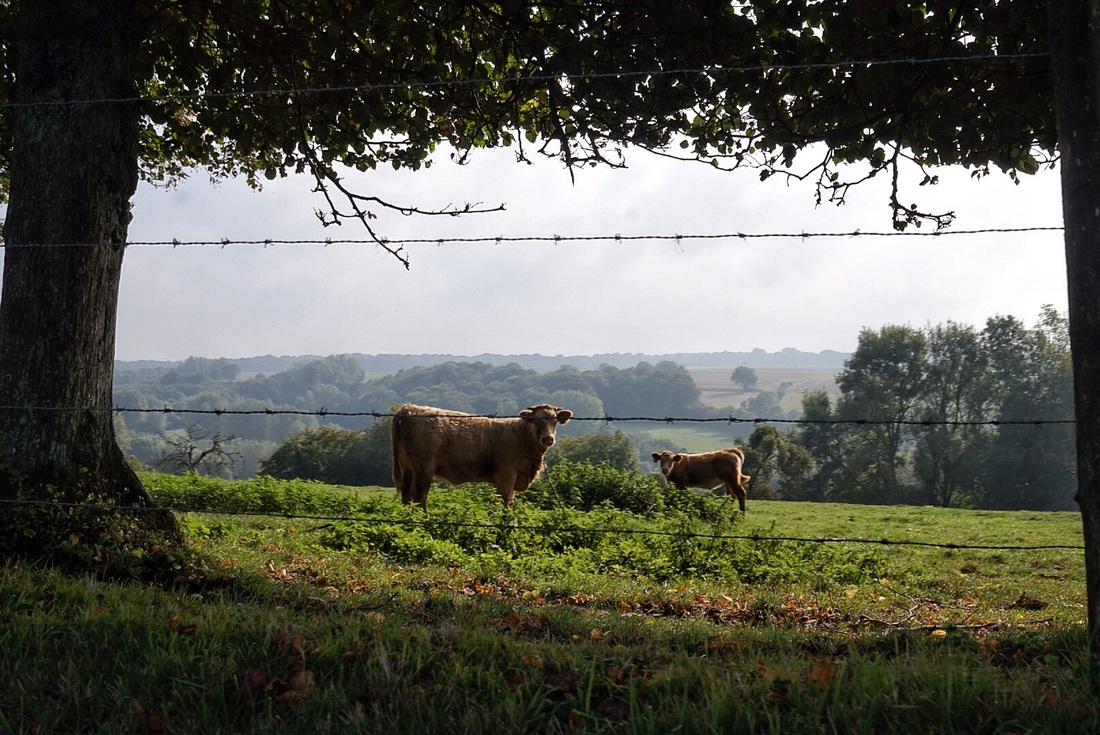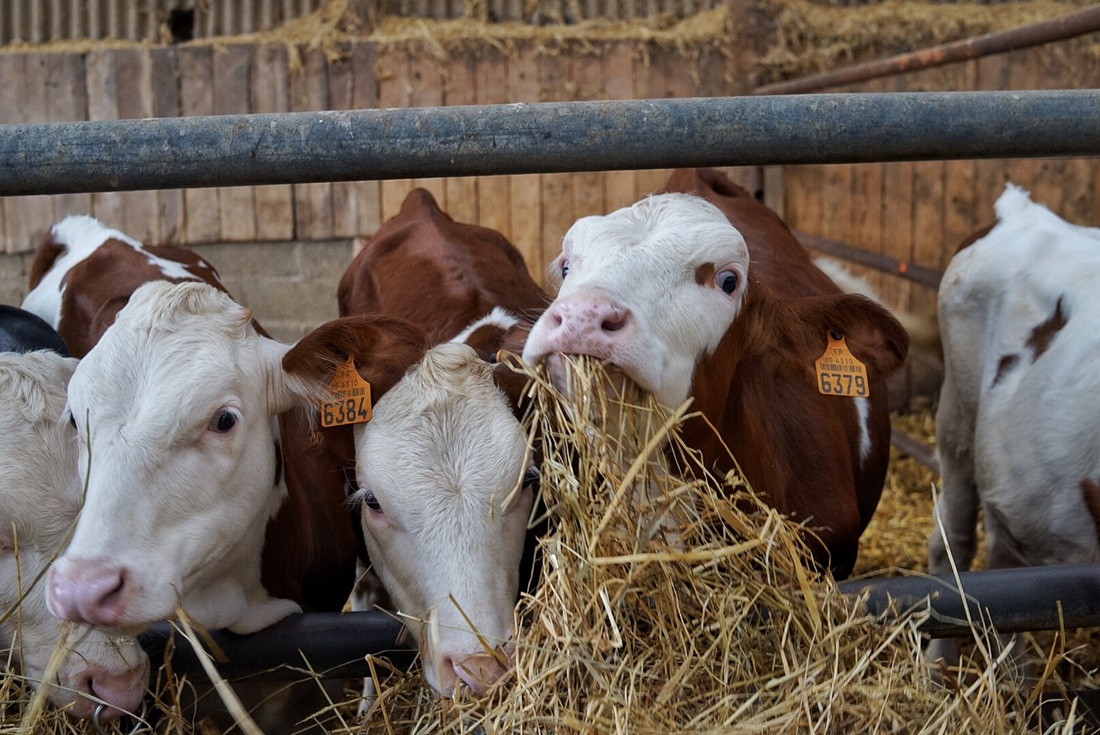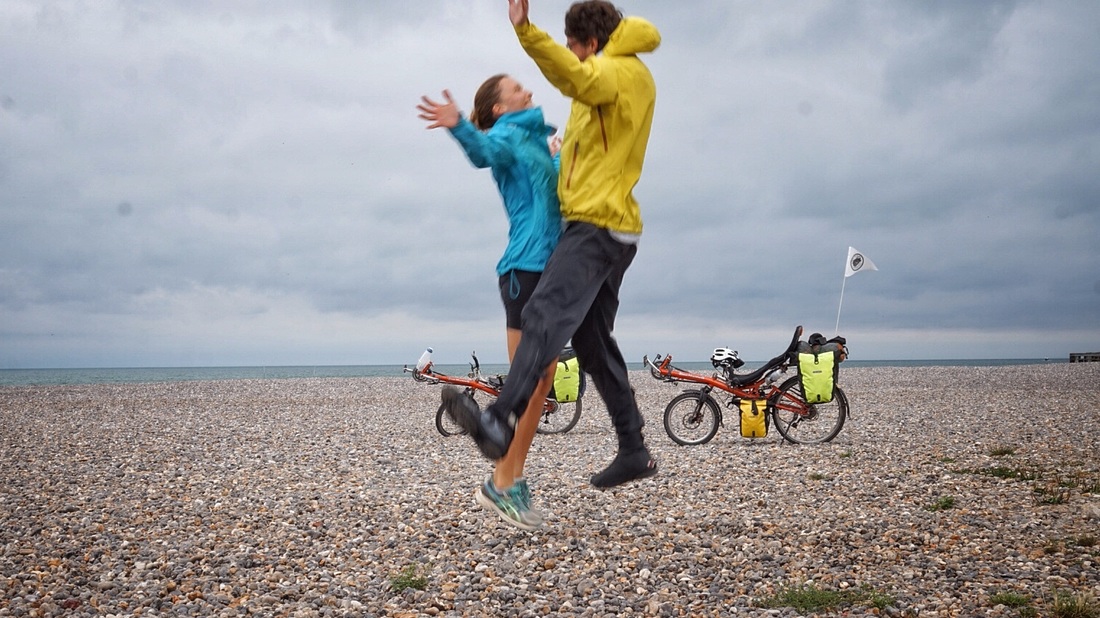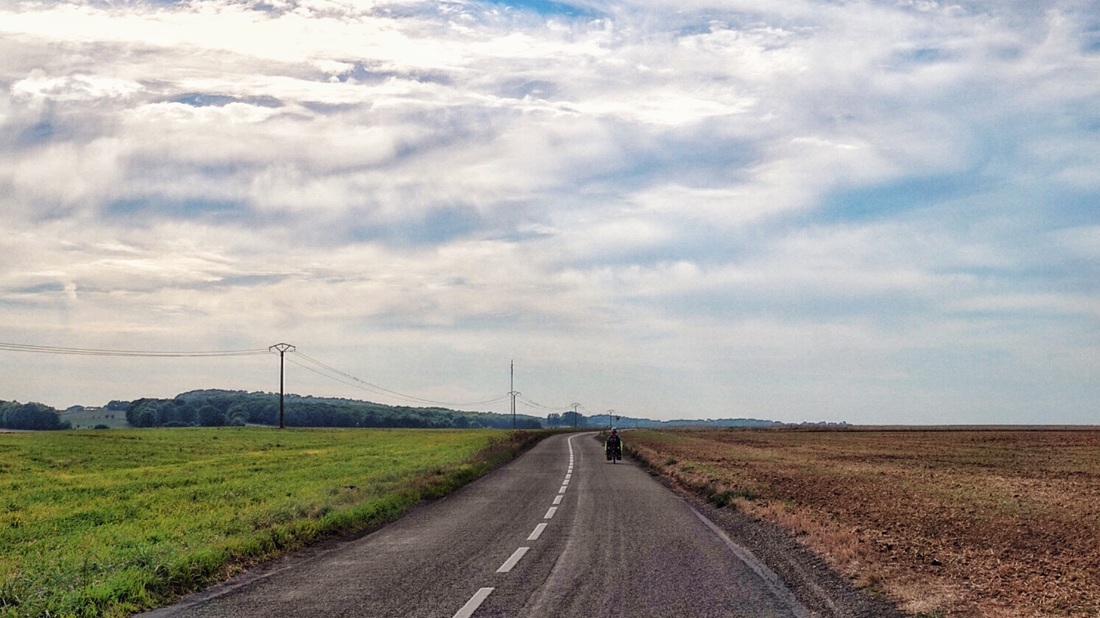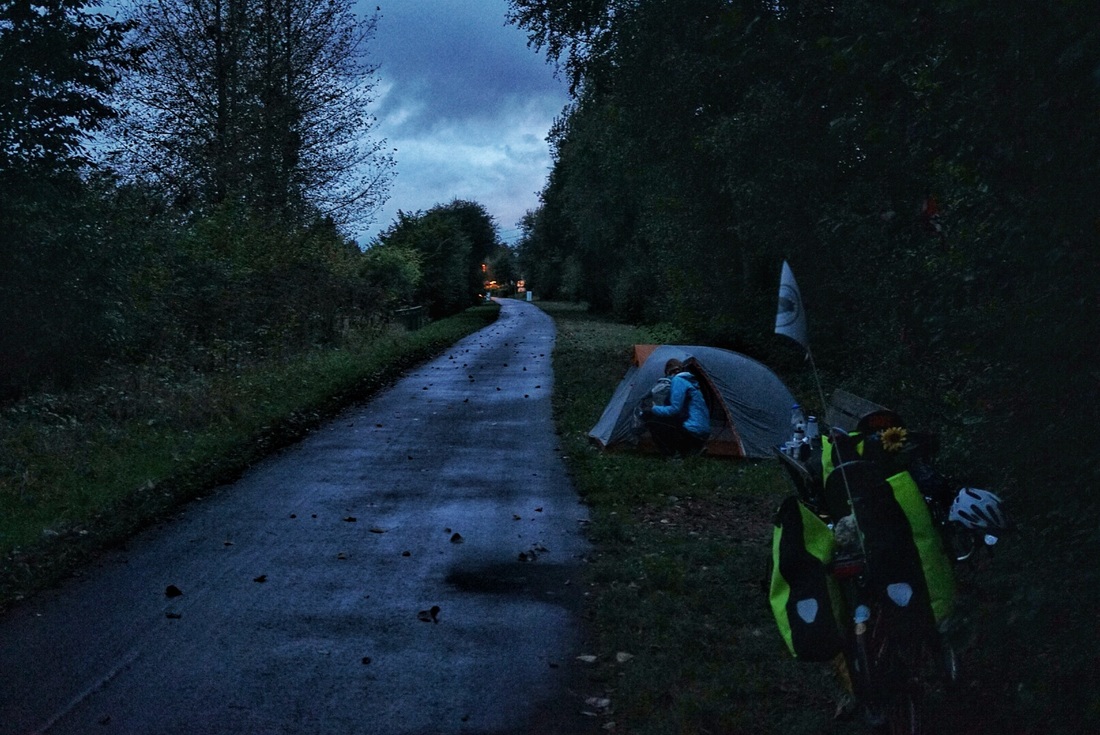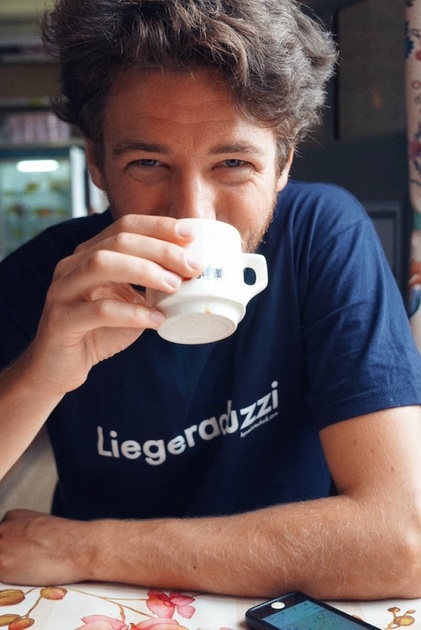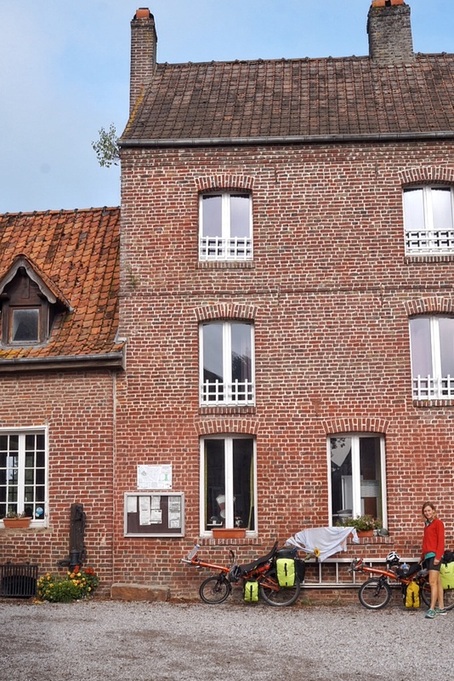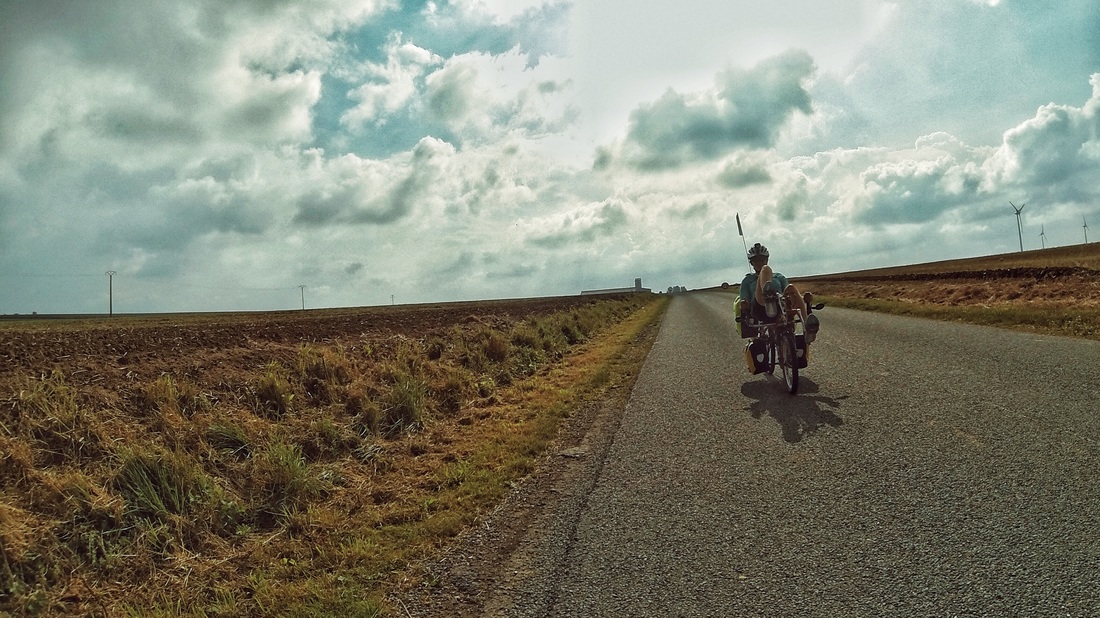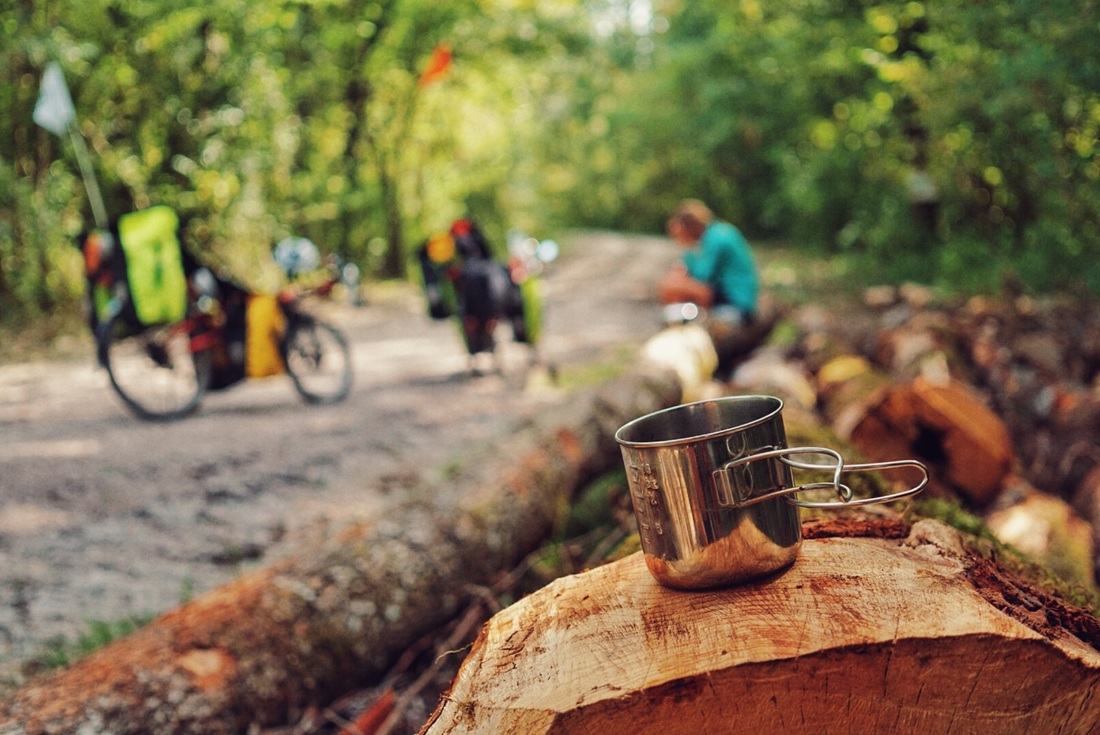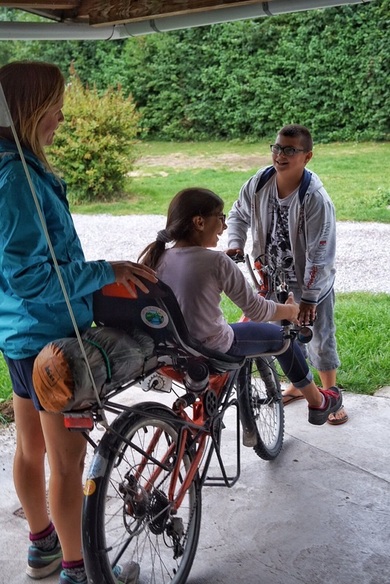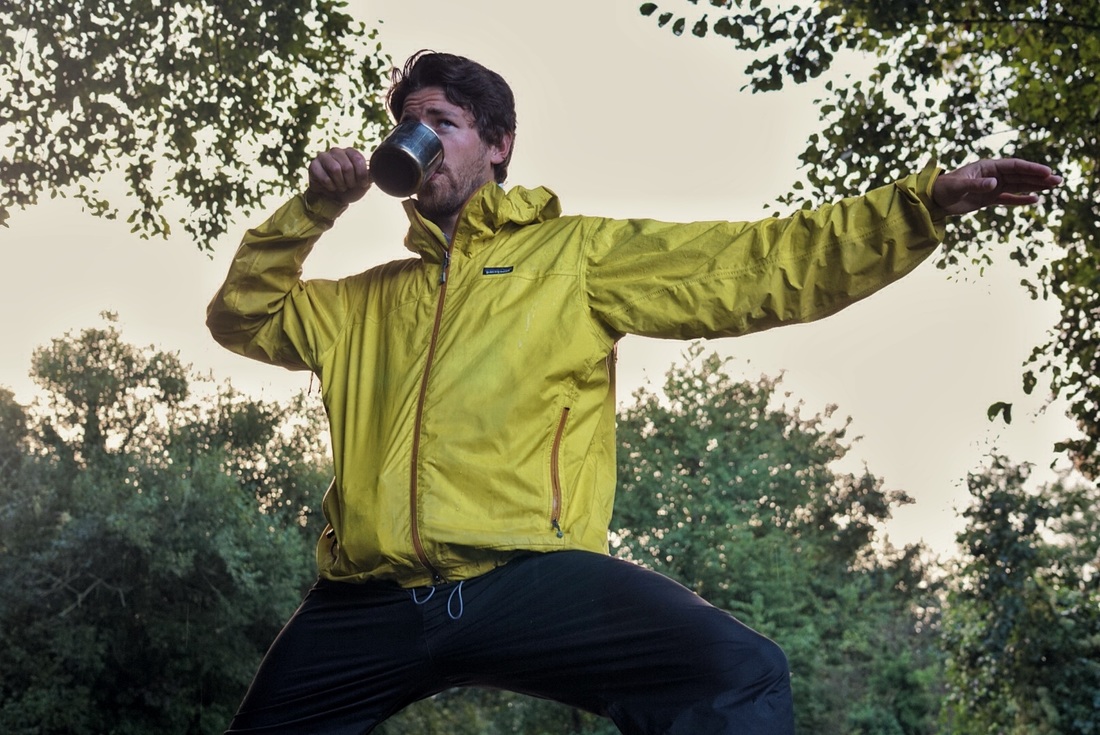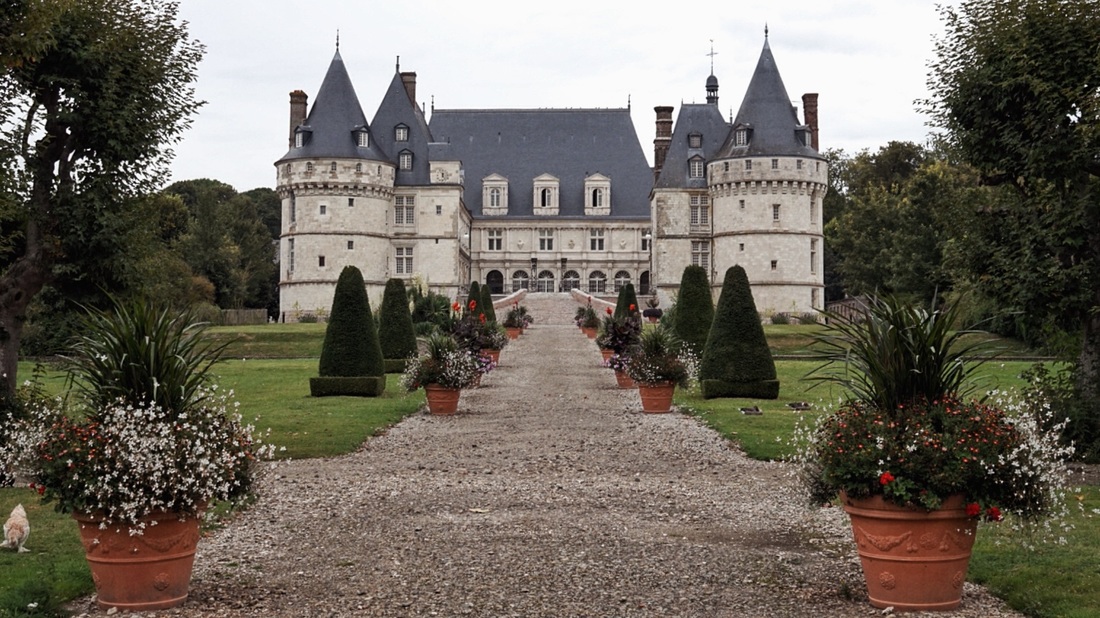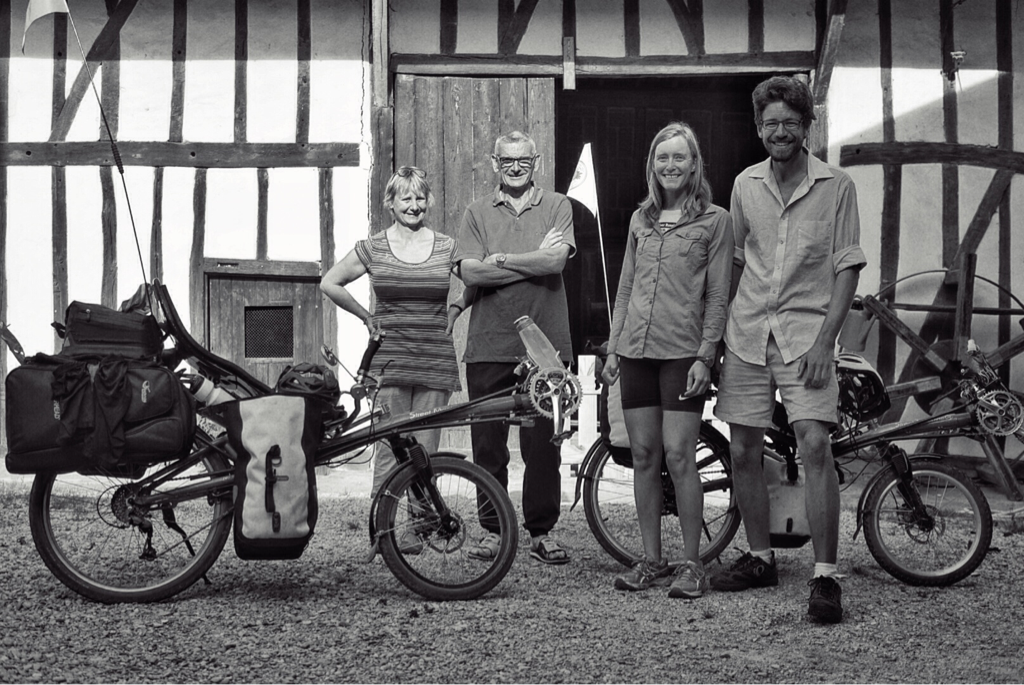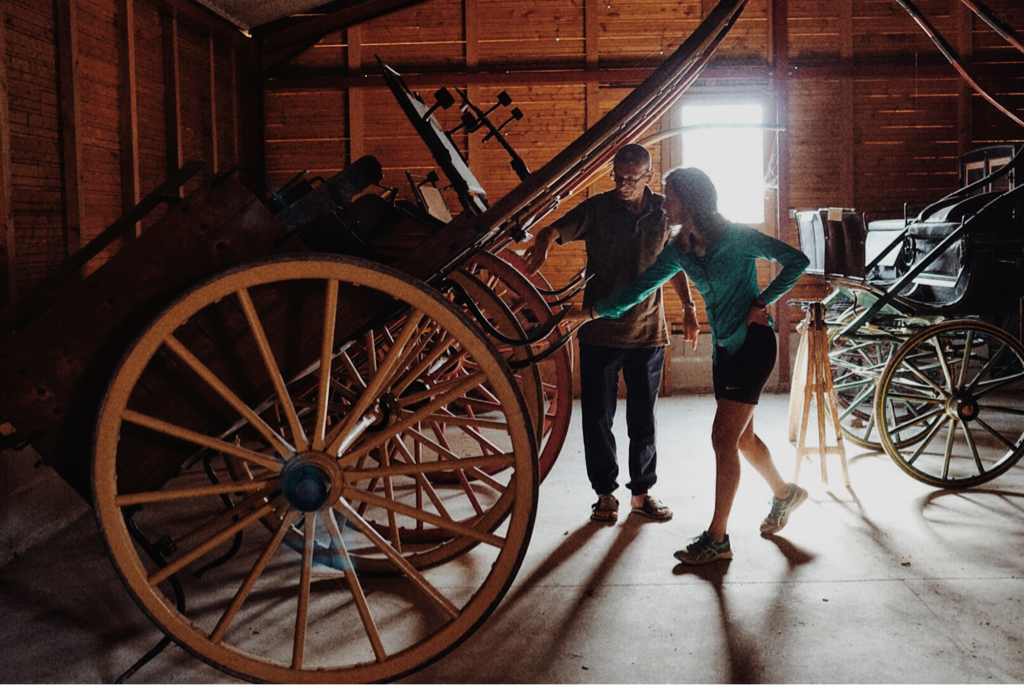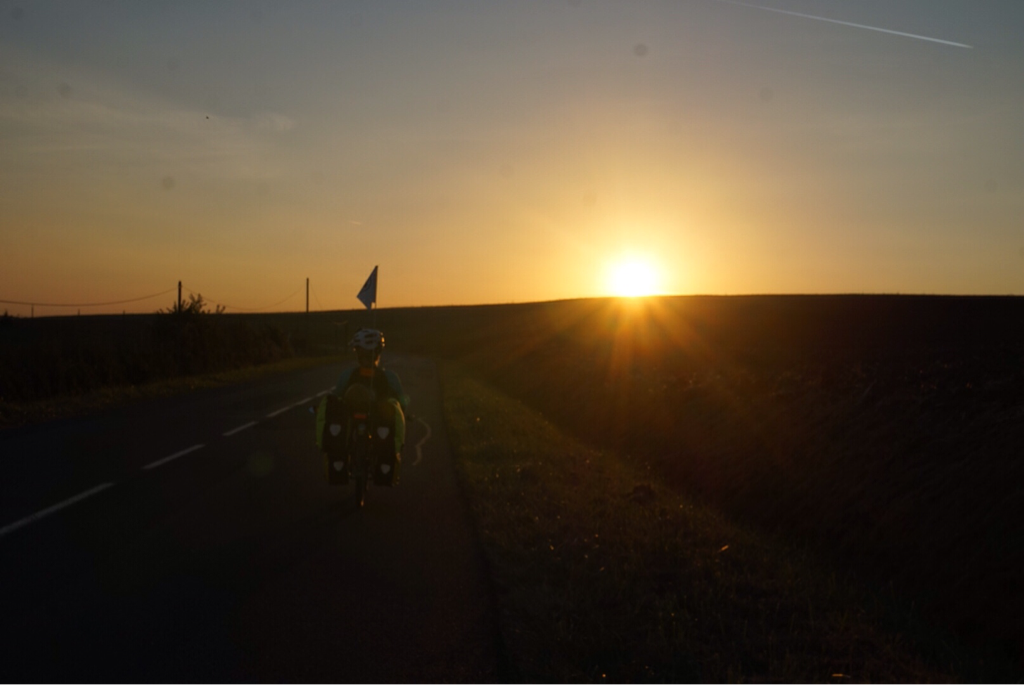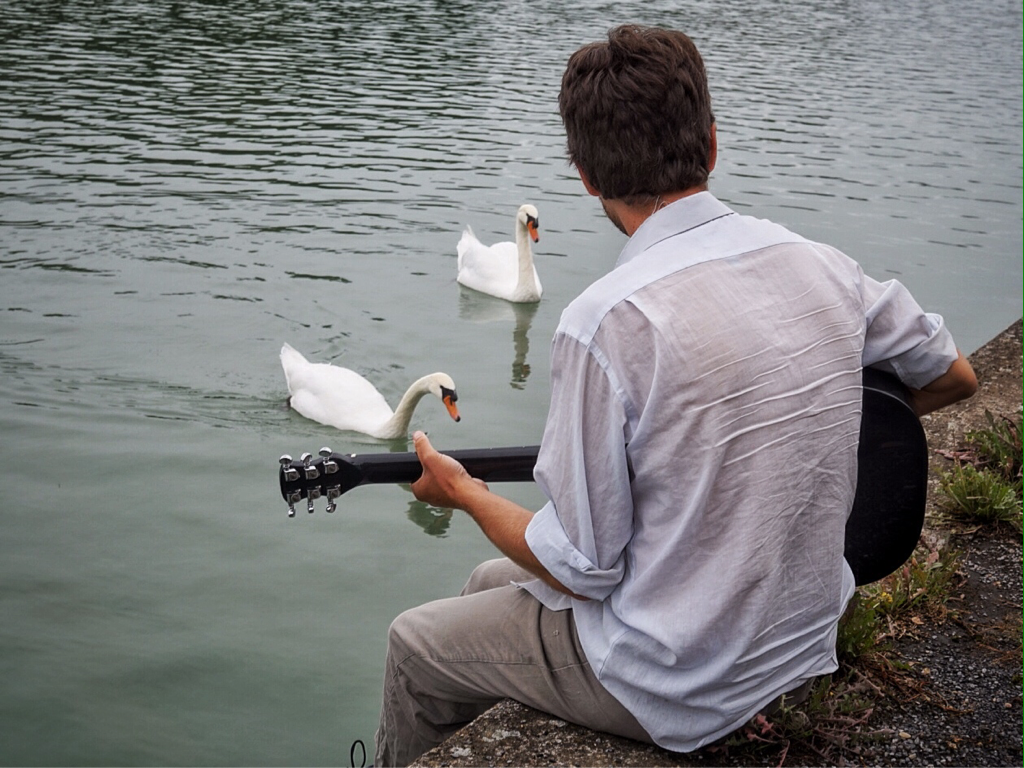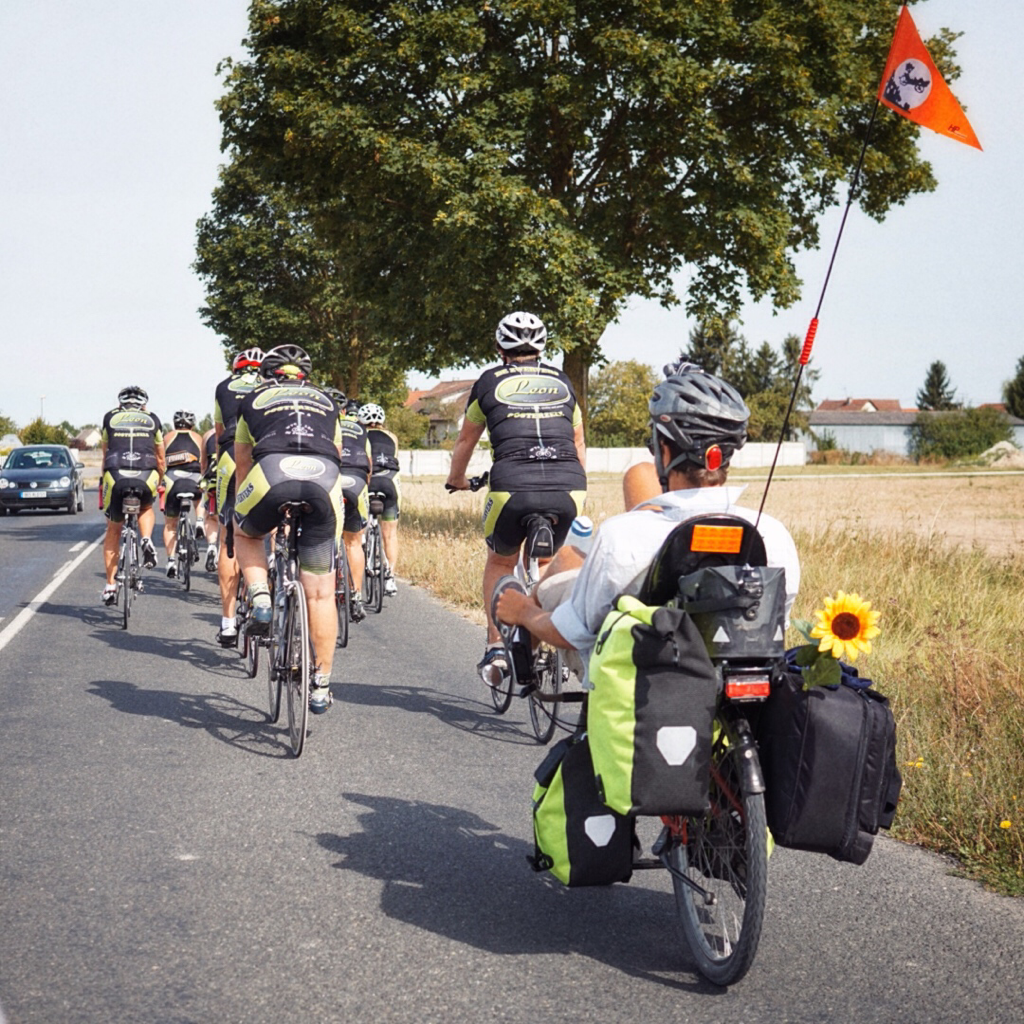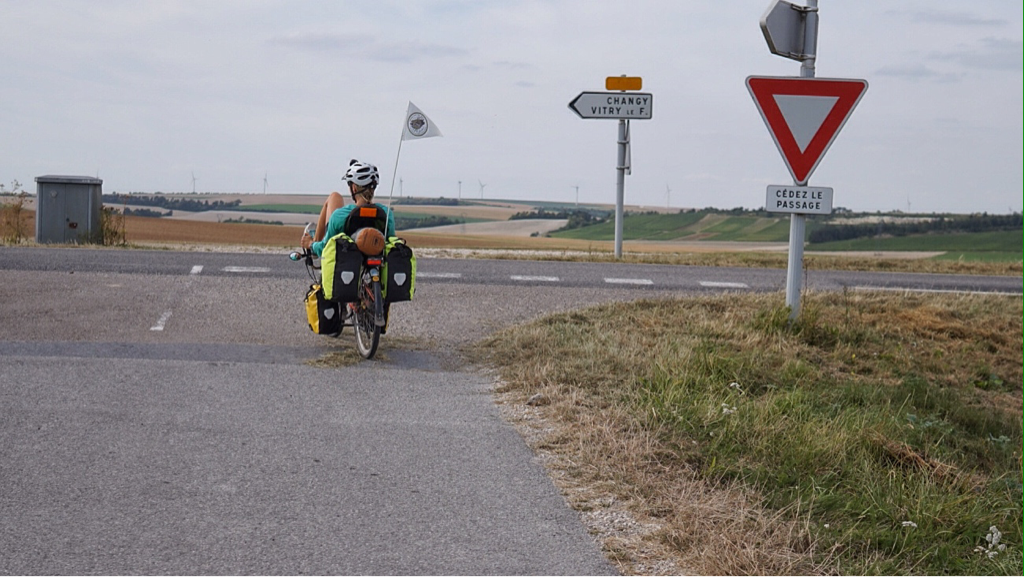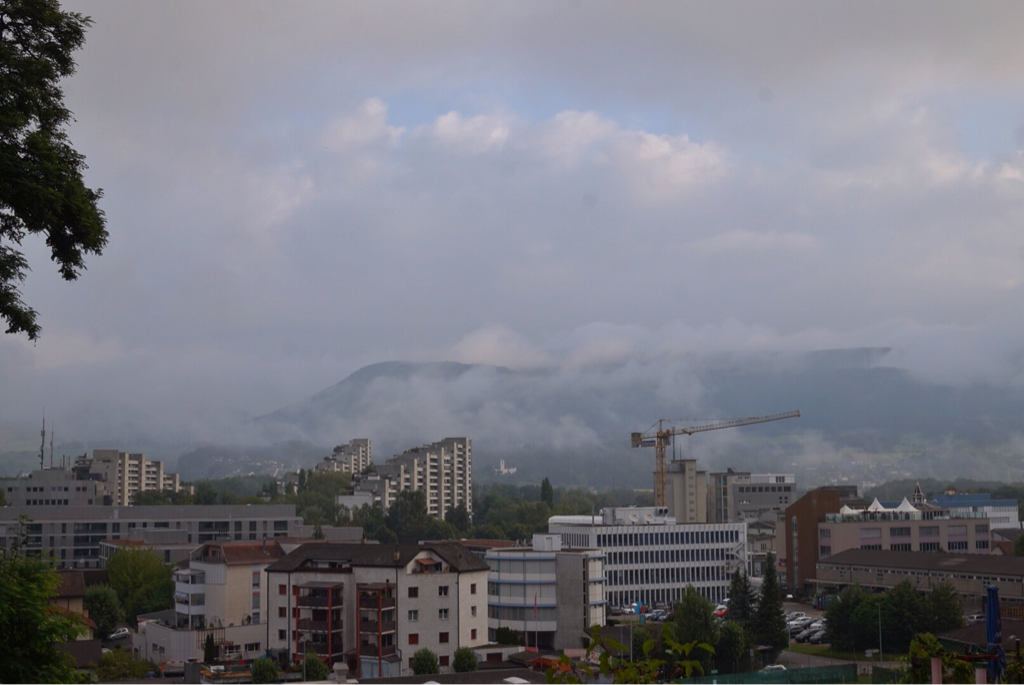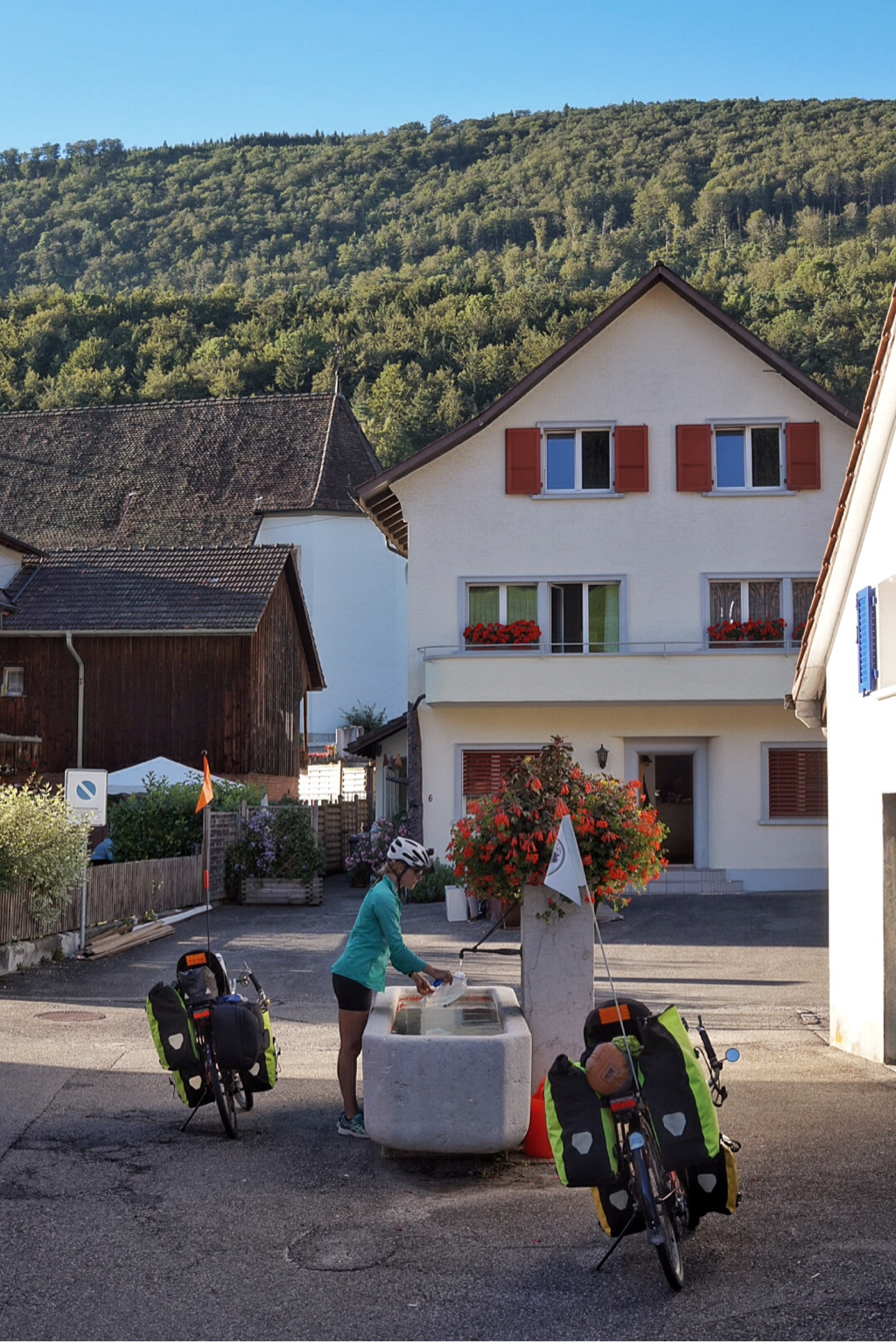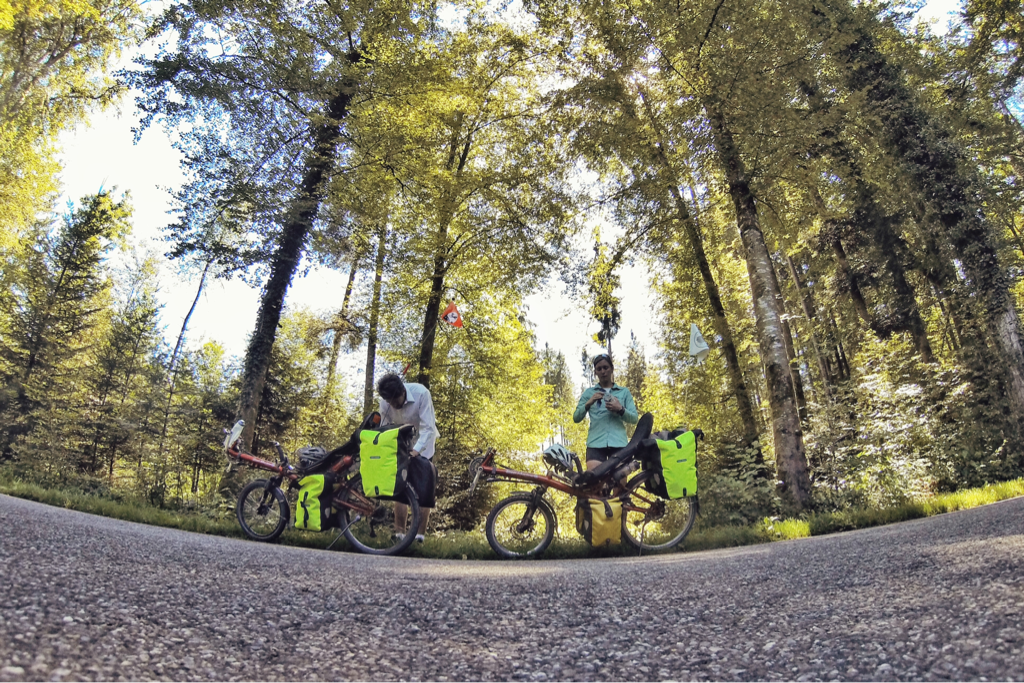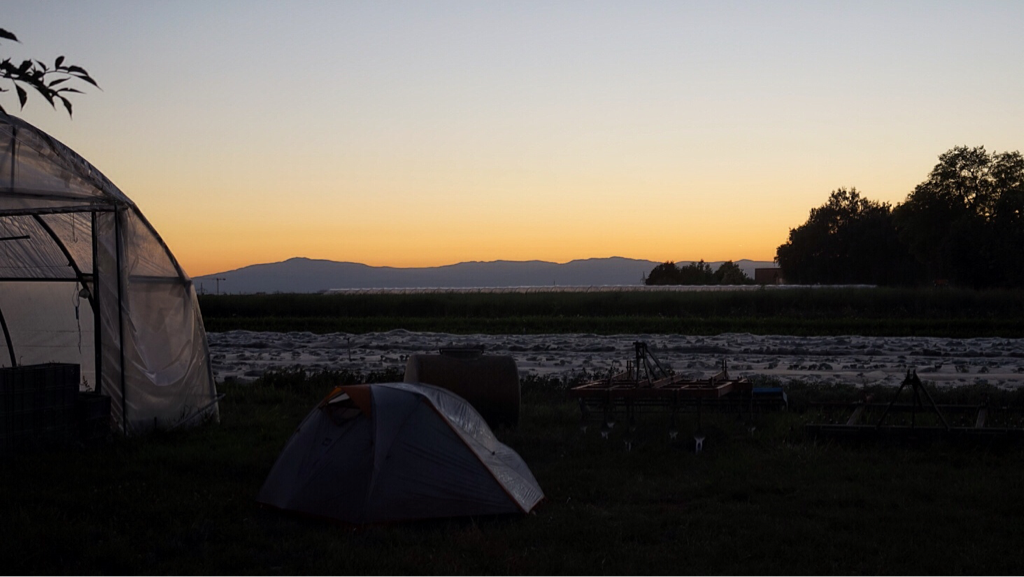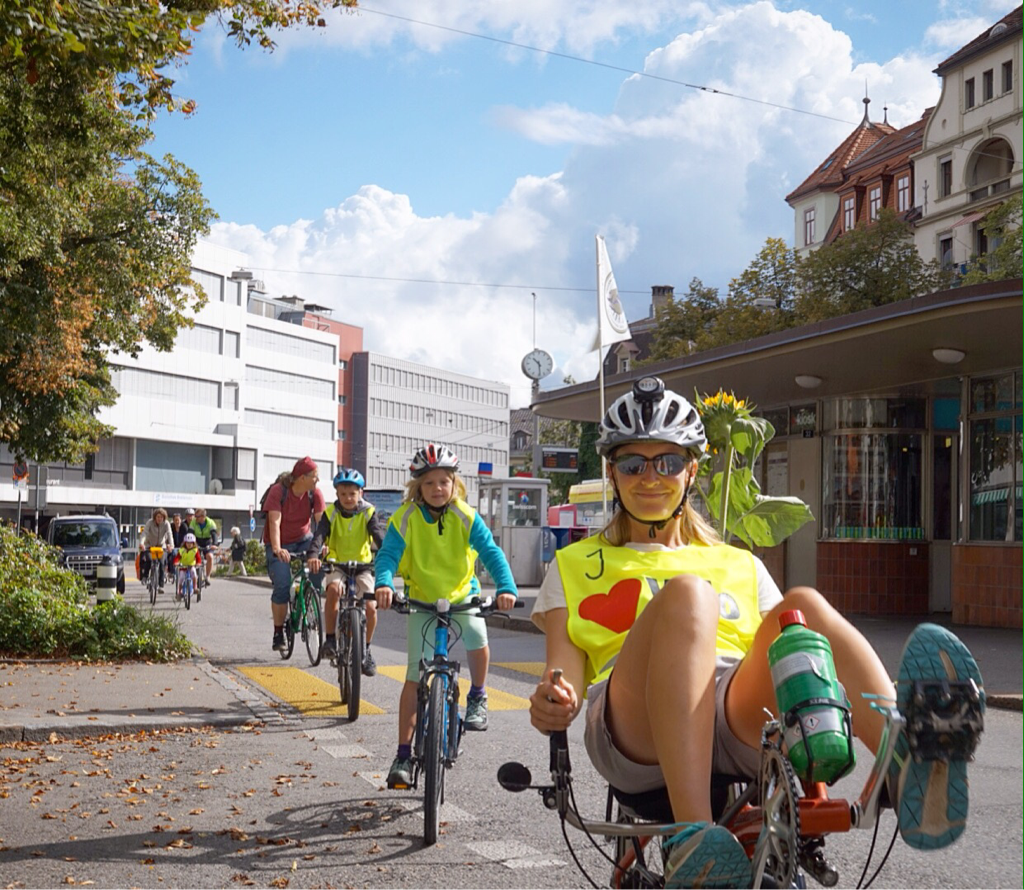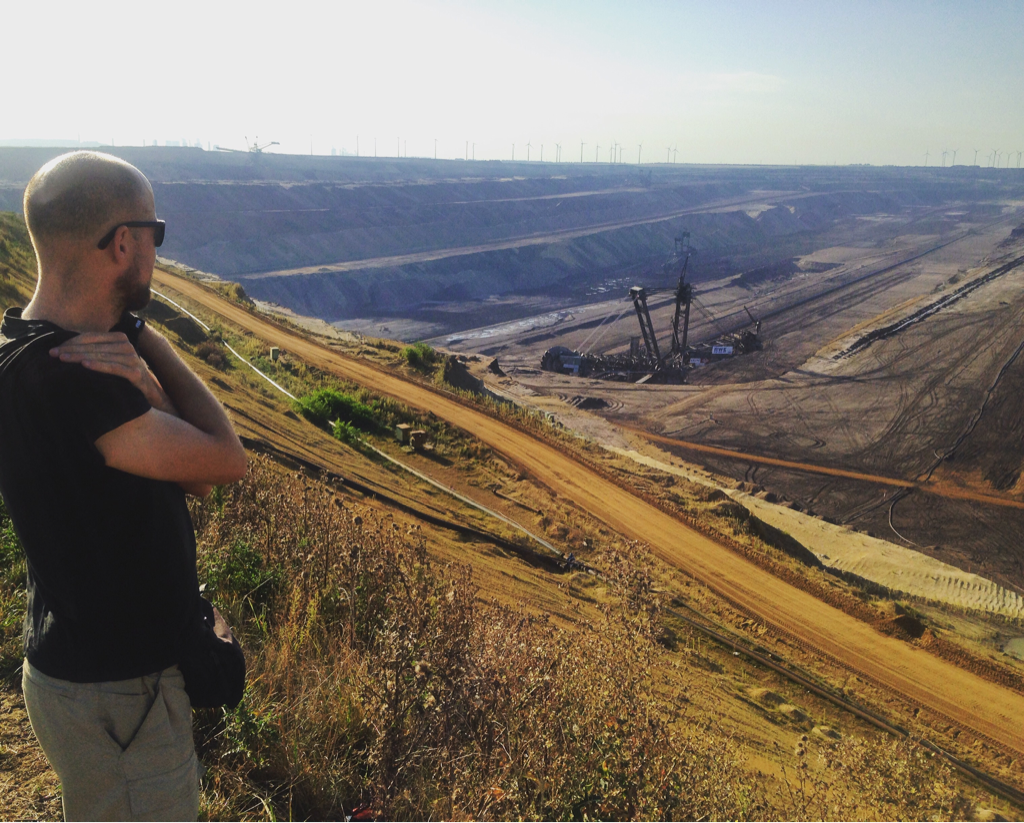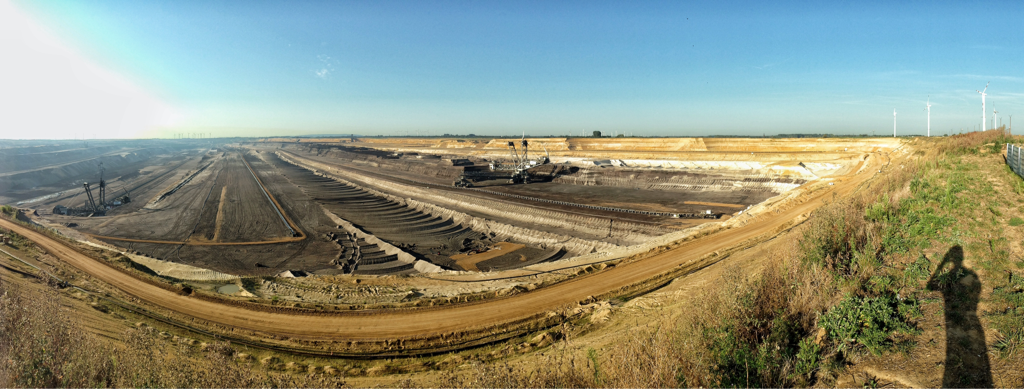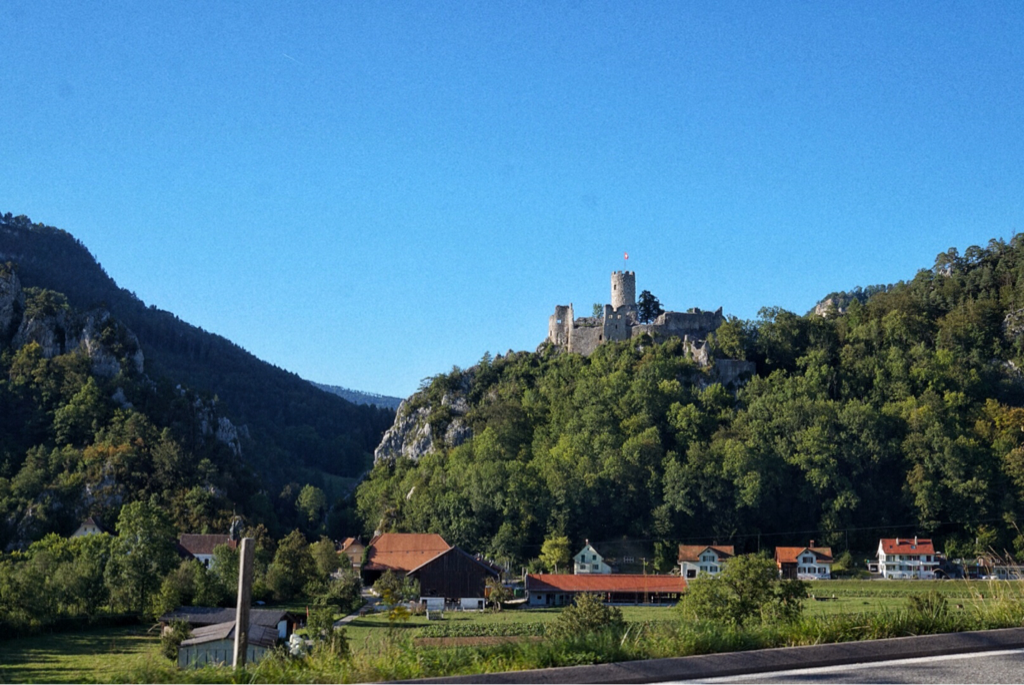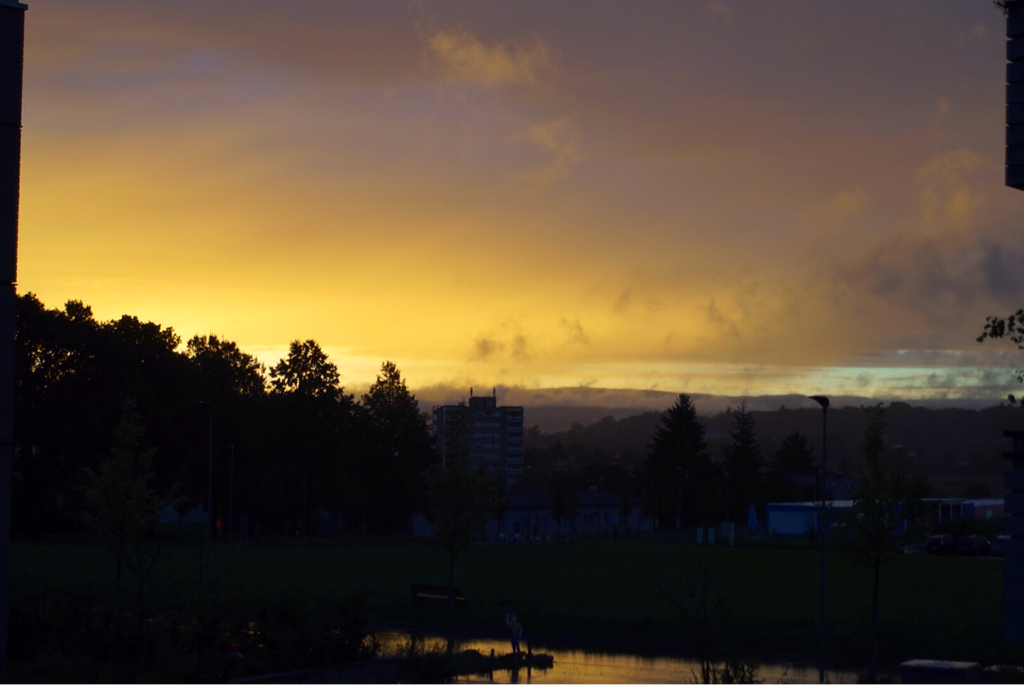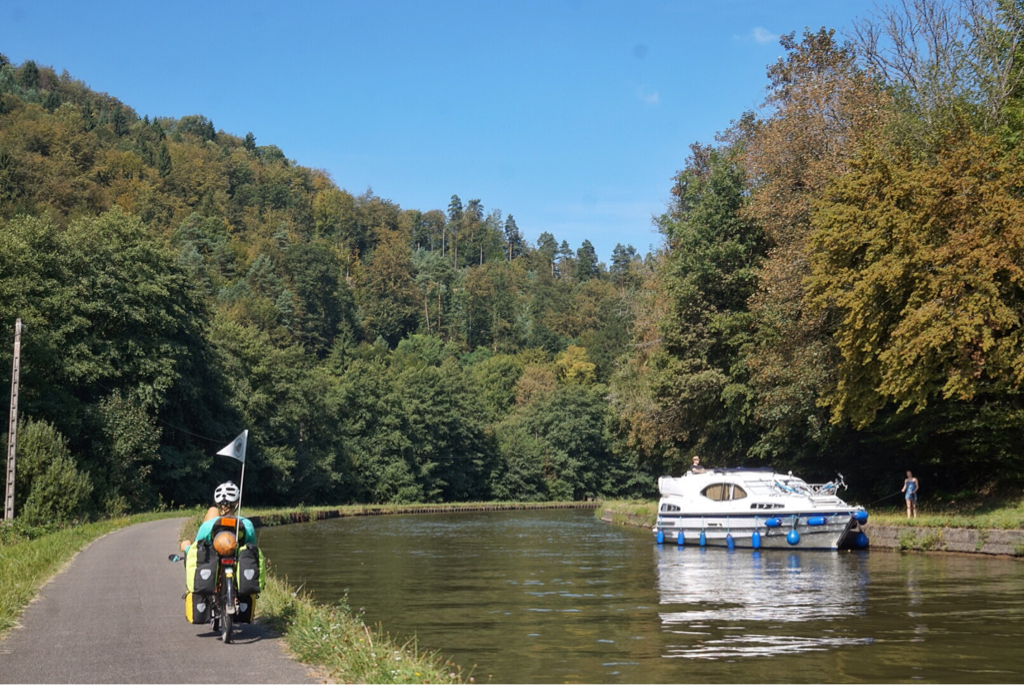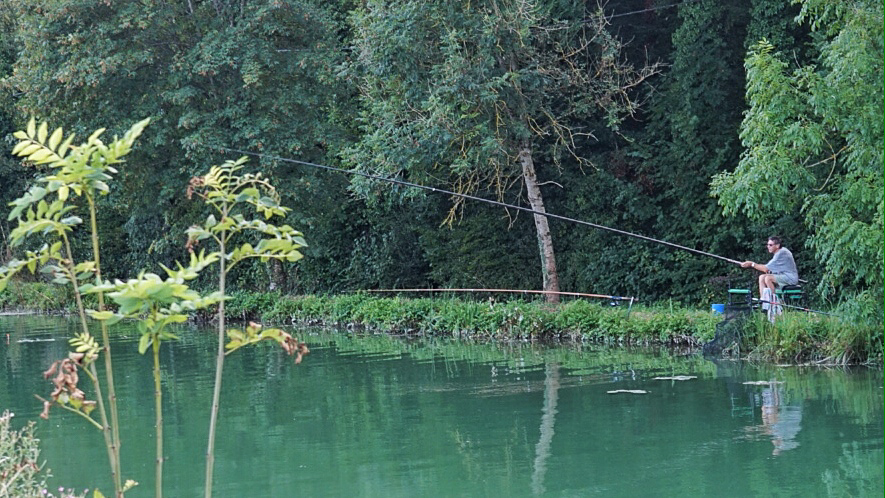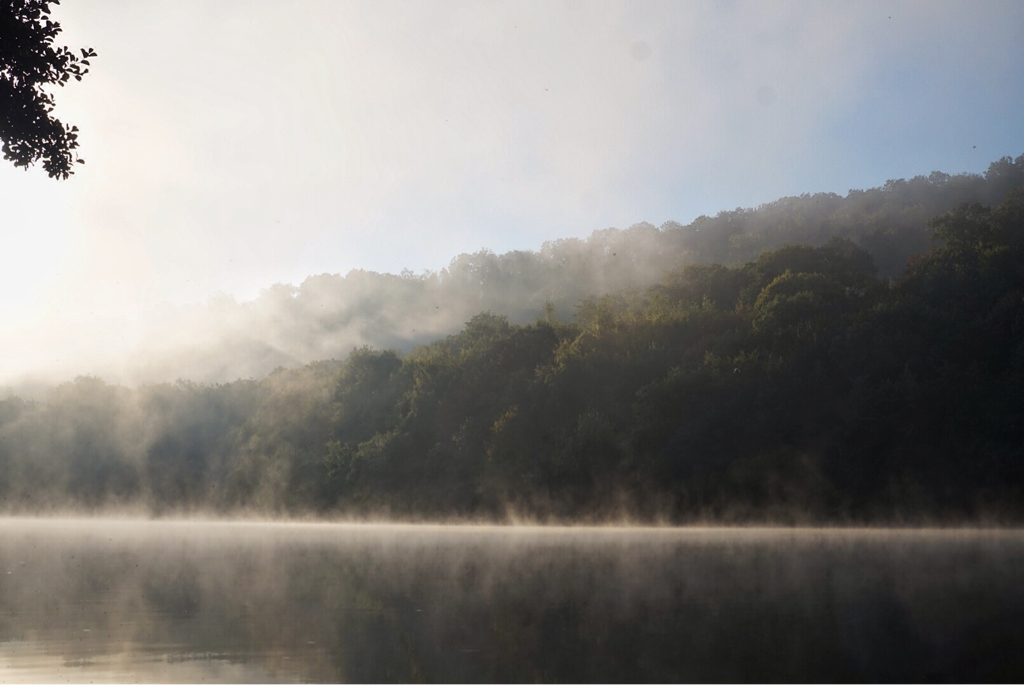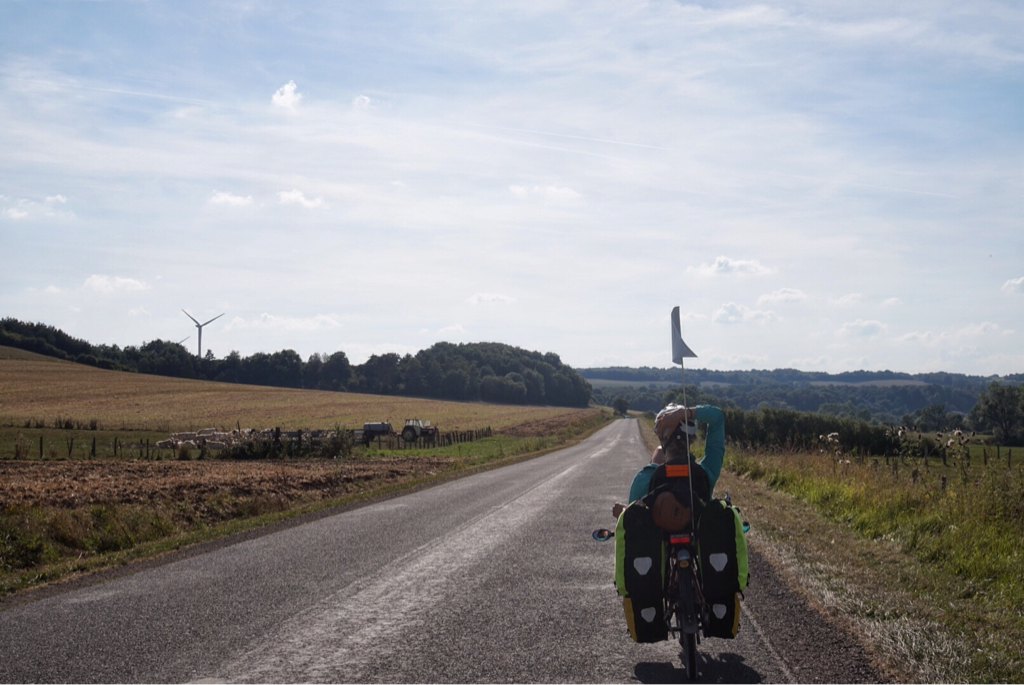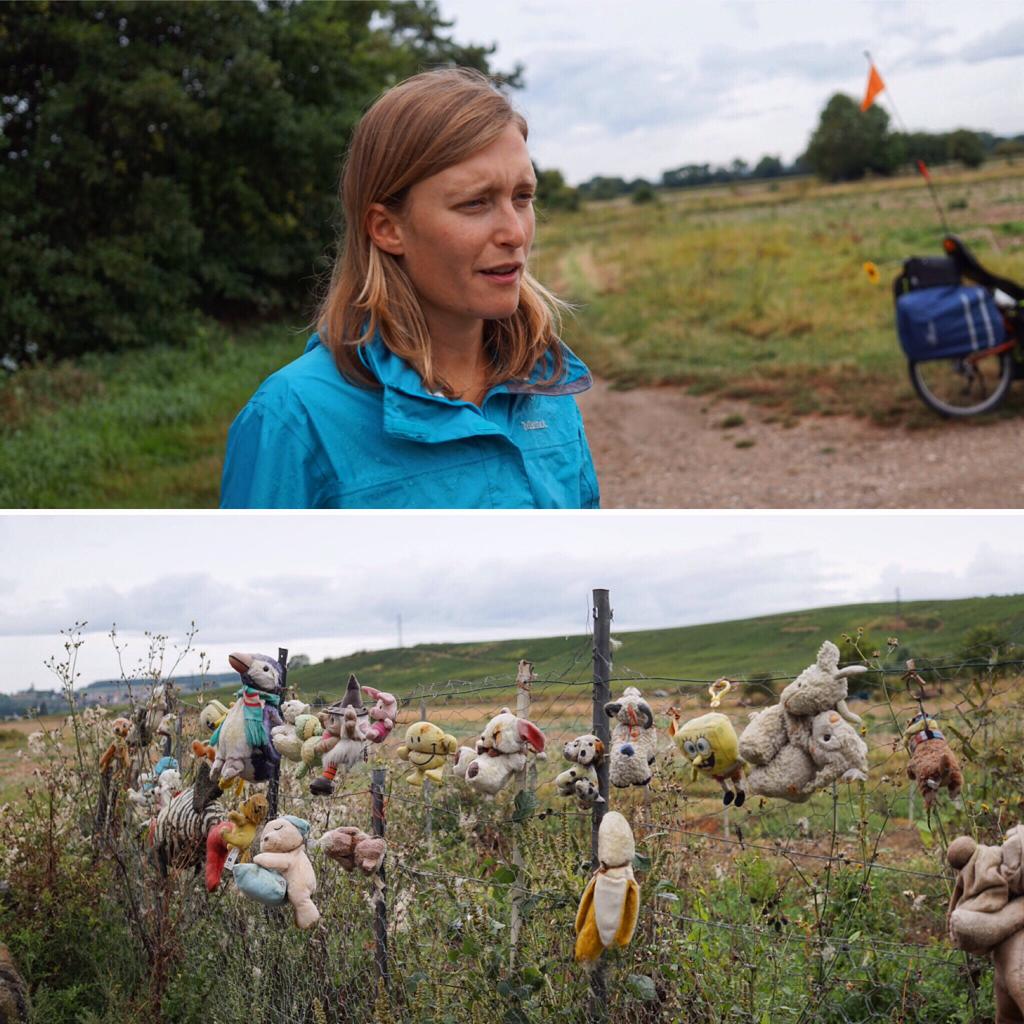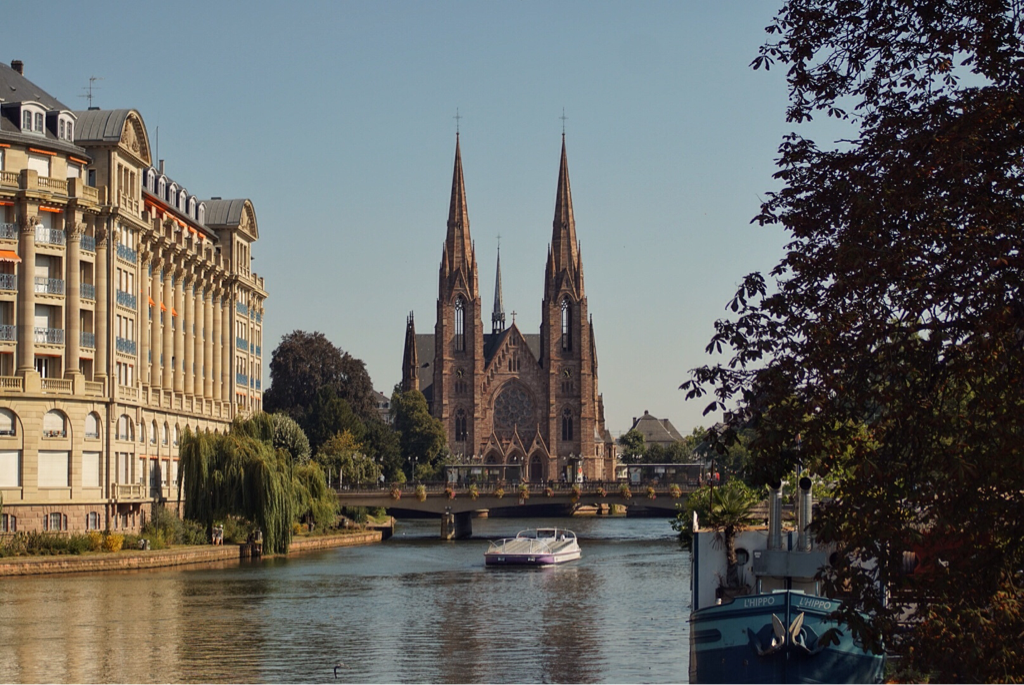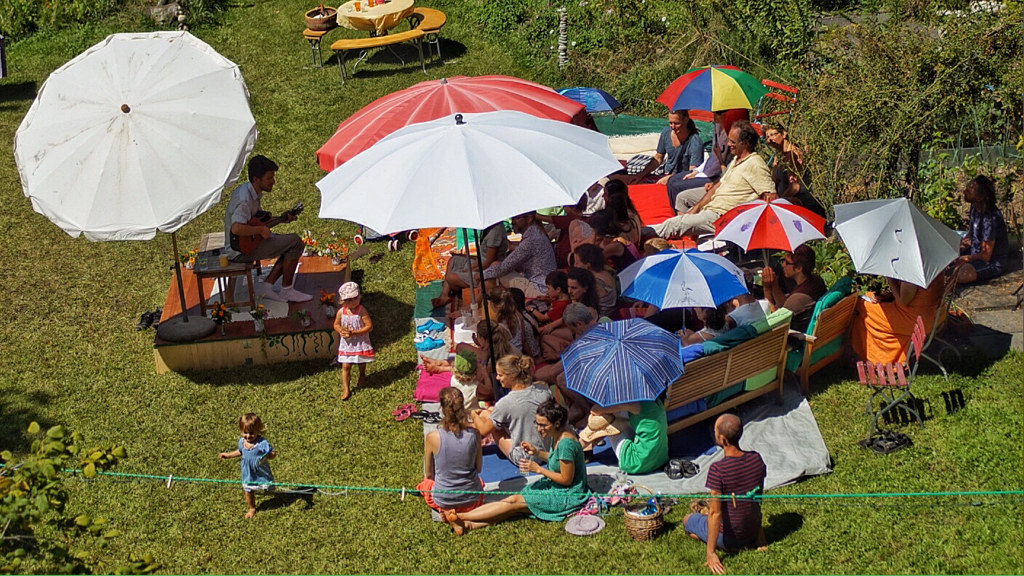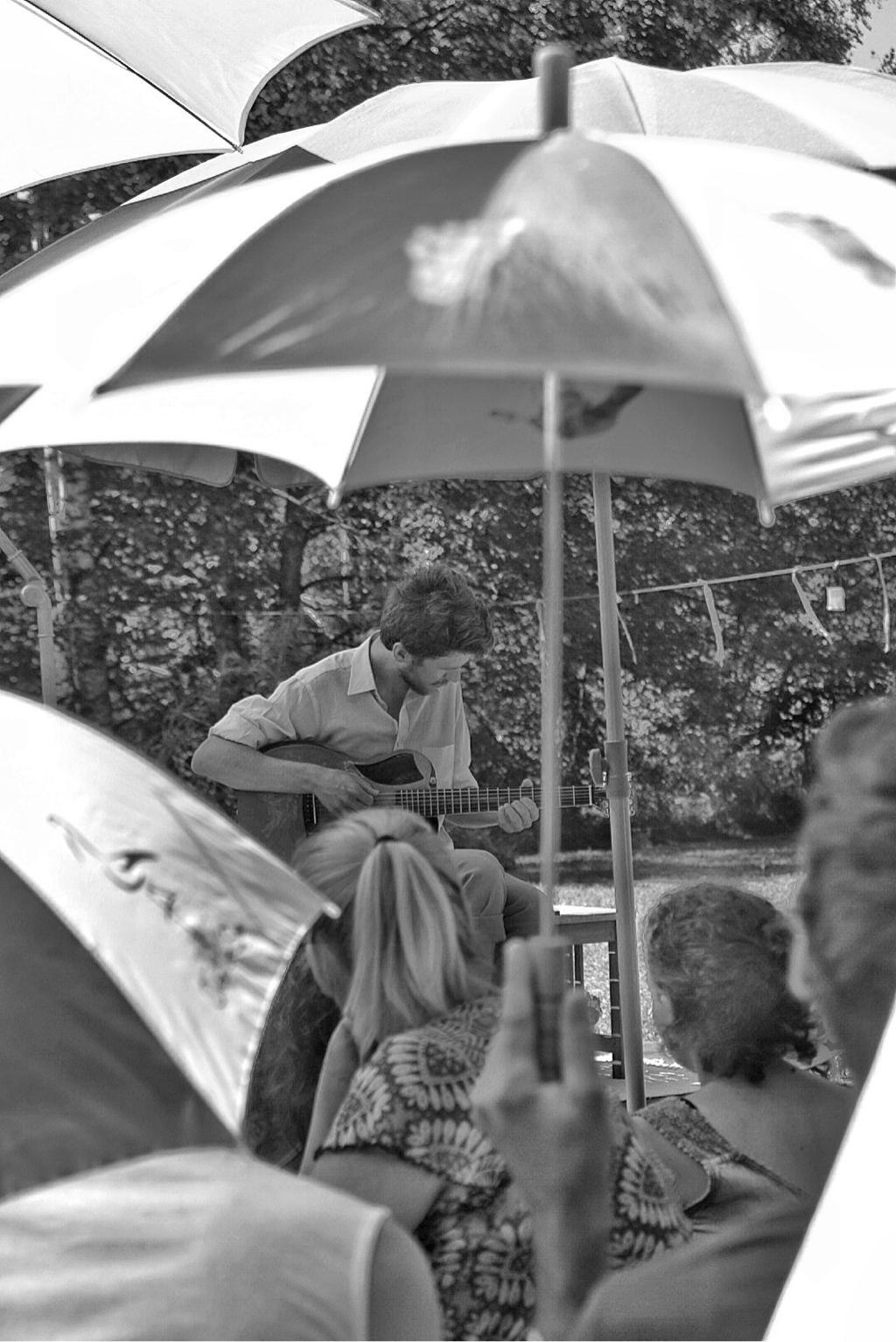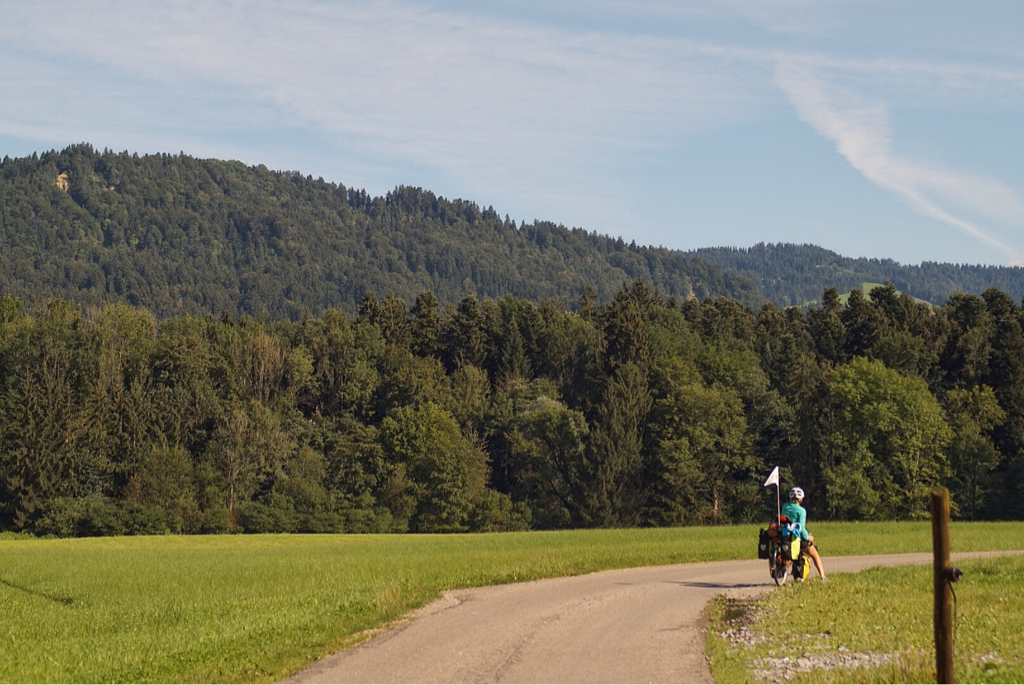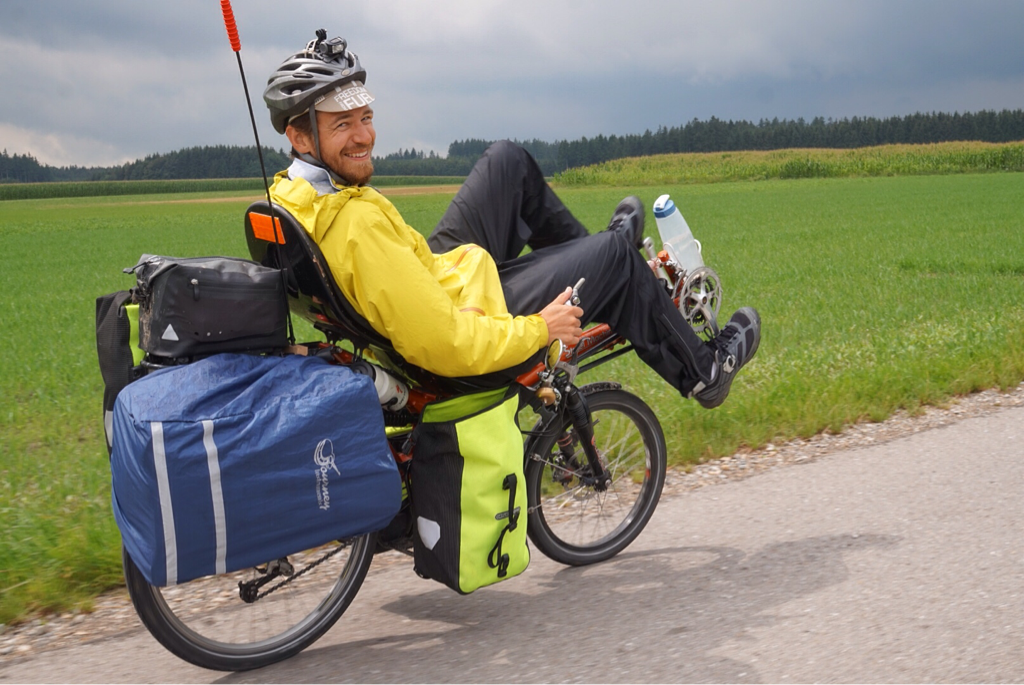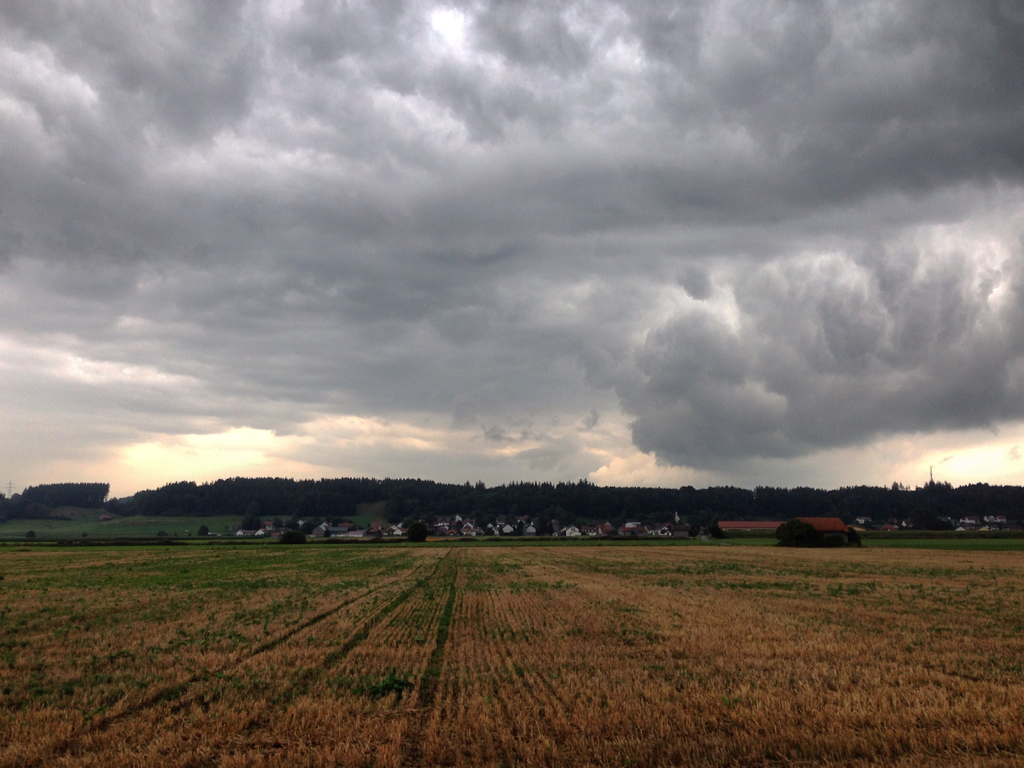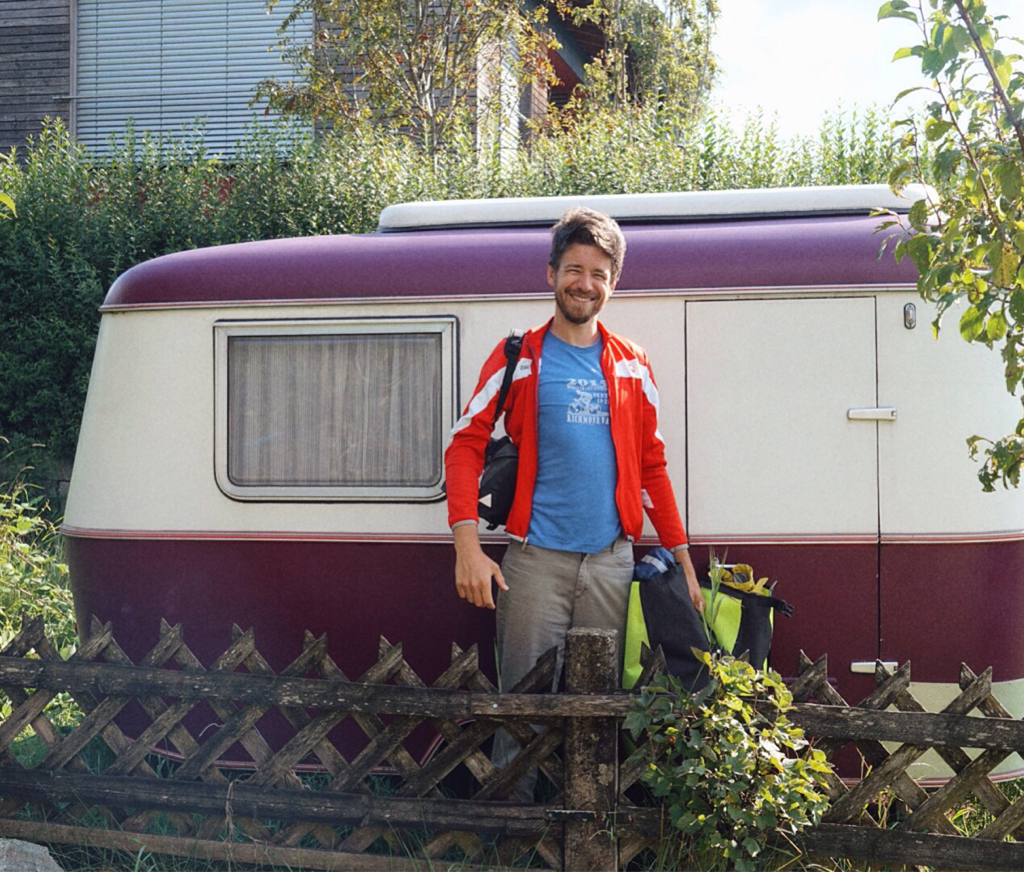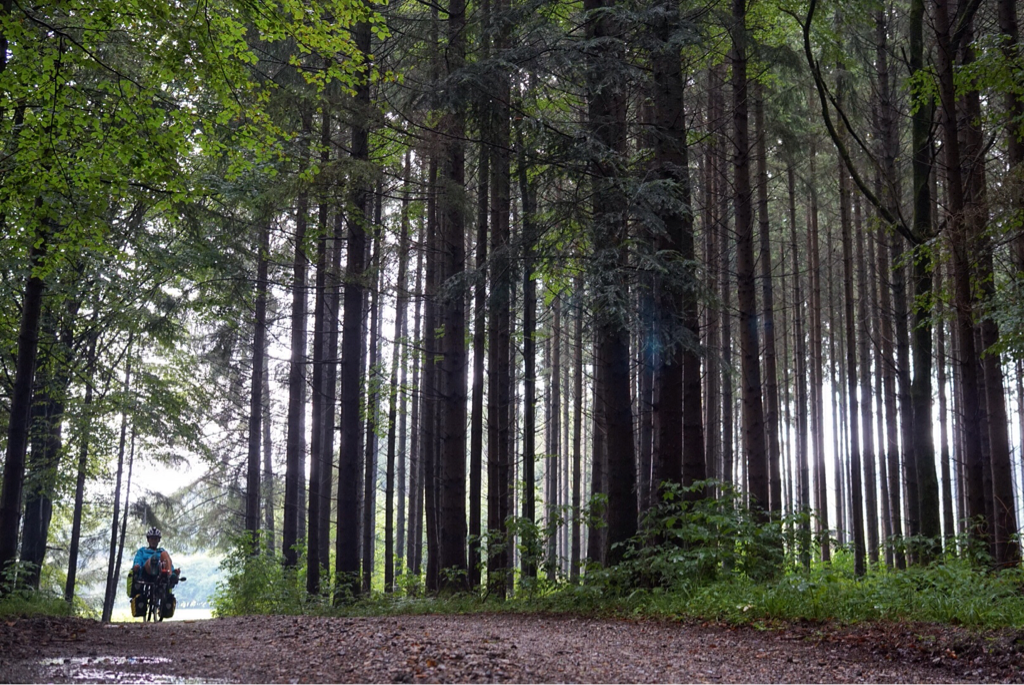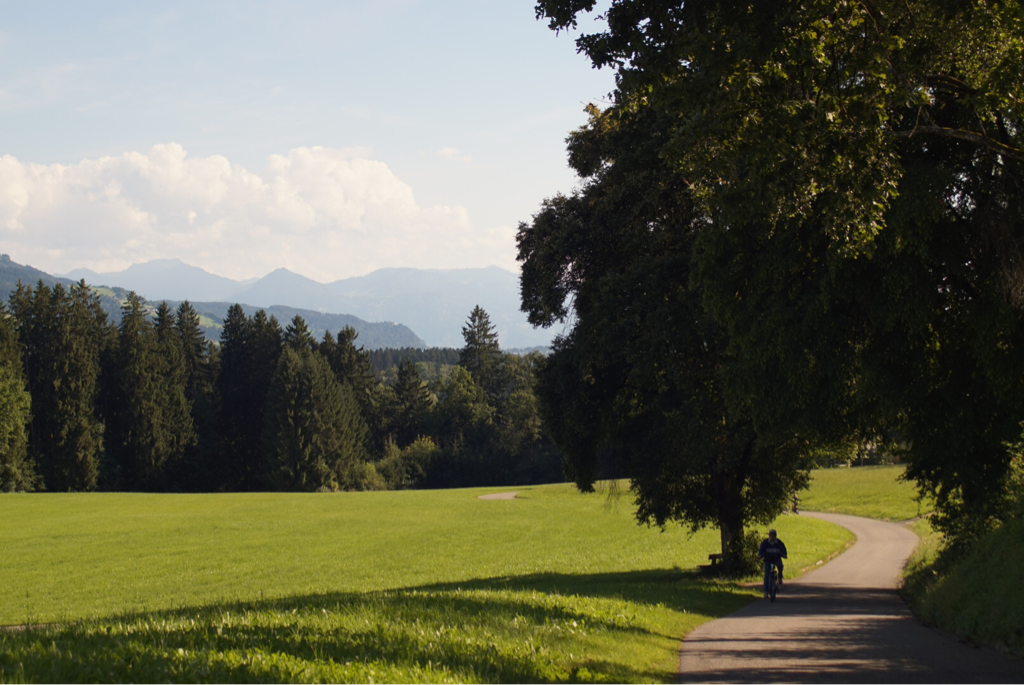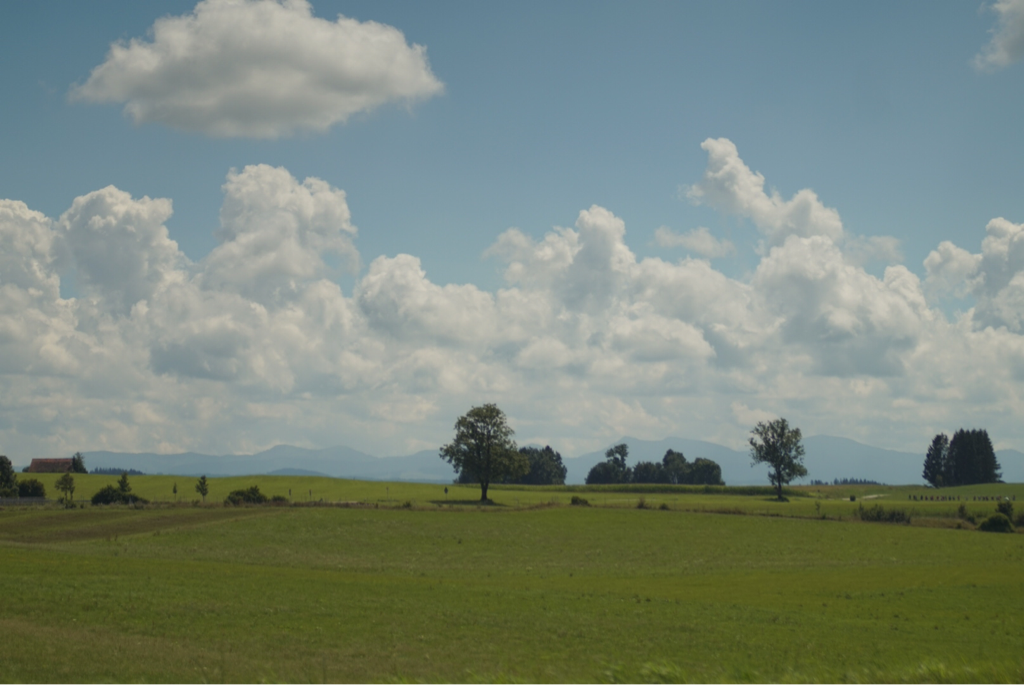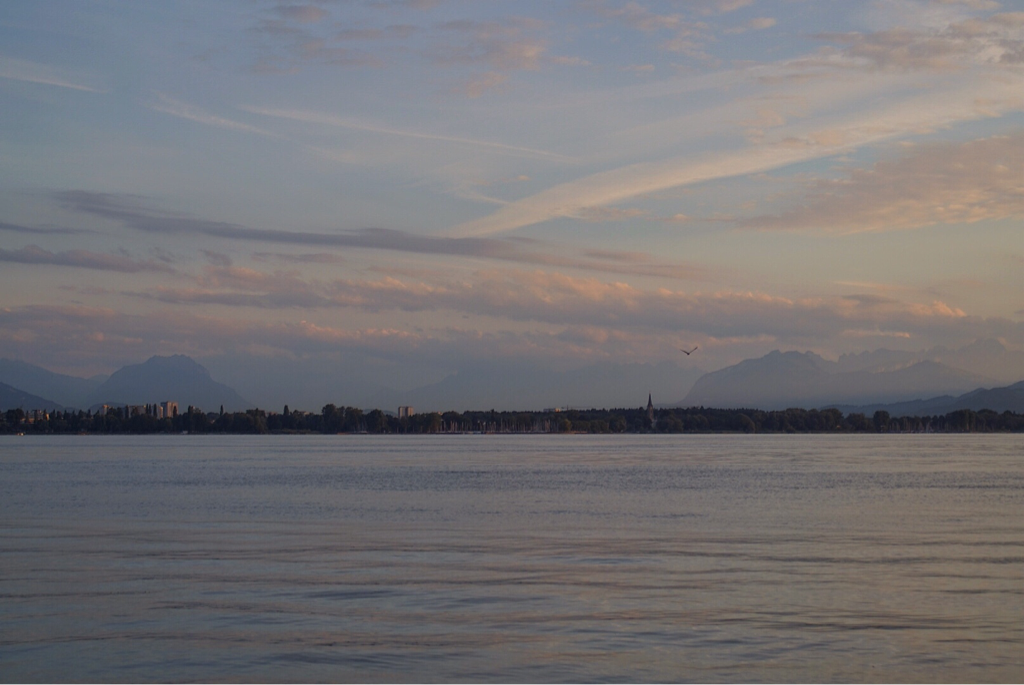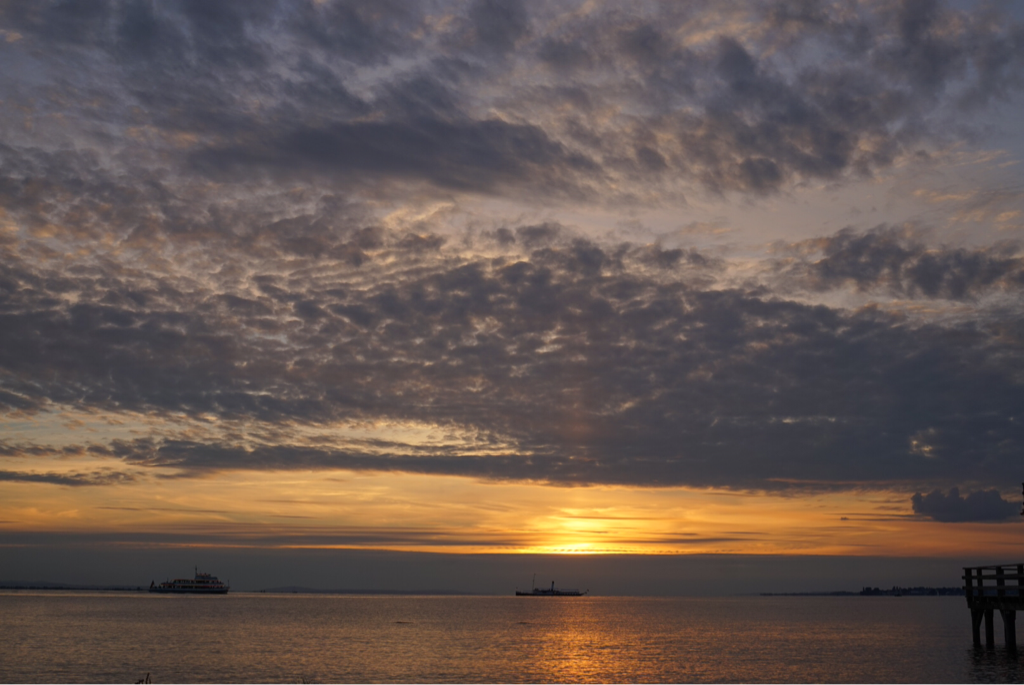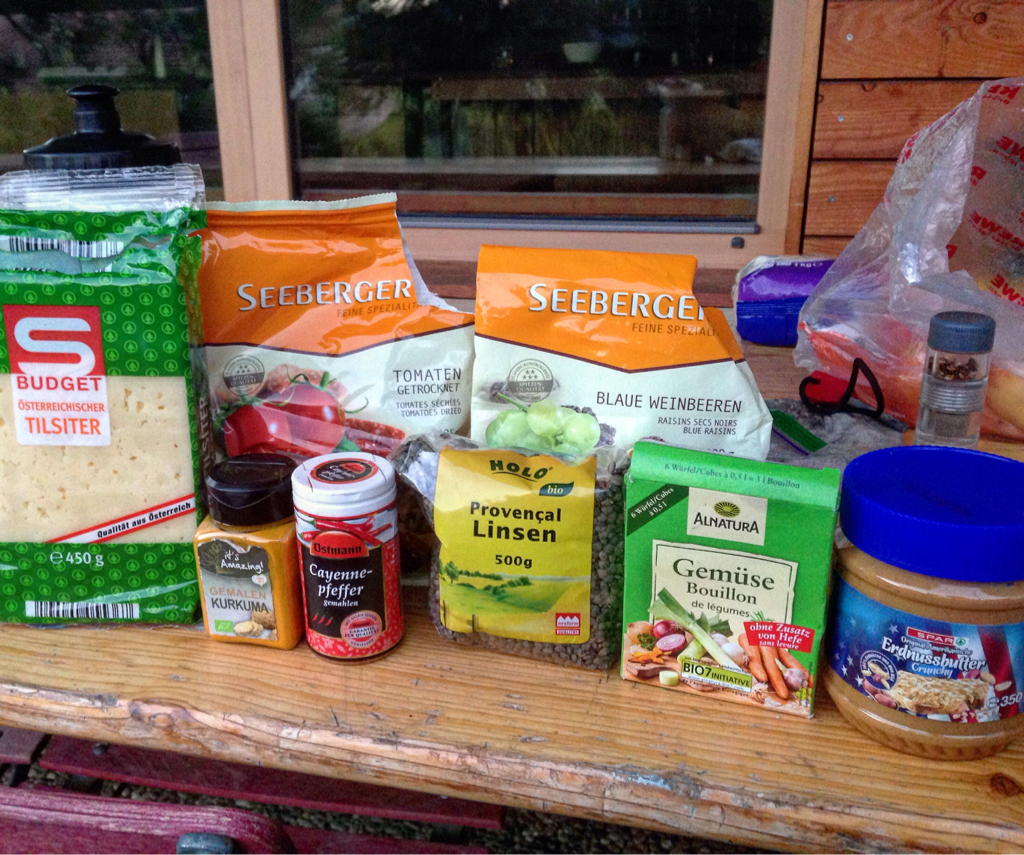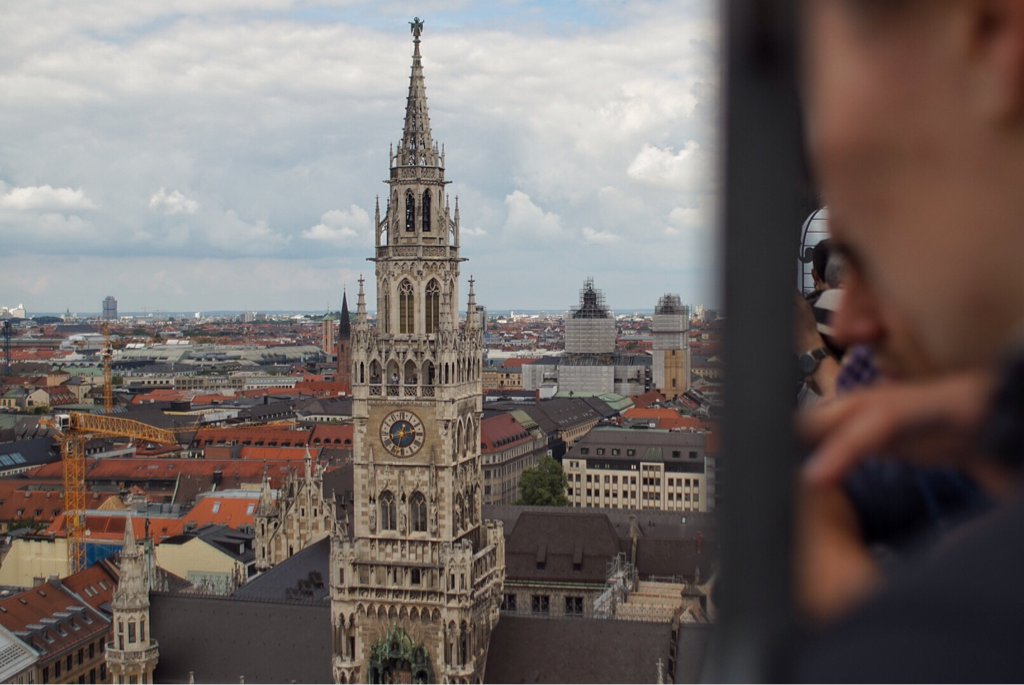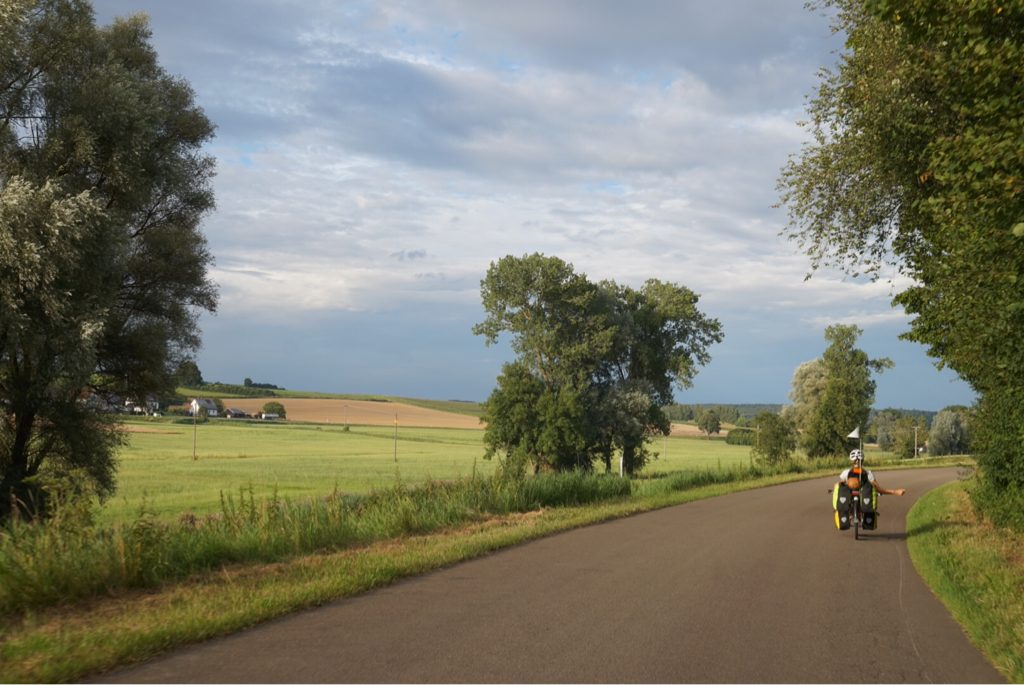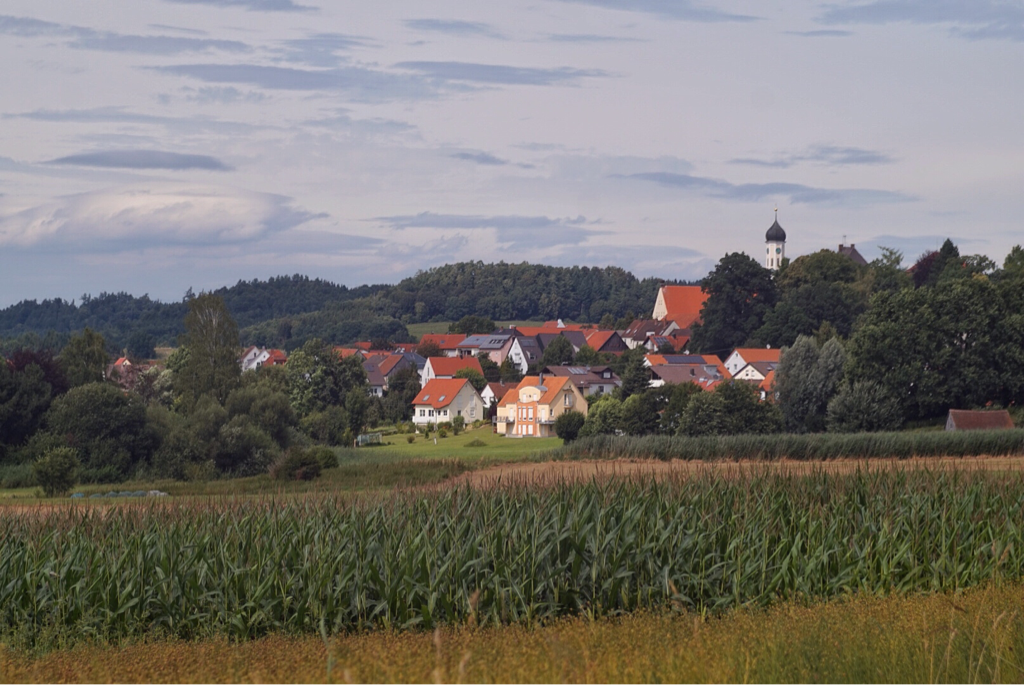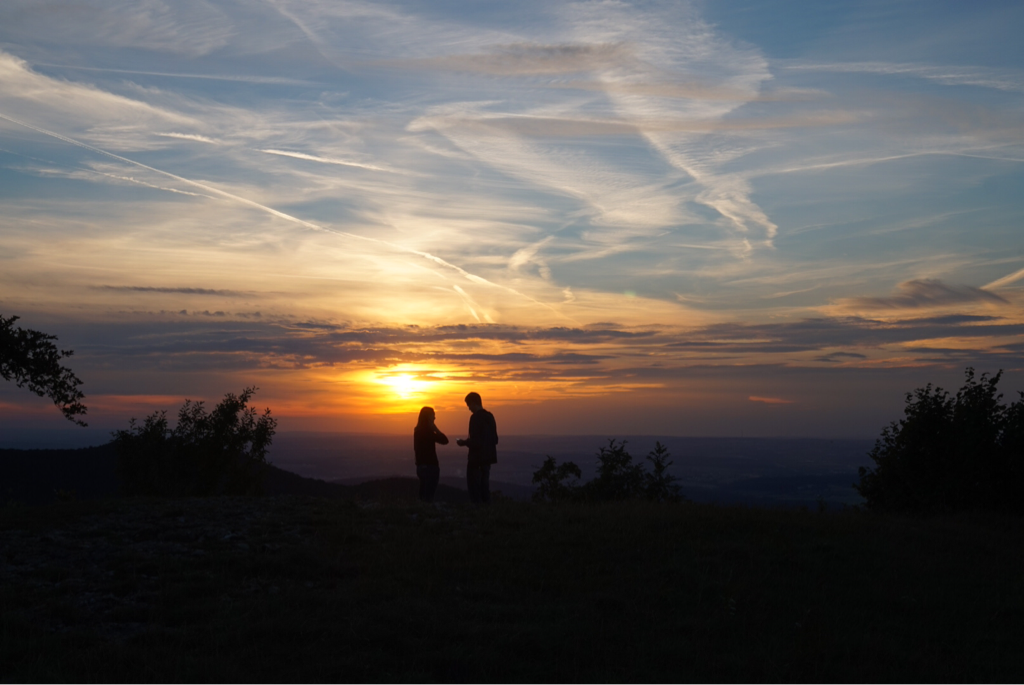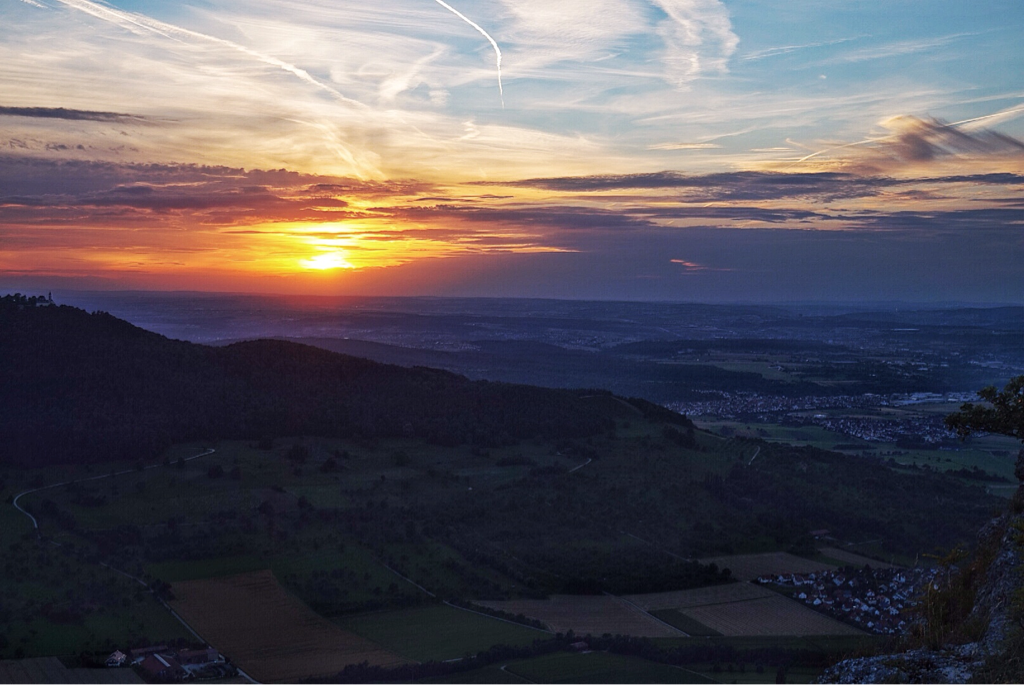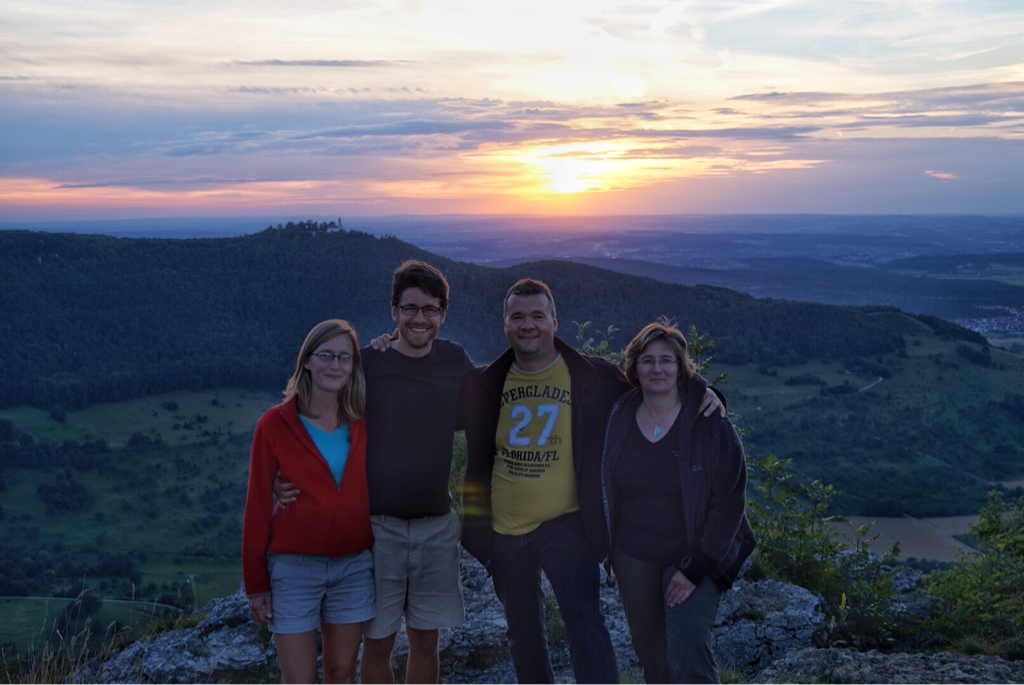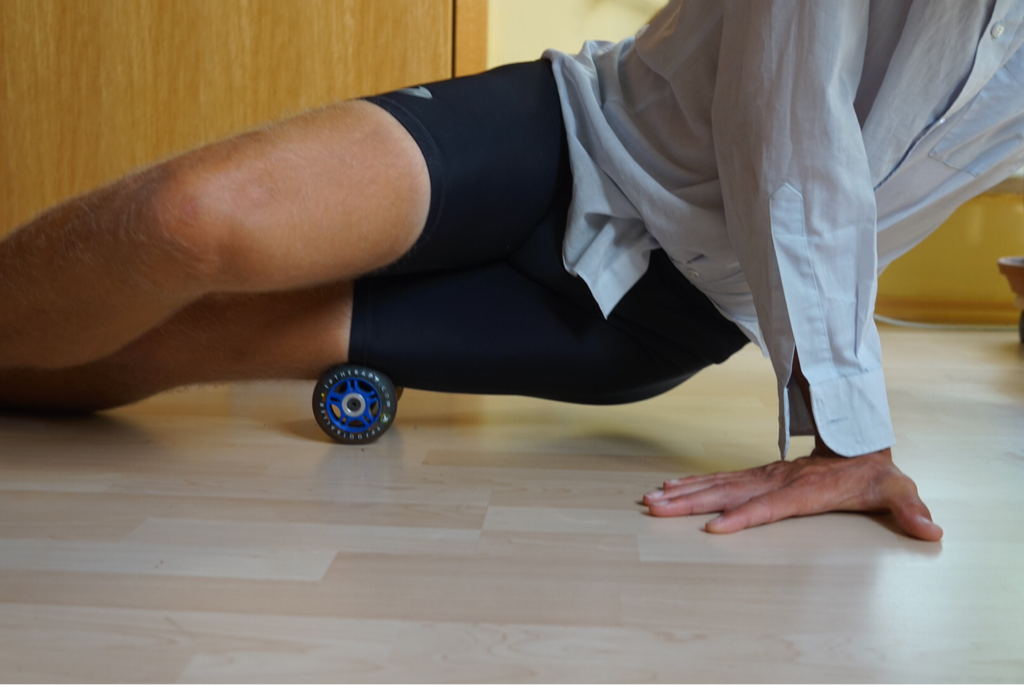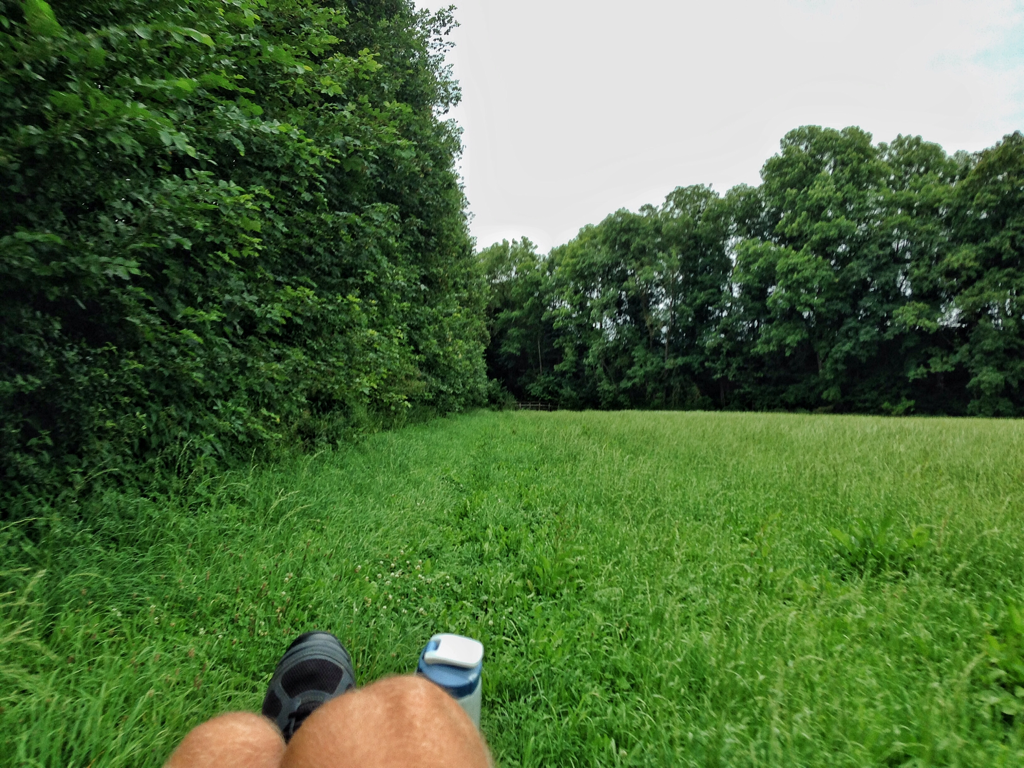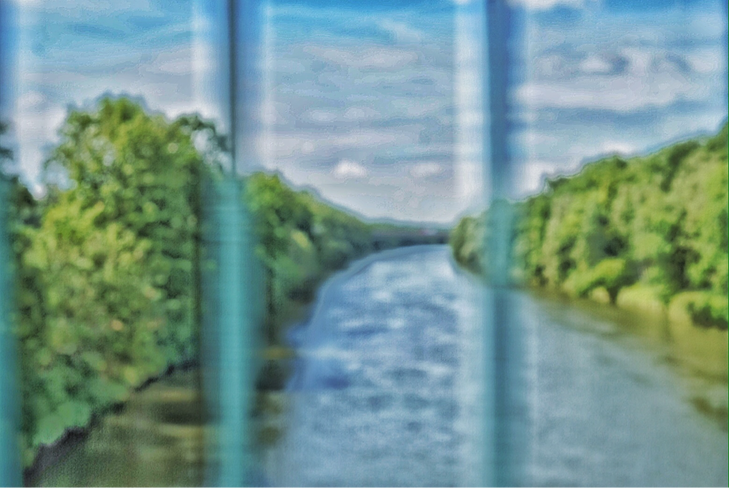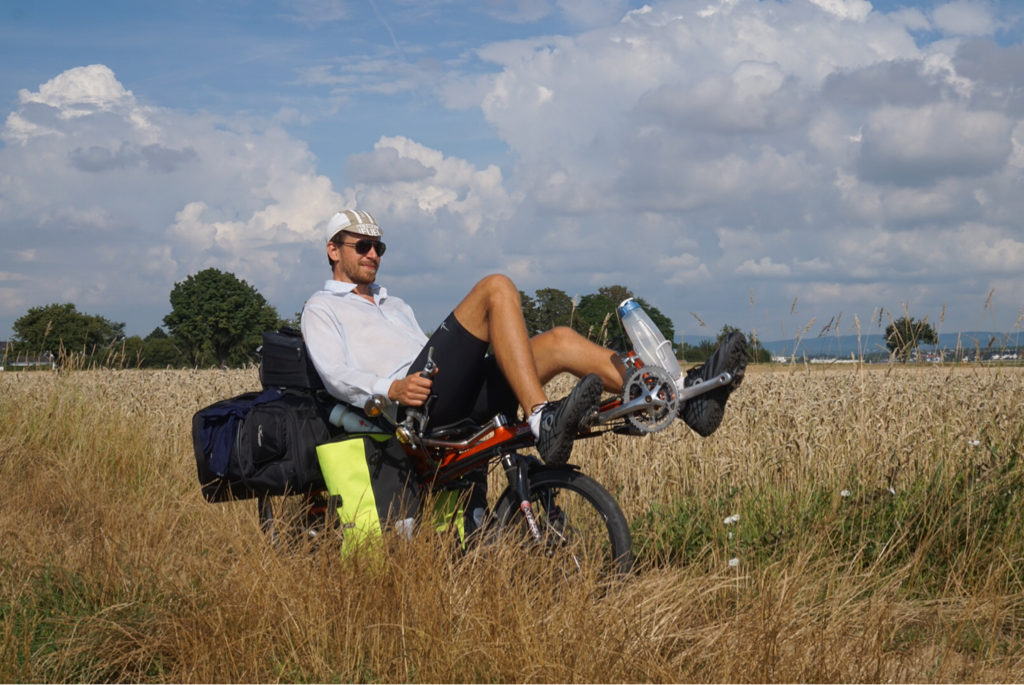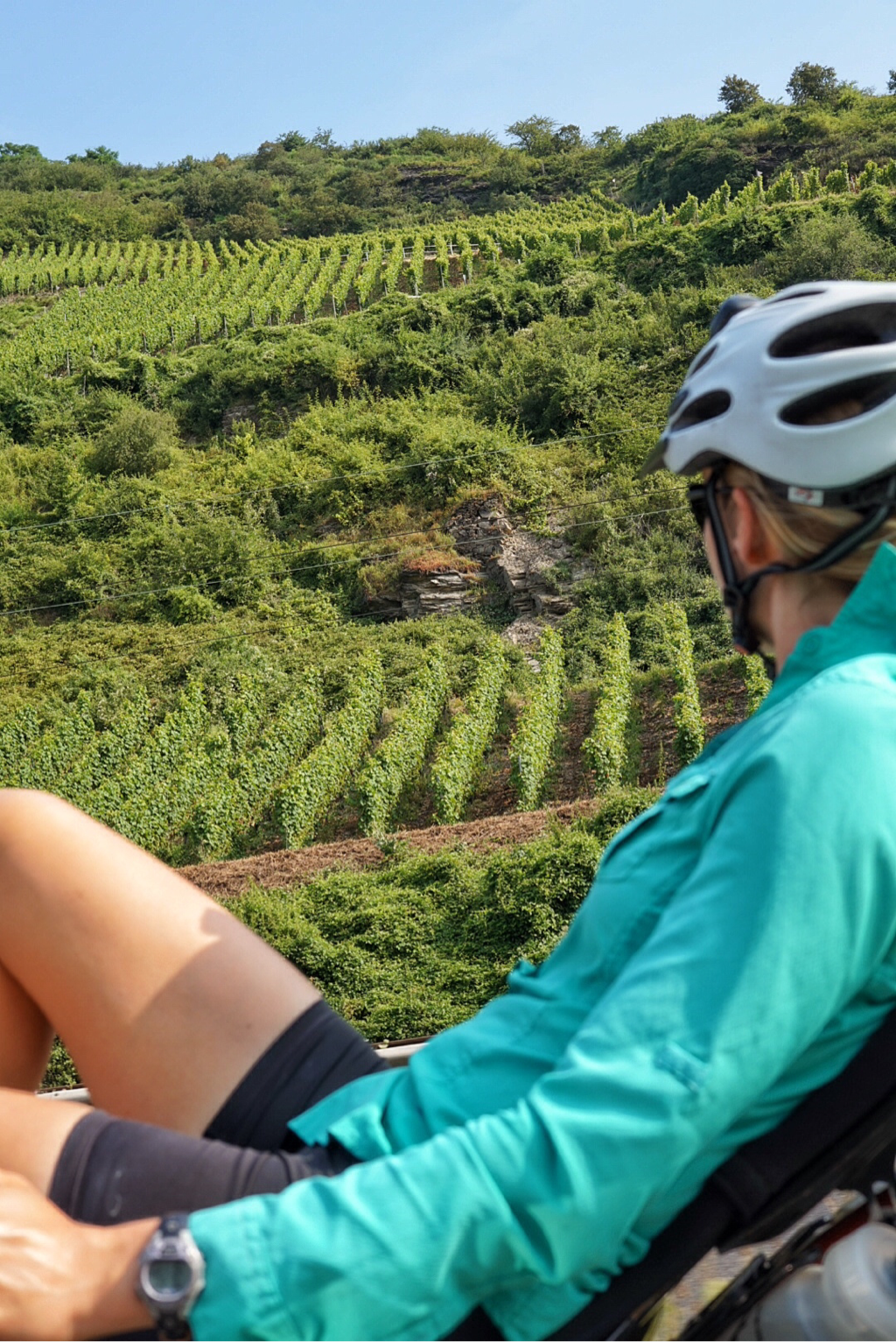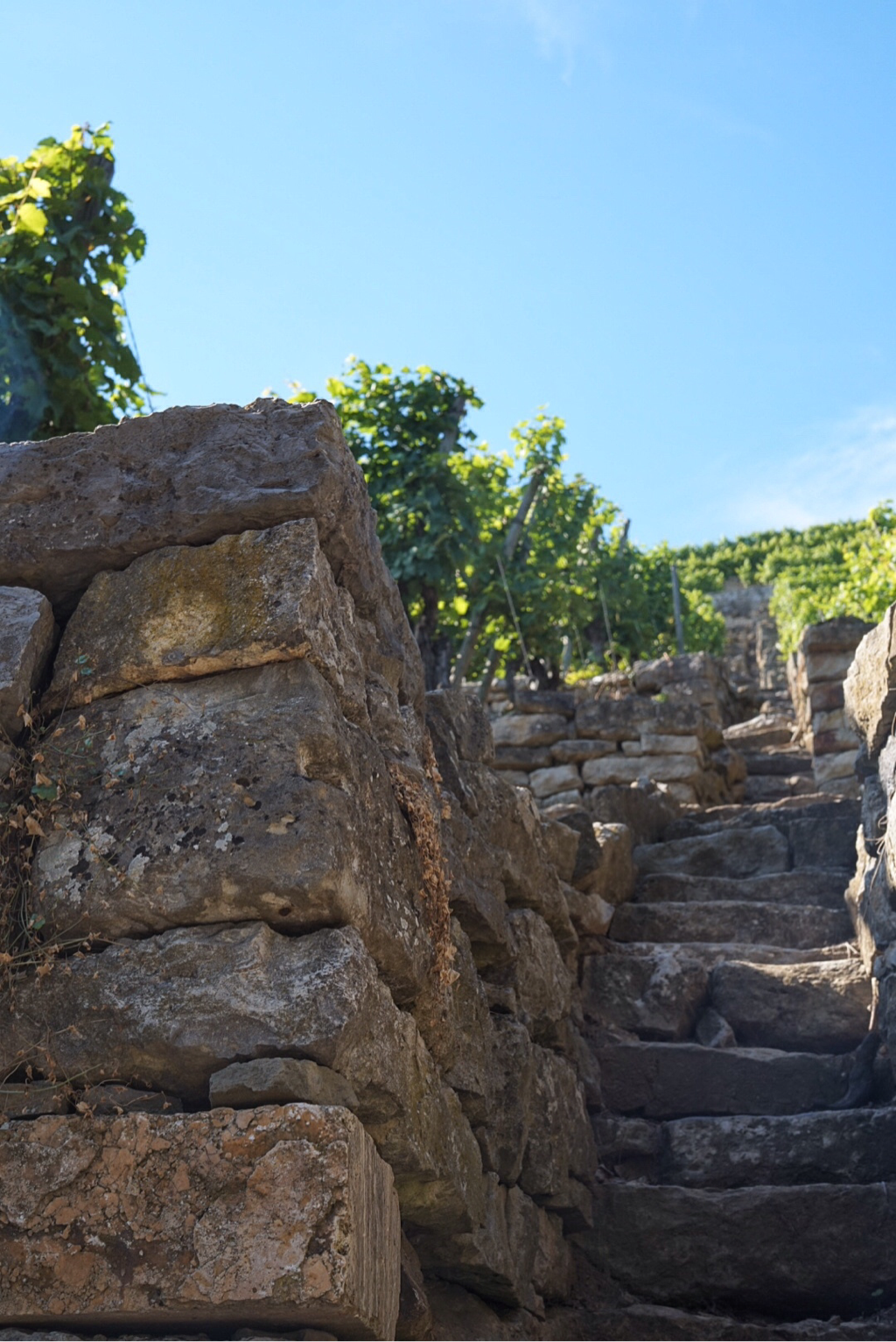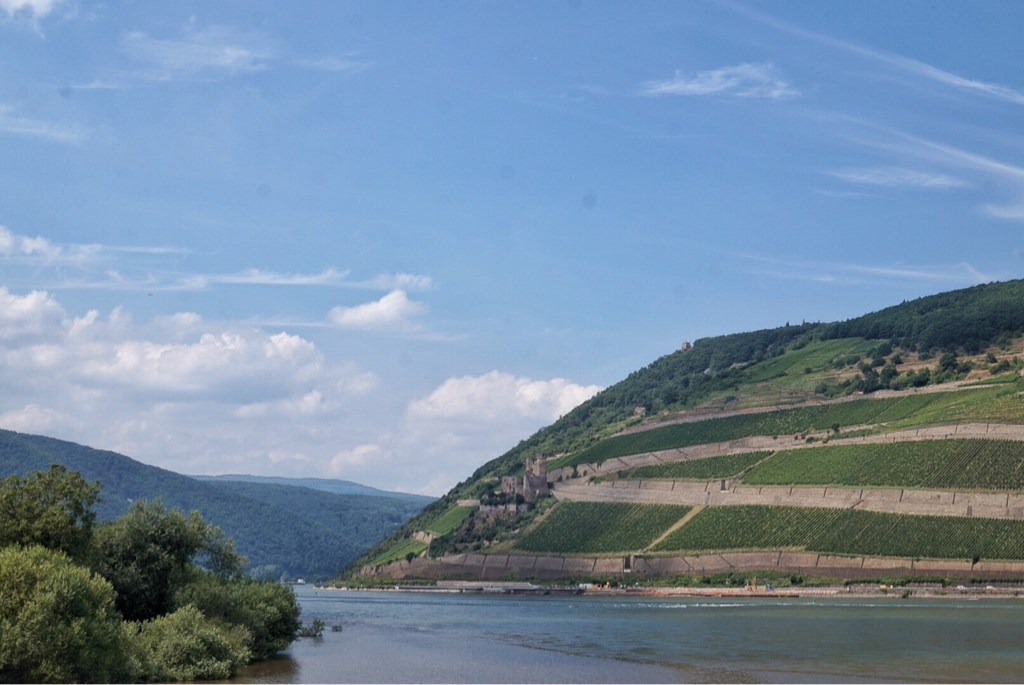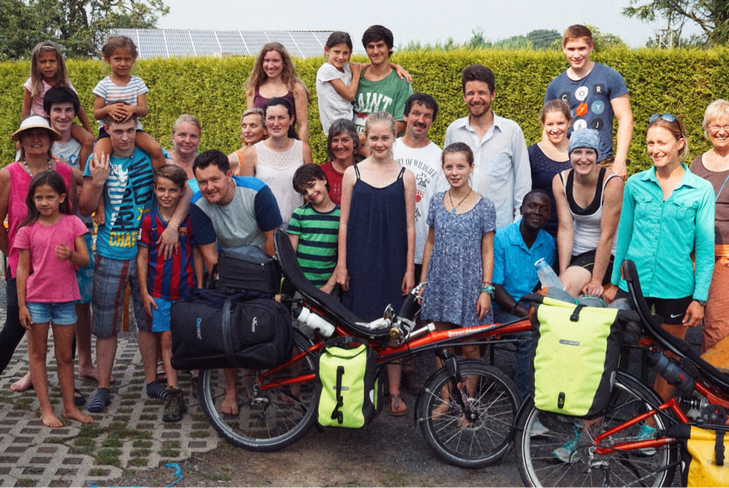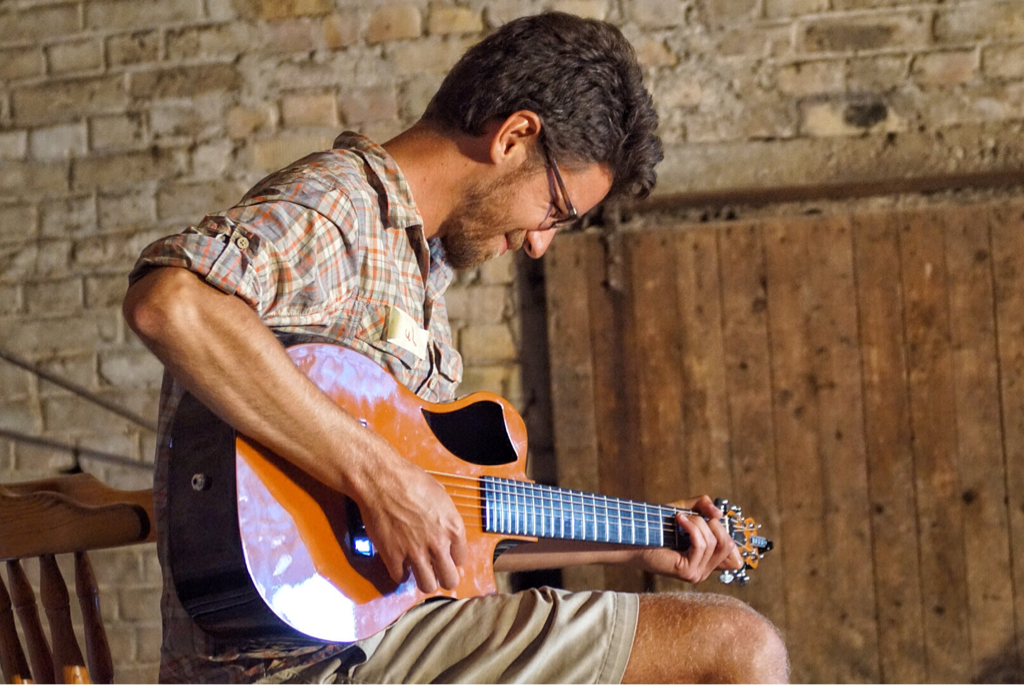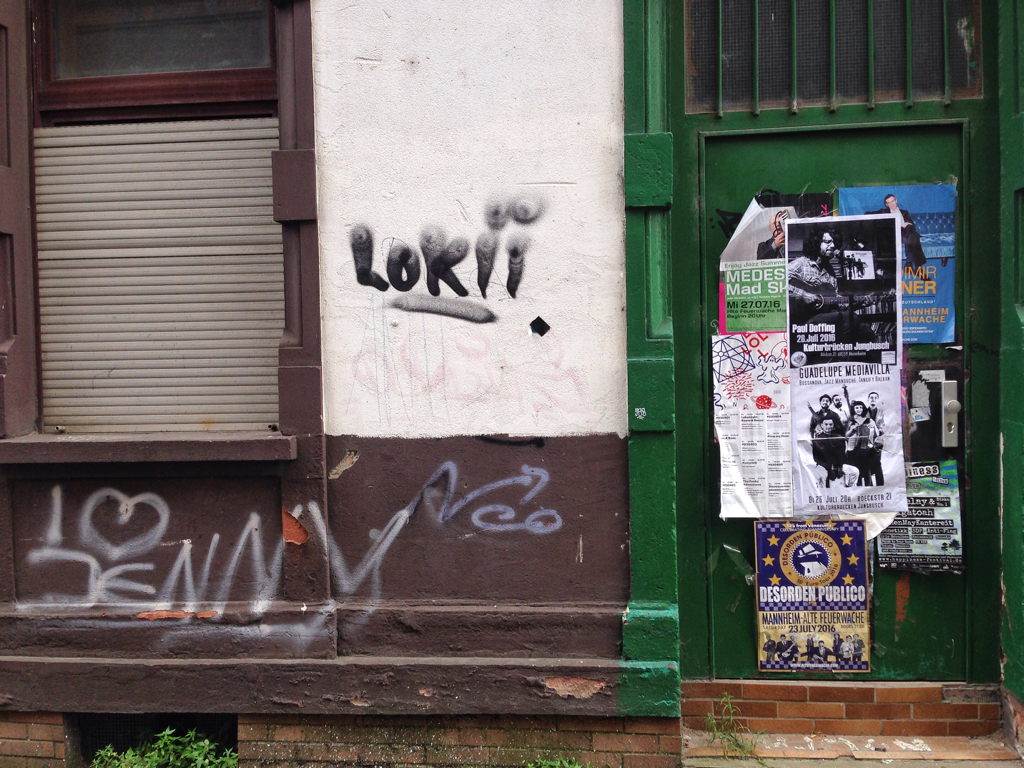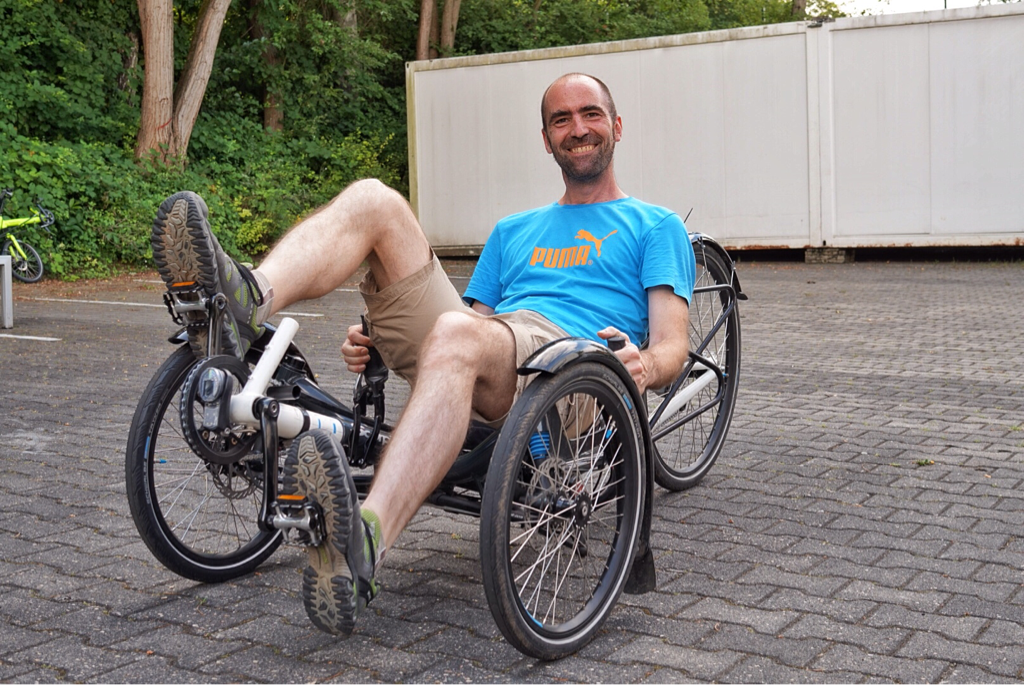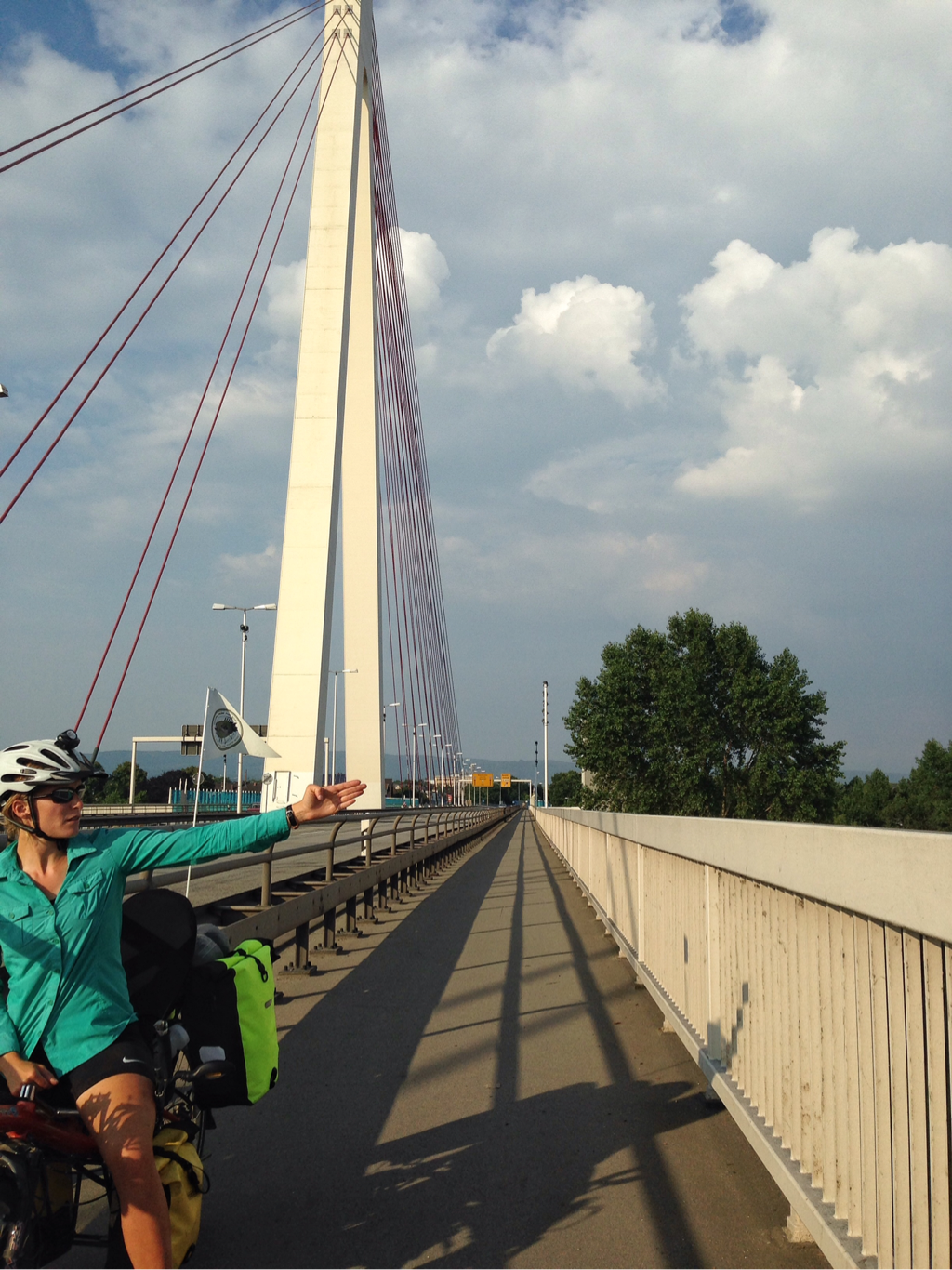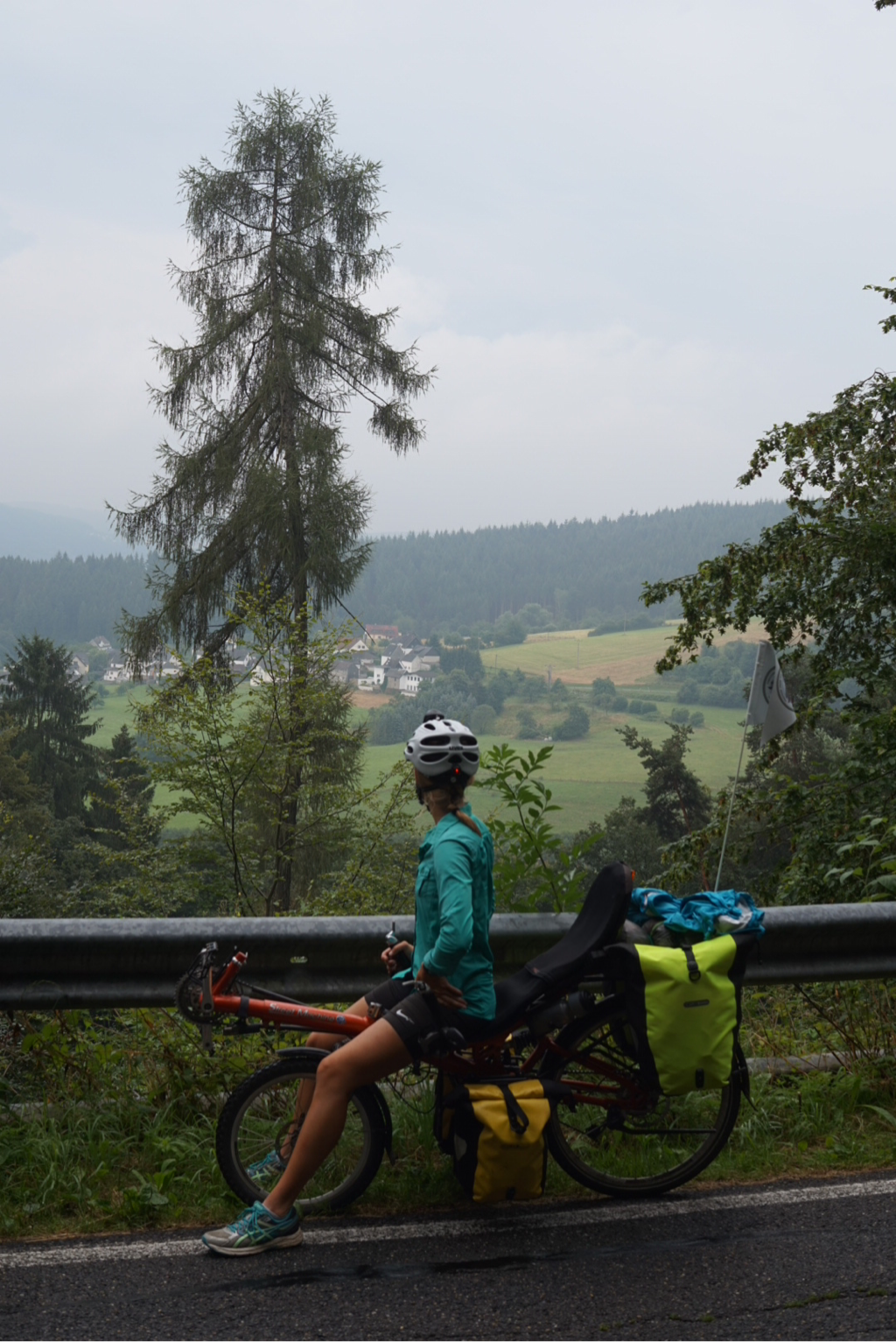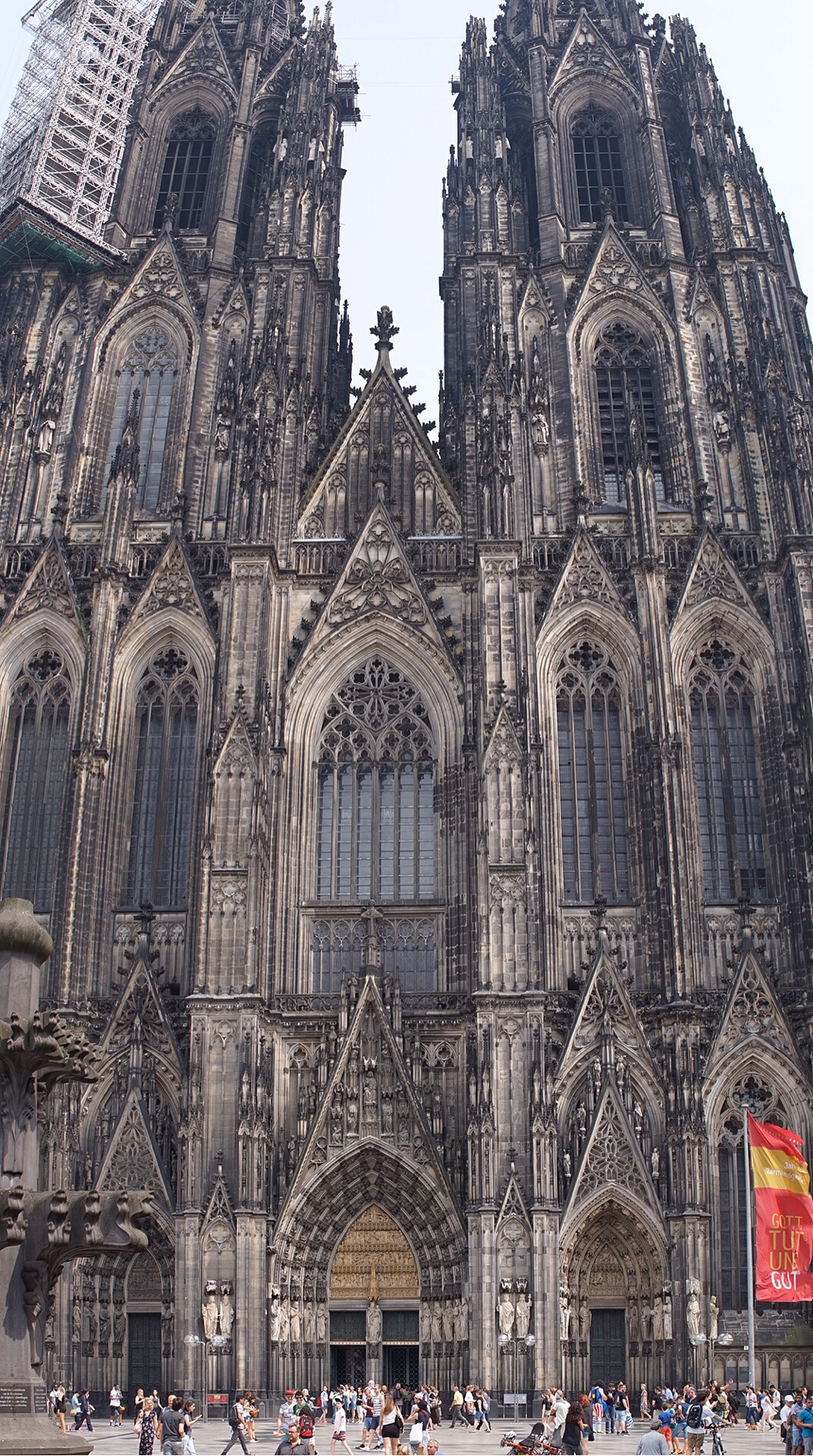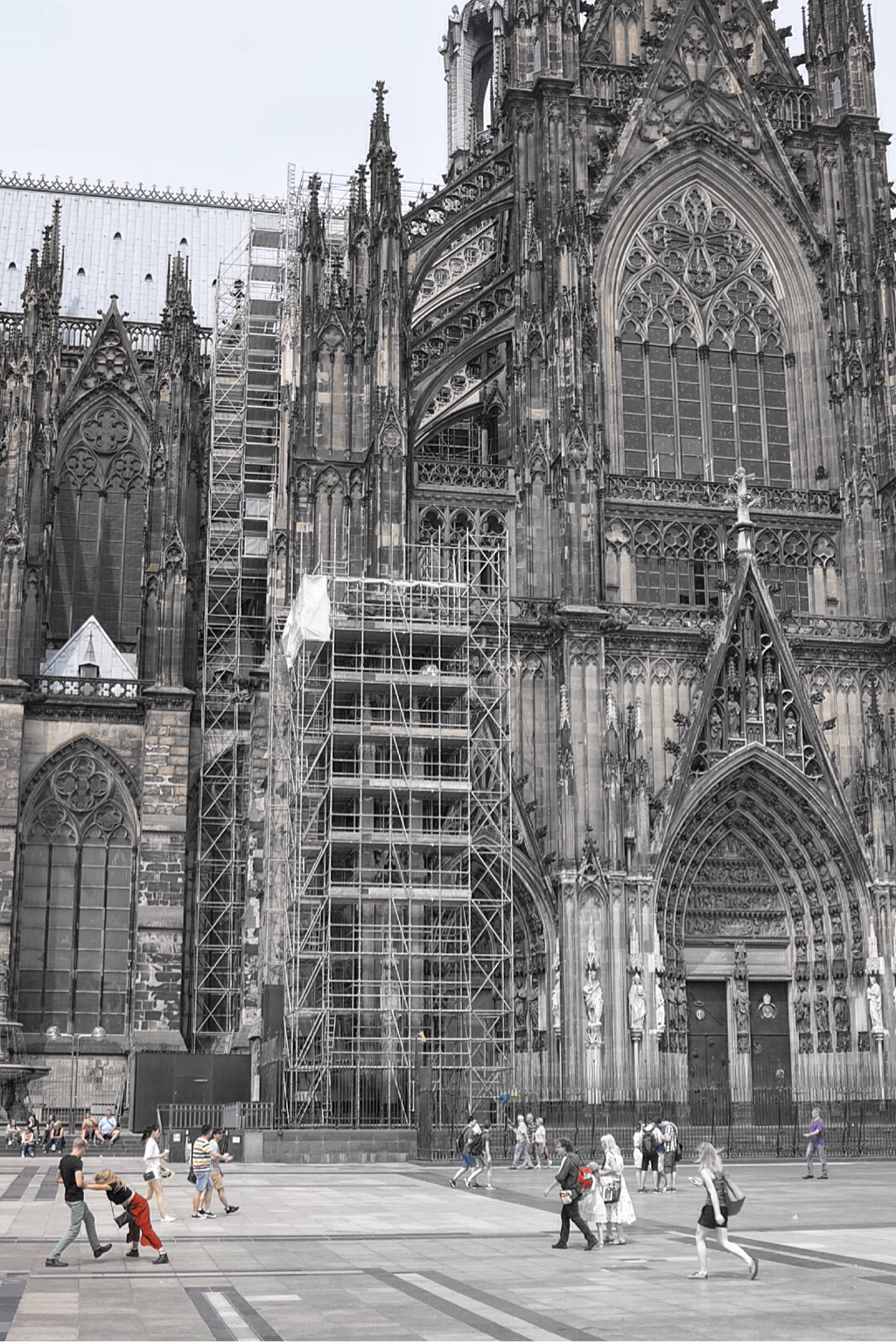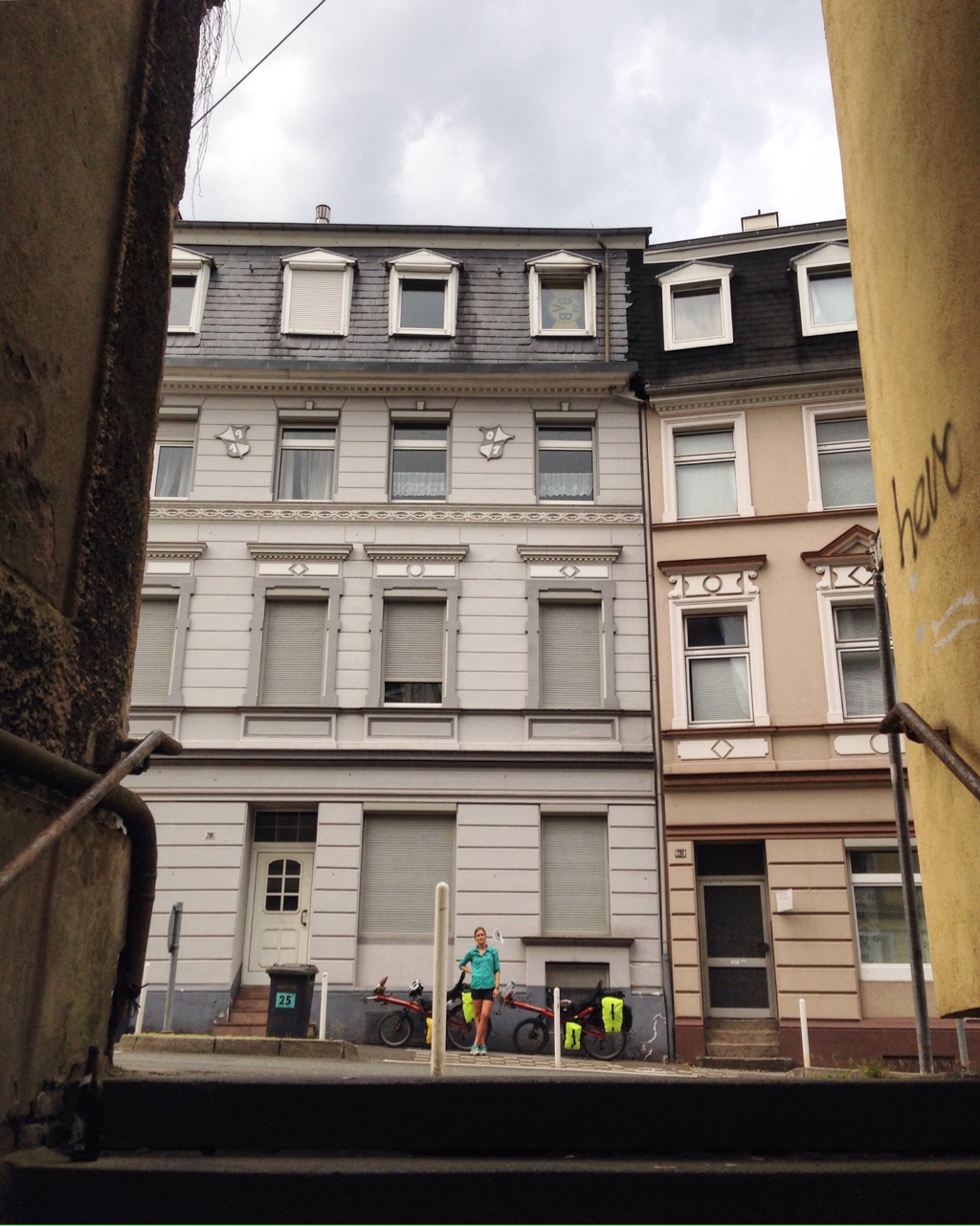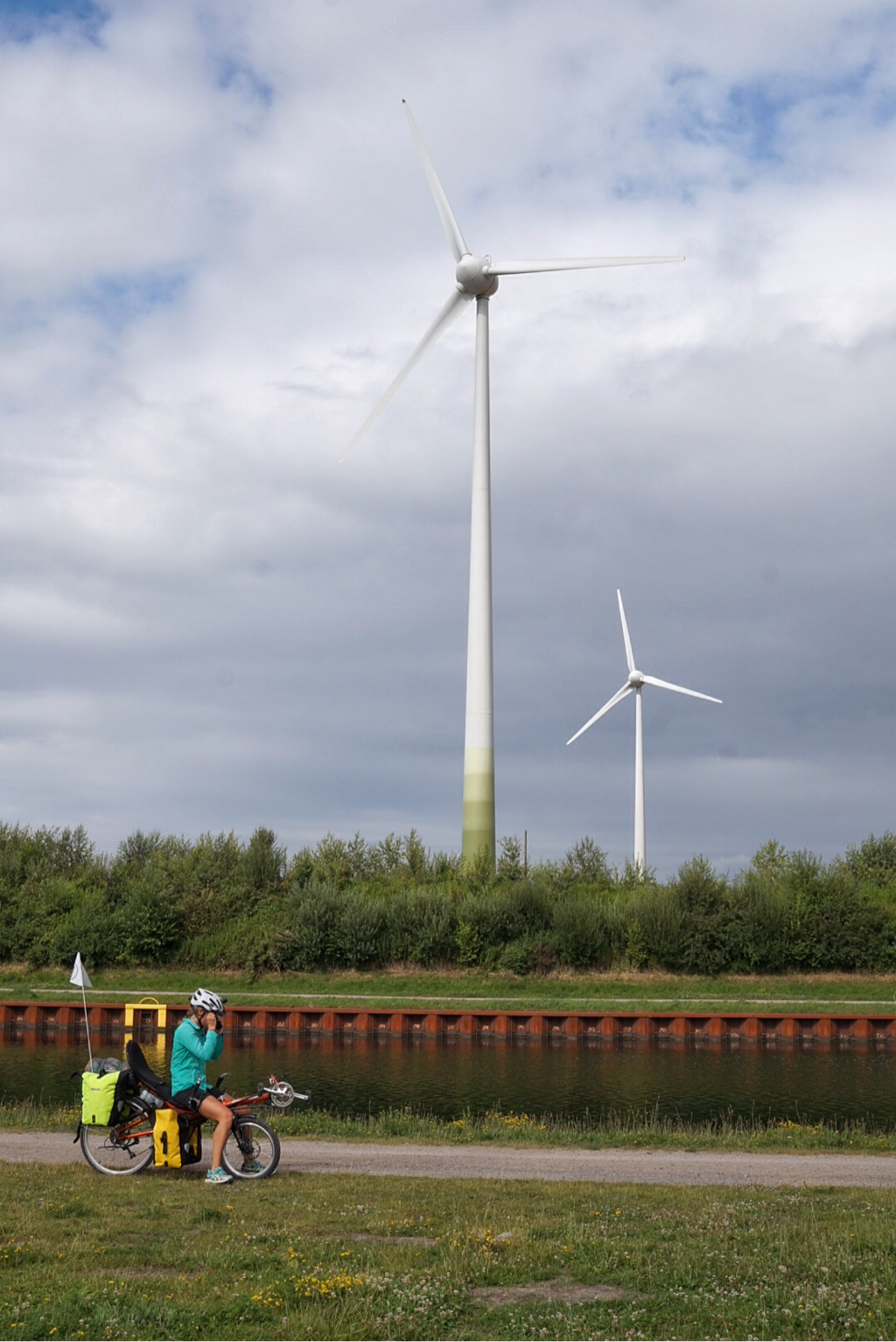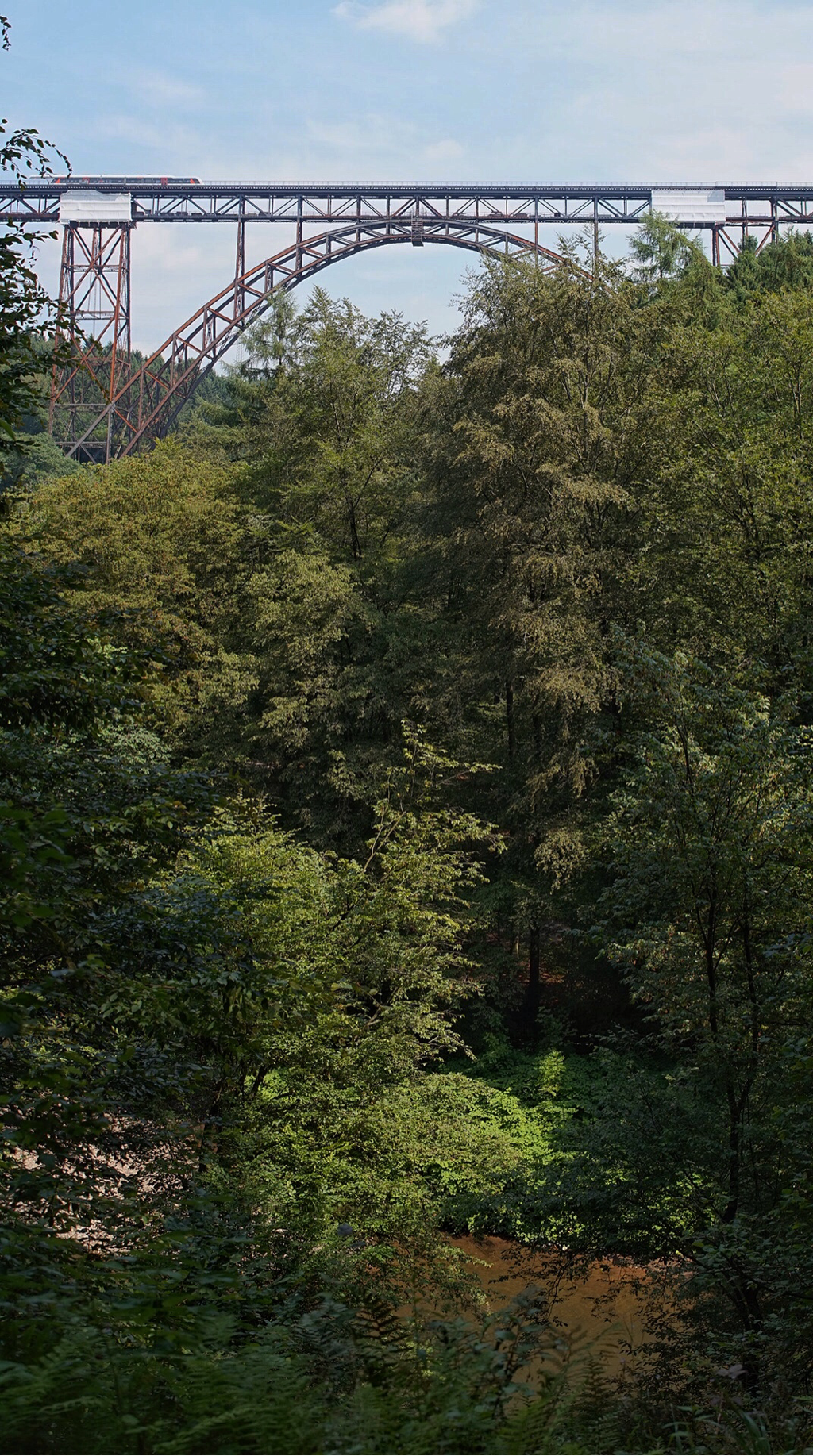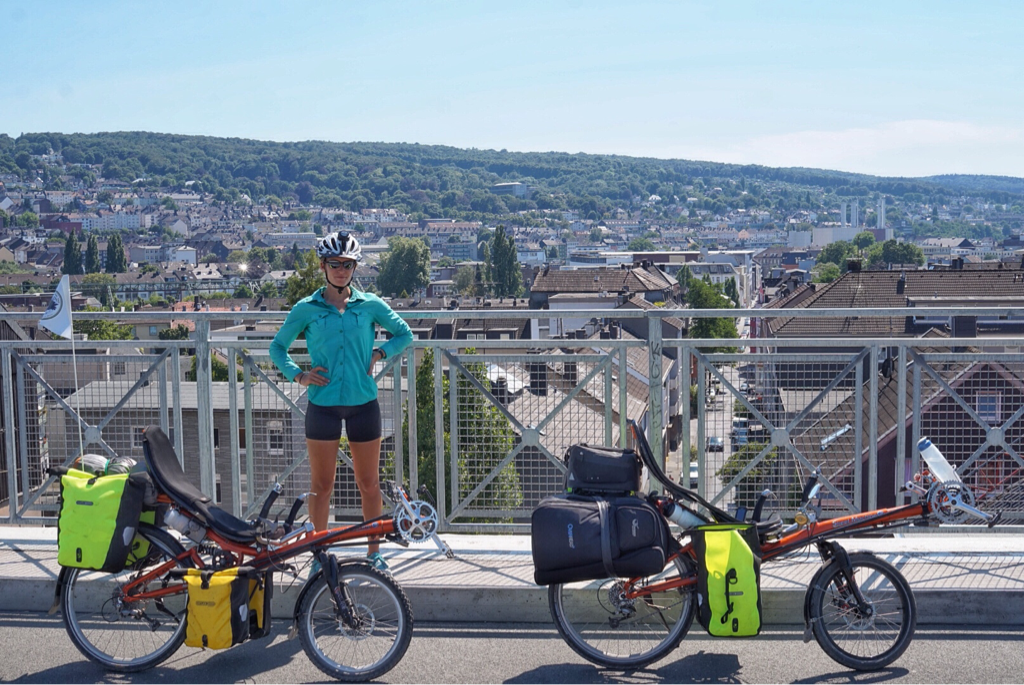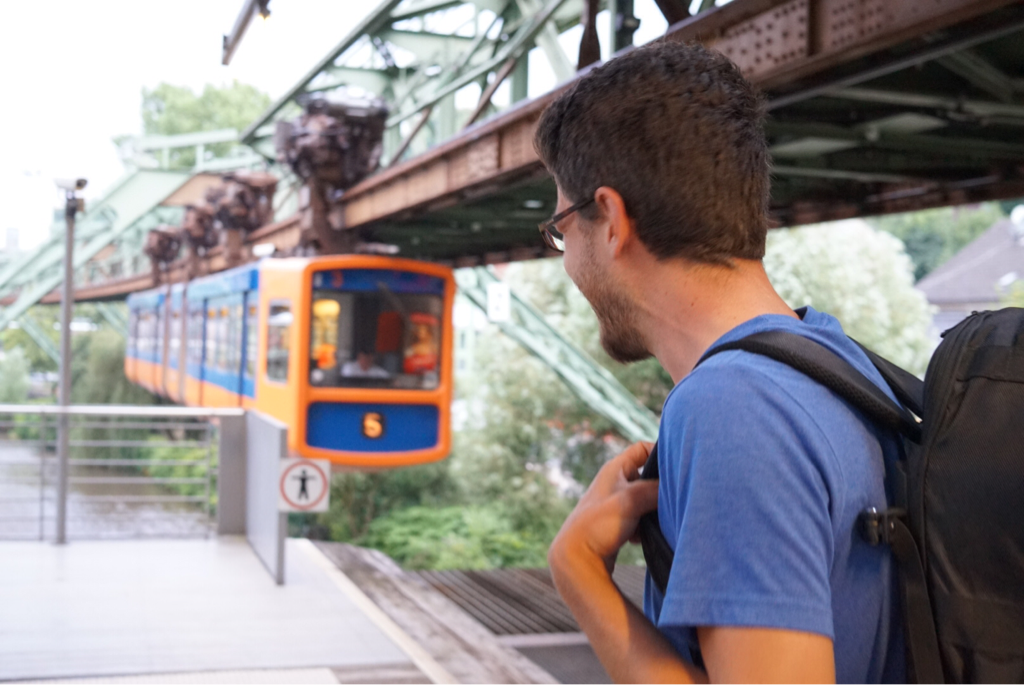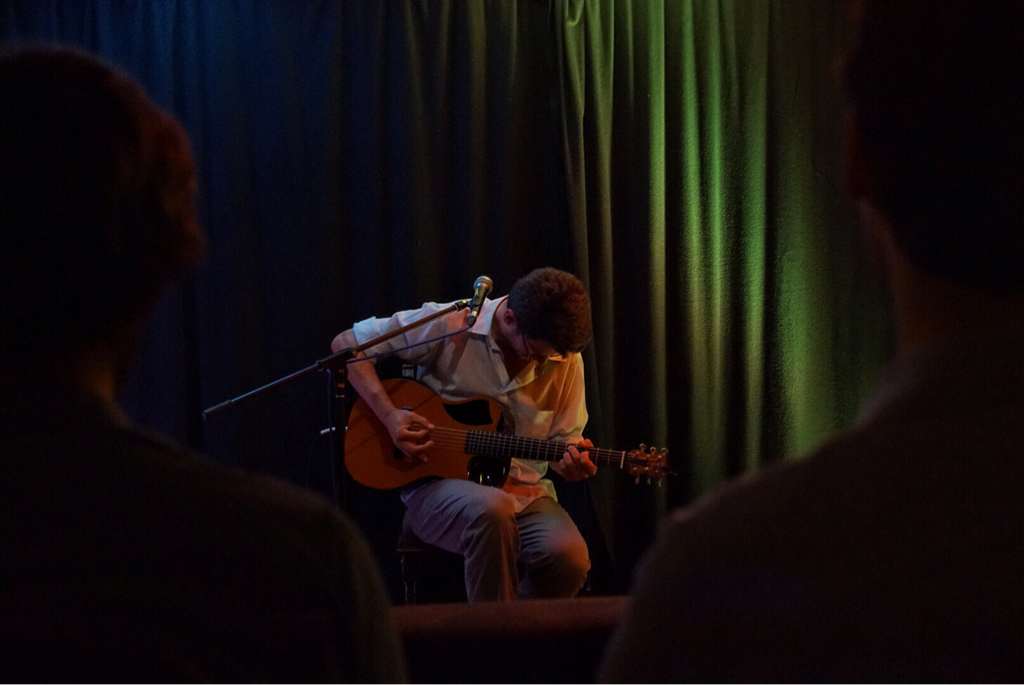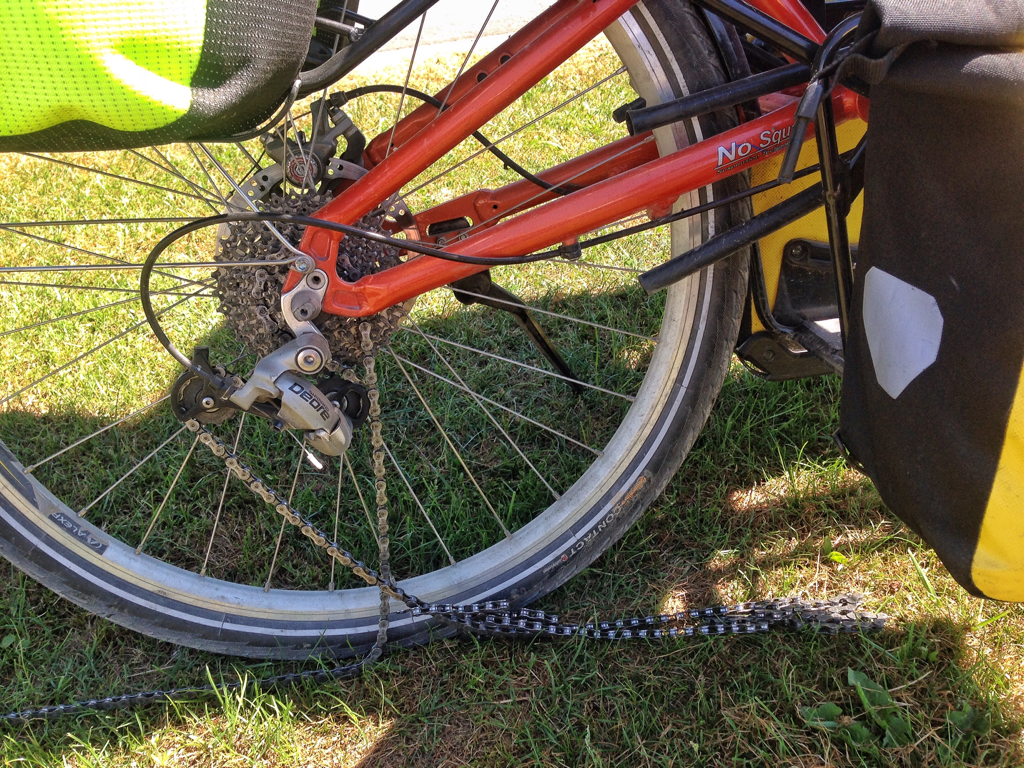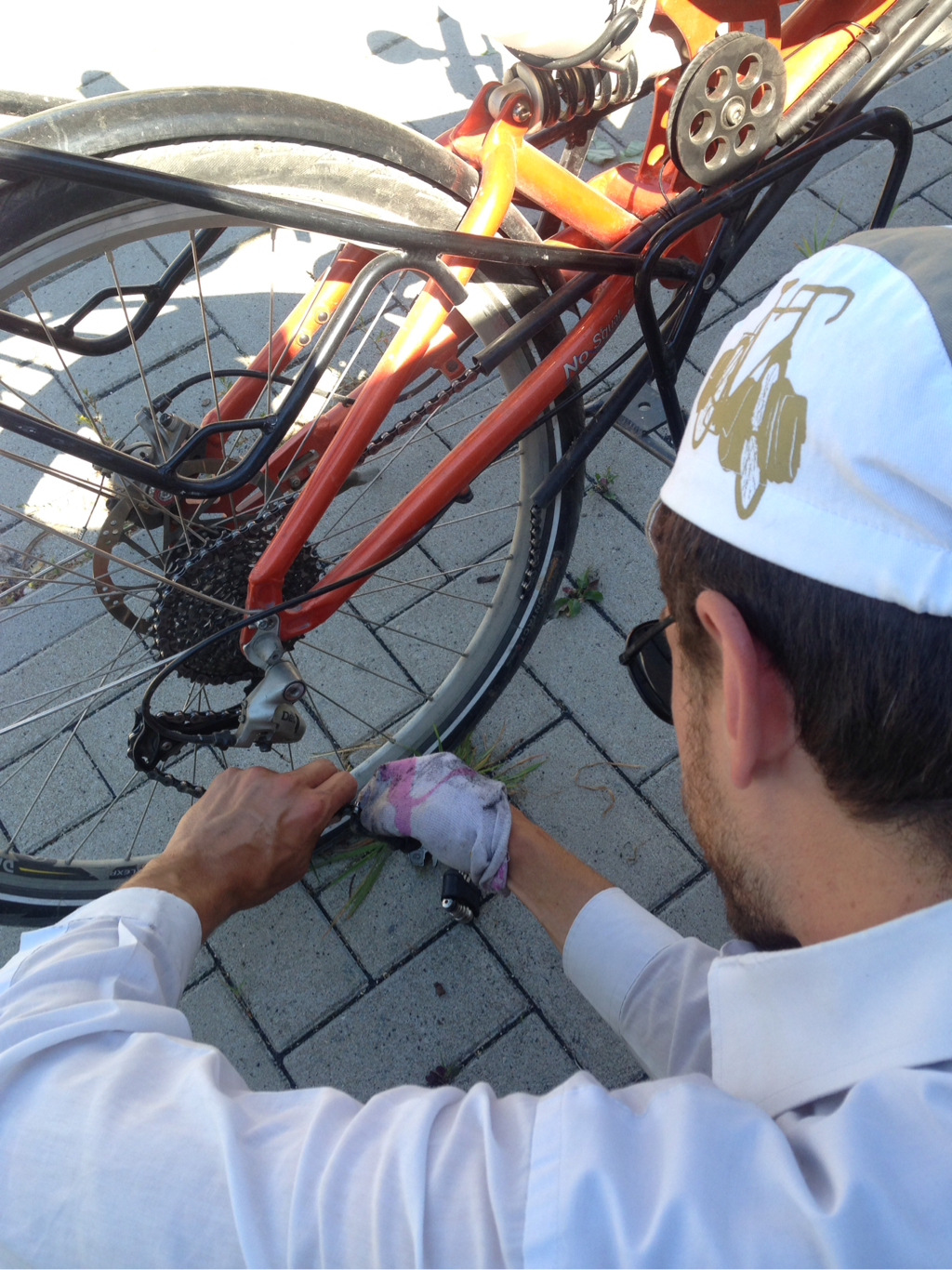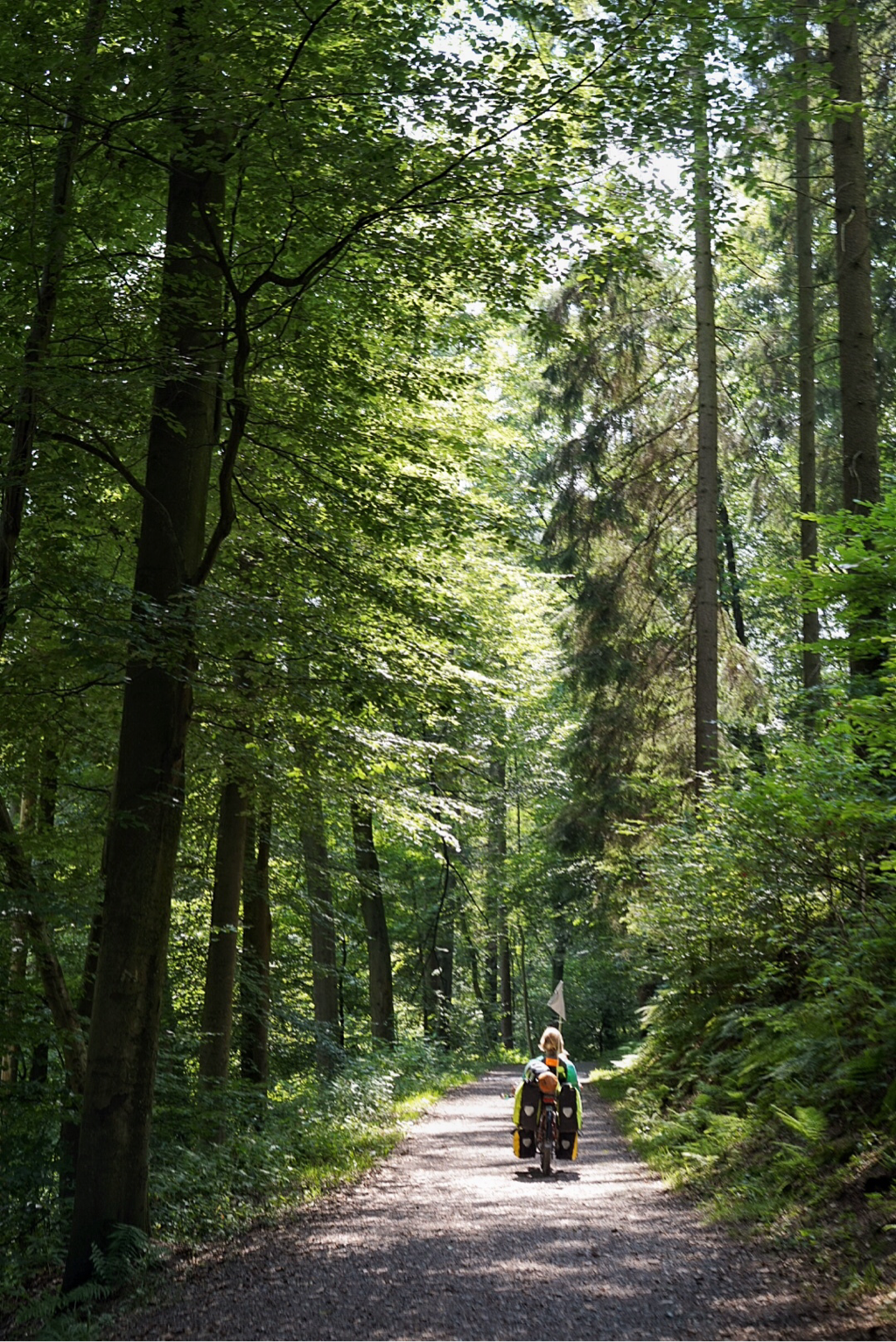"Sleep Walk", by Santo & Johnny, arr. Leo Kottke & Chet Atkins, featuring Paul Doffing on 2 guitars11/13/2022
Ever since I first discovered the Armadillo album around 2007 I've been a huge fan of Leo Kottke. His uniquely aggressive and articulate style of acoustic guitar playing just pulled me in. I've spent a lot of time with his tunes and tried to soak them in. Chet Atkins is the Andrés Segovia of country guitar. I've spent a lot of time trying to learn from his example as well. He makes the difficult look strikingly easy.
These two master guitarists played together for the first time on a A Prarie Home Companion in 1988. Their cover of this unassumingly beautiful and emotive Santo and Johnny tune broke into my heart a few years ago. I've performed this one many times, and I thought it was worth putting some effort into a nice version. Watch now
0 Comments
By Paul Doffing
I’m on a north facing terrace in the Swiss countryside. The sun is shining but it’s not too hot, and cows and sheep are nearby but mostly out of sight - hidden by the hills and trees. If you walk south, away from the Emme, over a few hills you are confronted with a view of the southern alps rising like a wall in the distance. To even arrive here you weave your way through small towns, up and up a small road. For Americans it’s confusing because a road this size in America is called a driveway. But here it is nicely paved and dotted periodically with cattle gates to keep the huge brown and white Swiss Cattle to their normal routes of circulation. The hills here were covered with trees one hundred or so years ago, but they were cut to grow lush green grass for grazing. The grass sits lightly atop a soil of rock and gravel, and rotational grazing keeps it in form. I’m staying at an old school house that has been obtained and repurposed to a multi family dwelling. It is currently home to a handful of wonderful people. Maybe they’d be called “alternative” people by someone, but they’re only different from the rest in the best of ways. There certainly something special in the way they sleep, eat, enjoy conversation, work and laugh. It’s hard to characterize exactly what this special quality is but it’s something uniquely sensible, aware and alive. It’s a sort of openness and honesty. Maybe even selflessness. I’m here as a Workaway guest, along with one other guy from Costa Rica. We’re working primarily on the terrace above the newer half of the building. It’s a wet roof design with gravel and pavers atop a layer of tar paper. The pavers were set in the mid 1990s and have developed a low spot in the middle which causes them to drain ineffectively, making for a big puddle in the middle after each rain. I’m working with the man of the house Theodore. He speaks in high German, the rest of the house in Swiss German, unless they’re talking to me or John, in which case they usually use English. He lives here with his middle and youngest sons who are thirteen and 6 months old respectively. The baby is named Luneo. In five mornings we’ve made good progress on the terrace. We’ve evened out our the low spot and created a new section in the northwest corner where you’ll be able to sit in the sun even in the fall and spring. As we’ve worked we’ve discussed many things but this morning is the last and the conversation is more philosophical than ever. “I believe there is a great collapse of modern civilization coming. That is why I’ve moved here,” Theo tells me. “The interest rates in every major country are now negative, and they never recover. This spells the looming end for confidence based currencies. I’m not an expert in farming, or making terraces, but I am in economics, and the writing is on the wall.” “I’ve been feeling the same way for quite some time,” I reply, “But since the great collapse never seems to happen I’d started to loose hope.” We both laugh. “I am curious though: do you think another great war or some sort of evolution of consciousness will bring about this change?” “Look, there isn’t a square meter of the world that humanity has not touched. We’ve built an inescapable system of debt. Essentially these were the same forces that initiated WorldWar II, and that wasn’t enough to create any real change. Even after that we went back to doing things the same way as before. No, for this there must be the greatest war the world has ever seen. Probably at the end of it there will be less than 500,000,000 people left on earth. These remaining will know that we will never view things so incorrectly again.” -- “How many people can this house house?” I ask Theo. “Probably 10-14,” he replies, “but we’ve had as many as 30 here for workshops.” “Wow, that’s a lot. What kind of workshops do you host?” “We teach polyamory. Actually we’re quite famous for it all around Central Europe. If you come to our workshops you don’t pay anything, but you must bring to things: a “good” offering and an energy offering. Your “good” offering is usually did for a meal. Your energy offering is something you’ll share free of charge- it’s your gift. These gifts are what makeup the workshop. For example, some people come and play piano. Some give messages. Some just listen to others. I believe this is the only way to live harmoniously: by doing everything you do as a gift. Because there is nothing better than giving or receiving gifts.” He paused and smiled while he thought for a minute, then went on: “When I see people in the highway in traffic I know that none of them are there because their heart wants to be there. They are there because they feel that they need to be there, to gain something, to earn something, because they owe it to someone. Hardly one of them is there because they are freely, happily giving them self to someone else.” “Oh that doesn’t look right!” Theo says, stepping back and reviewing our pavers work. “One side looks quite high.” He grabs the level and checks. We’re a full 4 cm too high on the outside. I’m in disbelief. I set the whole thing up, and I was really certain I got it right. Thinking it over for a minute I realize my mistake: I had aligned with the top of my leveling board when I should have aligned with the bottom. I feel awful because we just wasted about two hours of time. “I’m so sorry! I guess I was just too sleepy when I set this up,” I say as I realize my error. To my surprise Theo doesn’t react negatively at all. He doesn’t rub it in my face or even seem at all concerned. “Look, Nietzsche or Carlos Castaneda has a theory: we are all definitely going to die some day, so you should accept your death as if it has already happened, and then you should relax. At least that’s my practice.” “Ok but now what are we going to do with all of the extra sand on the roof? Carry it down? Throw it off by the shovelful? It’s nice and windy,” I say smiling. “I think maybe we’ll make a sandbox up here for Luneo.” I spend so much time deep in the rabbit-hole of indie music, I thought I'd share a few relatively unknown songwriters who I reckon deserve much larger audiences on a Spotify playlist. They'll give you a nice break from Twenty One Pilots and Dawes. ;) Spotify Playlist: Songwriters You Didn't Know You Didn't Know Simon Linsteadt Simon's work in Steep Ravine first got my attention, and only more recently did I get on to his solo work. His new one, The Fool, has been my soundtrack lately, largely due to his immense gifts as a player, and his delicately layered but massively emotive production. Pierre Chrétien He's the primary force behind The Souljazz Orchestra. It's hard to think of a modern songwriter with a better ability to generate a sense of space or atmosphere. I'd start with Rising Sun. Just press play and you'll be transported. Megan Nash Canadian songstress Megan Nash has had a special place in my heart since I first heard her wonderfully passionate and raspy voice belting from a hotel room in Kansas City. Especially good if you're feeling relationship-y type vibes. Probably start with Song Harvest Volume One. Julie Byrne Something special, warm. It'll find its way straight to you. She manages to remind me at times of Leonard Cohen, with her dry delivery, but her voice is significantly more on the angelic side. Try Natural Blue The Cactus Blossoms
Minnesota comrades, awesome songwriters and performers. Get your alt-country fix from these lads. I returned from Standing Rock on Monday evening, after working for 5 days alongside those working to stop the Dakota Access Pipeline (DAPL) from being built through South Dakota. What is going on at Standing Rock is historical and monumental. At Oceti Sakowin Camp (literally Seven Councils fire camp) the Seven tribes of the Great Sioux Nation have lit their sacred fire together for the first time in over 150 years. Thousands of water protectors have gathered from all corners of the globe to oppose DAPL and fight for our rights. We must support Standing Rock. I’ve tried to carefully boil down the reasons in this post.
On my final morning at Standing Rock, I stood on a vacant roadway, looking down onto the Highway 1806 bridge over Cantapeta Creek as it winds its final few thousand feet to the Missouri River. I stood shivering with a Navajo man, who was a Christian minister, and a scholar named Mark Charles, speaking about the Doctrine of Discovery while we looked over the plains. In front of us on the bridge were two ancient, large army supply trucks - wedged into position on the bridge and burned to the ground to stop the police advance. On the opposing slope we could see the police watching us through binoculars, their vehicles, and the police snipers watching us through their scopes. A surveillance plane still circled. In fact, it had circled almost non-stop, day and night, for the past two days, even though the area was supposed to be closed airspace. Standing on that road, and being in the camp for 5 days made a deep and significant impression on me. I noticed that this fight is the intersection of many concurrent and inter-related struggles, which I’ll try to explain as briefly as possible, and in no particular order. First, there is the environmental component. This pipeline carries fracked oil from the Bakken shale. Though fracking (the process of injecting high pressure liquid into rocks to extract oil or gas) creates a good handful of jobs for a few years, it destroys water and land, and once the fracked oil/gas is purified and burned, releases CO2 into our atmosphere, further accelerating the greenhouse effect. Utilizing this oil also helps to keep us totally addicted to fossil fuels and delays our investment in alternatives. Second, there is the 1st Amendment component… you know the part about “the right of the people peaceably to assemble, and to petition the government for a redress of grievances.” Particularly in the age of Citizen’s United, when corporations are giving unlimited amounts of money to our politicians, we need to be able to assemble. We cannot allow the degradation of our constitutional rights. We should be particularly sensitive to what might look like a police force backing up a private company. And yet, and yet… Throughout this struggle the state of North Dakota has showed us just how comfortable they are with denying us our right to assemble and speak freely. They have shot rubber bullets from a grenade launcher at a member of the press and hit her while she was reporting on camera. You can watch it here. And you can watch the aftermath here. They have maced and shot protesters demonstrating in the public space with rubber bullets at point blank range. Rubber bullets are considered non-lethal at range, but not point blank. You can watch. Luckily they’ve only broken ribs and left people of all ages sputtering and coughing up blood. They even arrested a group of clergy at the State Capitol who were seeking a meeting with the governor, and then dispersed the crowd gathered outside with riot police. I watched on Facebook live. And I know this fight isn’t necessarily in your backyard, so ask yourself: when your government decides to let an oil company dig up your ancestors’ graves to build a pipeline for their profit and you show up at your representative’s office to protest, will you be happy if they simply arrest you? What if you somehow manage to show up peacefully, unarmed even after they’ve already unearthed and destroyed your ancestor’s grave? Do you want the welcoming committee to be riot police? How does that prospect sound to you? Thirdly, there is the eminent domain component. This issue is deeply involved with this pipeline because, unlike gas lines for household use, or our highway system, or our electrical grid - the common uses of eminent domain - this pipeline is being built to carry oil owned by a private company that can and will be exported and sold abroad. And when it is shipped away, it will be sold for the profit of a privately-owned company. Does that sound like re-appropriation of land “for ends of public utility”? Fourthly, there is the Human Rights issue. The fundamental assumption of Human Rights is that each person is a moral and rational being who deserves to be treated with dignity. The state of North Dakota has consistently failed to treat those protesting the pipeline in this manner, which is why observers from Amnesty International and the United Nations are now stationed at the protest site. Fifthly, and very significantly, there is the indigenous rights issue. We white men arrived on a continent that was not ours, took it by force, massacred, murdered, raped and ultimately deported and quarantined the native inhabitants of this land. We called them “merciless Indian Savages” in our Declaration of Independence. We blocked them from becoming citizens, we put them in camps and we attempted to re-educate them. How can we rectify these actions? Do we really think we have? Do you think there would be hundreds of police, snipers, armored vehicles and a 24/7 air campaign going on in North Dakota if we really thought we had? Sixthly, there is the Prophecy of the Seventh Generation. According to this prophecy, seven generations after contact with the Europeans the Onkwehonwe (original or native people) would see the day when the trees would die from the tops down, strange animals would be born deformed, the rivers would burn. Man would grow ashamed of the way that he had treated his mother and provider, the earth. According to this prophecy, after seven generations of living in close contact with the Europeans, the Onkwehonwe would rise up and demand that their rights and stewardship over the earth be respected and restored. To be honest, I’ve never been much into prophecies, but this is a major reason that some people are at Standing Rock. According to what I heard, the seventh generation that the prophecy speaks of is now between 30 and 50 years old. As I laid listening the pounding of the drum and the wild and simple honesty of the natives’ songs as I fell asleep each night, I knew very profoundly that, powerful though we modern men may think we are, we ought to take the example of native culture and community very seriously. Great respect and obedience to elders. Maintaining ancient traditions. Holding our connection to our Mother Earth as sacred. Our Mother Earth. I don’t want to be called an environmentalist. I don’t want to be called an activist. I’m a child. We are the fortunate children of a beautiful, powerful, magnificent mother. She has given us everything we need and more, but we’re jabbing spears into her and watching her blood run out. We must learn to respect and care for our mother. This is a common native perspective, but also obviously a perspective that every creature on the planet must share. This is our fight. Each and every one of us. As we progress forward as a race, we can see clearly two ways of being. We can live out of love and compassion, we can hope for peace and strive for unity, or we can live out of pain, greed, denial, intolerance and insecurity. We can stop climate change and protect our mother, but in order to stop climate change we must care for each other and this planet and change how we ourselves are acting. We are the ones pumping this gas into our tanks. When we change our own decisions, when we move closer to where we work or utilize alternative transportation, when we change our diet to reduce it’s impact, when we are ready to be arrested or harmed to protect our water, we invest in the future of our race, we invest in the well-being of our grandchildren and the future of our planet. By making these decisions we maintain that the power of love is stronger than the power of hate, and, in doing so, we become a global community. It was hard to leave, because I felt more at home at Standing Rock than any place I’ve been before. I was deeply touched by the love that is so obvious there, and I hope my post has shared that love with you. #noDAPL #waterislife #mniwiconi We've reached the conclusion of a truly epic ride around Europe on Freedom From Fuel Tour 2016. We pedaled more than 3,500 kilometers to 23 concerts in 6 countries over the course of 90 days. I want to extend my gratitude to everyone who supported us along the way.
Somewhere on a road in Belgium, during the final weeks in Europe, I reached kilometer 20,000 on this ride. Passing the 20,000 km threshold means my bicycle has taken me half the distance of the circumference of the planet earth since 2012. The world seems both more remarkable and smaller than ever, and I'm thrilled to say I'm going to keep going. Yesterday someone asked me what my definition of adventure was and I replied, "Not having control of what's going on and not knowing how things will work out." "Why is not knowing important?" "Because we're all searching for security in it's many forms, but the type of control we often think we find is really a lie. Life is out of our control, and we have to deal with that. So, adventure keeps us awake to the true nature of life." Or something like that. On the trip this year a thought crossed my mind a few times, and the thought went something like this, "If I had to die today: if I got hit by a car or some terrible thing I would want my friends to know: I'm totally content. I'm following my dreams and I'm doing what I love. I don't want people to mourn me if I die. The world is my home, and the people in it are my friends, so if I die, I die at home, with friends." Or something like that. So, let's live this adventure of life my friends. Let's live out of freedom and compassion and not be afraid. We're back in the States! And we have been for 2 weeks. It takes some time after a trip like this to get around to the final post. I think it's partly because after you make the final post, it feels like it's actually over. We had such an amazing time- experiencing so much new, meeting people we'll always remember, trying to document and explain what we were experiencing- we didn't want it to end. So we don't want to admit there will be a final post. Our solution? This isn't the final post. As we work our way through the 7,000 pictures and videos we took over the last 3 months, finding gems we overlooked when we were without a computer to sort through the pictures, we'll keep posting and telling stories about our journey. Canals- flat, beautiful, traffic-free. We love canals. They were once used for shipping goods, but are now almost exclusively used for recreation boats. During the one week we spent in Paris, we visited The Louvre, saw the Eiffel Tower, took the user-friendly and inexpensive subway system all around the city, walked up to the Sacre Coeur, hung out with our most wonderful bike tourist hosts, found (and ate) gluten-free crepes... We were glad to have a full week off the bikes to explore the city and relax. We stayed with Warm Showers hosts in France who own an organic dairy farm. They told us (in French, Jen translating) that after an incredibly wet spring, they past couple months had been very dry. So dry that they had to start feeding their cows, who usually spend the day on pasture eating grass, the hay they'd put up for the winter. Well, we spent the next few days in rain gear. Which we didn't mind because we knew our hosts, and their cows, were happy. Upon arriving at the ocean on the coast of France, we just had to chest bump. One of our favorite places to "stealth camp" is right on a bike trail. Although there's inevitably a 6am rider who bikes past before we've taken the tent down. This Liegeradfuzzi (German for "recumbent bike freak") loves his coffee. T-shirt courtesy of the wonderful folks at HP Velotechnik, the company that makes our recumbents. After a cold, wet day, we biked into a town with 5 campgrounds. At the first one, a teenage boy told us (in French, Jen translating) that the owner wasn't there, so we wouldn't be able to get a shower key. But he told us about a little cafe in town. After being turned away from another campground that only does event camping, we finally found this gem. They guy running the campground/cafe welcomed us in, sopping wet, and helped build a fire in the fireplace just for us to get warm and dry. They were incredibly welcoming and generous, even letting us cook our dinner in their kitchen! More than we could have expected biking into this small French town. Sometimes you really need to stop and make a mid-day cup of coffee. Kids love recumbents. It's true in the U.S. It's true in France. I'm beginning to think it's true everywhere. Maybe we should get sponsored by a coffee company next time...
We've come a long way since our last post! We've traveled through Switzerland, up the Rhine past Basel and through Freiburg. I had several nice shows in Freiburg,Germany with Anti-Atom Freiburg, in Strasbourg, France with a bike organization called Bretz'selle, and in Cologne at Climate Camp. Yesterday we arrived in Paris, happy to have a few days off the bike to see the city and catch up on blogging and other things. We mostly want to share pictures from the past few weeks with you, and one short story: The noticeable increase in the frequency of simple serendipity is one of the many joys of spending some time traveling by bicycle. One reason for this increase is probably that on a bike trip you simply spend a great deal more time in the common space. Last week we were making dinner and preparing to campout in a city park in a small French village. When there are no campgrounds in the area, and no hosts available through any of the normal channels, we're comfortable with pitching our tent off the beaten path. However, just as our lentils and rice began to boil, a lady pulled up in a car, said hello, and, after a brief word with her husband, invited to spend the night in their guest room. We had a great breakfast, got to take a shower, they gave us a tour of their inherited collection of vintage carriages and wood-fired bread over, and Jen got a lot of French practice. I mostly smiled and nodded and wished I knew more French, as Jen managed to translate as much as she could. Unplanned and unexpected, we had a remarkable time and made new friends. Many thanks to these great folks, and others who are willing to stop and say hello to the odd folks making dinner in the park! A receptive audience. Also- did you know that baby swans are light gray little fluffs? Quite cute. Lots of swans inhabit the French canals we've biked along. We took a speedy kilometer, keeping up with the pack until they turned. It's not very often we get to bike with this many people! A misty morning after a rainy day- in Switzerland, between Zurich and Winterthur. We were staying with a kind individual who we met at a show the previous night in Zurich. We constantly remind ourselves how lucky we are to meet so many great people on this trip- and we hope to never take it for granted! Easy to find potable water in Switzerland- most towns have at least one fountain constantly running, smack dab in the middle of the town! It was often hard to find a place to fill up our water bottles in Germany- no fountains, no public restrooms, and to use the restroom even at most grocery stores was a bit of a process that included asking a not-too-busy clerk to unlock a door or guide you on a long walk down stairs, around boxes, etc. Probably wouldn't have noticed this difference if we weren't on a bike tour... We camped at a CSA-type farm outside of Freiburg, Germany. Our good friends in Iowa, Elke and Davide, used to be a part of this farm when they lived in Freiburg and told us we should stop by and see it! It was so nice to visit and help for a couple hours the next morning picking tomatoes in one of their high tunnels. It's true: I (heart) velo. Imagine a birthday party, a city-wide celebration, a concert, and a group bicycle ride all rolled into one fun day in Bern, Switzerland. Oh, and of course a ton of very friendly cycle enthusiasts! ProVelo Bern made our stay in Bern spectacular. Thank you! Played at KlimaCamp near Cologne, Germany. Many people, even locally, don't realize that they are literally bulldozing small historic German towns to dig massive coal mines. Thousands of people are being displaced, people who feel powerless against this huge politically entrenched but dying industry. It was good to share a few songs with this standing and being arrested in solidarity with the local population. We stayed with a wonderful family at an intentional community in Bern, Switzerland. The residents are not allowed to have a car, so there are two huge underground bike garages filled with all sorts of types of bikes, including cargo bikes and trailers to bring kids along on errands or to school. It seems that most castles have moved to Europe on account of the high standard of living. Above and below- canals in France. Such a nice, flat, quiet way to travel through the French countryside. A lot of people fishing, with amazingly long fishing poles. Jen's face says it all. We're still not sure about this one... "Oh, no. That's not a cathedral. That's just a church." Turns out the cathedral is 1 km away.
Okodorf Sennruti, a beautiful and welcoming EcoVillage in Degersheim, Switzerland Our first few views of that Alps. Lake Constance (Bodensee) at sunset- our one evening in Austria In Switzerland with groceries from the Netherlands, Germany and Austria. Well-traveled food! A view from St. Peter's Church in Munich
We've been cruising the German countryside for a couple of weeks now; long enough that many of the little things no longer catch us by surprise. The bike routes are semi-intuitive here and, though not as totally straightforward and thorough as in the Netherlands, the routes are consistent and signed well enough that it's easy to make a nice route of bike paths and low traffic roads. The little villages are very evenly spaced, and still have a lively feel that has been all but lost in the rural farm country of the United States. We've learned that this is partially due to government programs specifically focused on making it financially feasible to live and work in rural communities in Germany. How strange and wonderful it is to bike through vibrant little rural villages with well-maintained structures and solar roofs. So very dissimilar to the delapidated rural scenes of the midwestern U.S. we've pedaled through over the past few years. We had the rare honor of being found on the road by a local near Hochdorf a few days ago. We were shopping for groceries and looking, without much luck, for a place to stay or camp in the area, when a fellow named Markus rode up and asked us about our bikes. We had a nice conversation, and afterward he invited us to stay with he and his wife for the evening. We had a glorious dinner, and they took us to one of their favorite places to watch the sunset from a sub-alpine foothill. The views were magical. Since Paul's first bike tour in 2012 his IT bands have caused some trouble, and stretching, rolling, icing and resting them usually becomes necessary at some point during each trip. Luckily, the issues have been manageable so far on this trip, and we've been able to make good progress even despite some small leg-related delays. Google maps and Open Street maps are generally quite good, but sometimes a "road" looks something like this. :) The Donau (Danube) through the rails.
We've been busy since we biked into Germany a few weeks ago- visiting some good friends in Dortmund, biking to 7 shows, meeting some amazing folks from all around the world, and learning some great German words like 'genau', which means 'exactly' and is used liberally in conversation, and 'bitte', which is possibly the most versitile word. 'Bitte' can mean 'please', 'pardon?', 'you're welcome', 'here you go', or even 'may I help you?' depending on the context... so when in doubt, just say 'bitte'. Today, we're taking a rest day in Ludwigsburg and catching up on some things like blogging while we have access to a computer. Which leads me to a sad piece of news: we found out at an apple store in Cologne that our laptop is toast. Soggy, Amsterdam-canal-water-corroded toast. So for now we're relying heavily on Paul's phone and the kindness of hosts to let us use their computer for things like GPS routing and blog posting. Okay, I know you only really care about the pictures... so here they are! Having wide tires and suspension makes the dirt and gravel roads a nice option over roads with heavy traffic. Lots of farm land here with secondary roads running between fields. There is a spectacular amount of grape production here, and a lot of what we've seen is on incredibly steep slopes. We biked along the Rhine River most of the way from Cologne to Mannheim, and there were rows and rows of grapes everywhere. This particular vineyard had rock terraces contructed on the hillslope, along with rock staircases so the workers could climb all the way to the top. I can't quite believe someone hauled that many rocks up such a steep slope! Rhine River valley. Note the rows of grapes perched on the steep slope. We had an awesome visit to SoLaWi Stopperich. We shared a delicious potluck feast, Paul shared his music and stories of bike touring with the help of a very kind translator, took a tour of the farm, and let people test ride our bikes! SoLaWi is the German equivalent to a CSA in the US, hoewver, in Germany a lot of SoLaWis are started by a group of people in a community that look for or hire a farmer, as opposed to in the US where most CSAs are started by farmers who look for CSA members. We loved meeting the kind and generous people who support community agriculture! Paul played at another farm a few days later at SoLaWi Rhein-Neckar. Again, a great group of people and a lovely setting for a Freedom From Fuel Tour show. I spy with my little eye... Paul Doffing in Mannheim, Germany. Visiting HP Velotechnik, the company that makes our amazing Street Machine recumbents, was a definite highlight of the trip. Heiko, the happy German in the above picture, handles their online media. He showed us all around their building, orchestrated the show Paul played at their lunchtime BBQ, set us up with some 'Liegradfuzzi' (recumbent bike freak) t-shirts, fixed a few parts on our bikes and so much more. Huge thanks to all the folks at HP Velotechnik for their time and support! Construction for the Cologne Cathedral began in 1248 and finished in 1880 A newly constructed bike trail in Wuppertal was the perfect way to enter the city with no stress and lots of great views. Wuppertal was an awesome place- we took the Schwebabahn, a suspended train in Wuppertal that Paul was giddy about, to a show that our hosts set up just two days in advance at a really cool Cafe that upcycles furniture. Kulturcafe Lictung in Cologne Woopah! Our first mechanical issue of the tour- my chain snapped. Luckily I always tour with plenty of tools, and a bike mechanic :)
|

